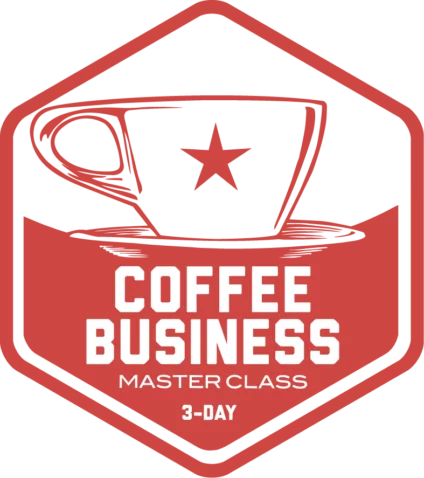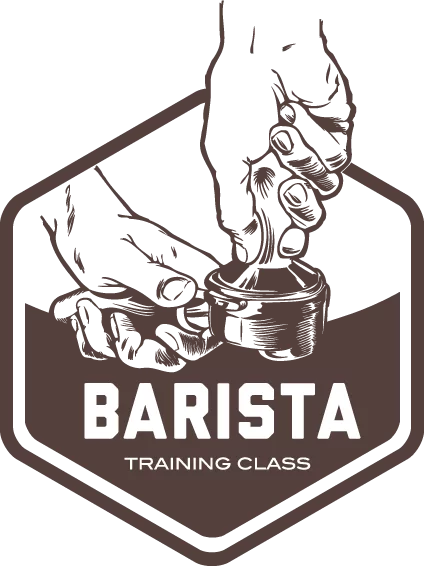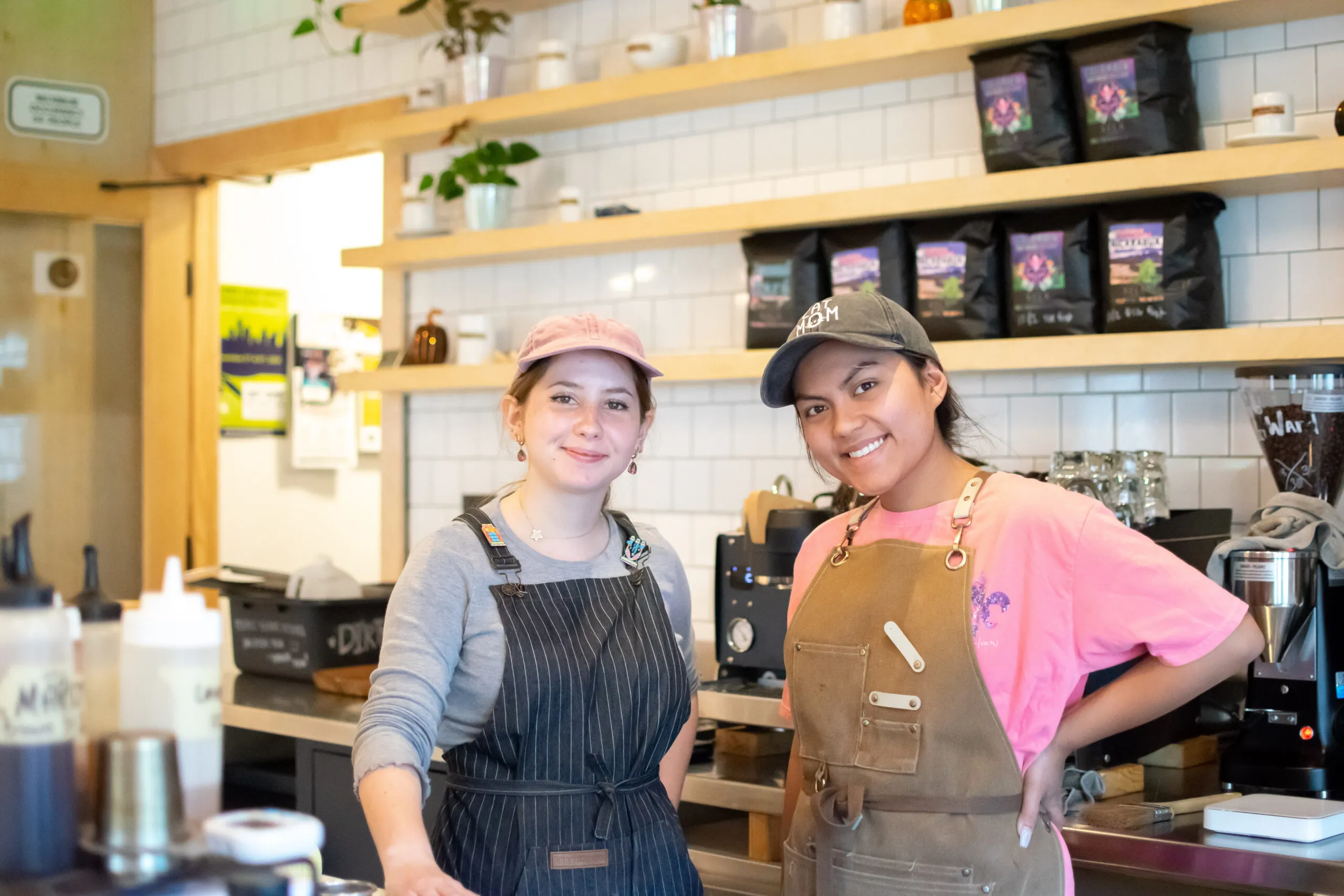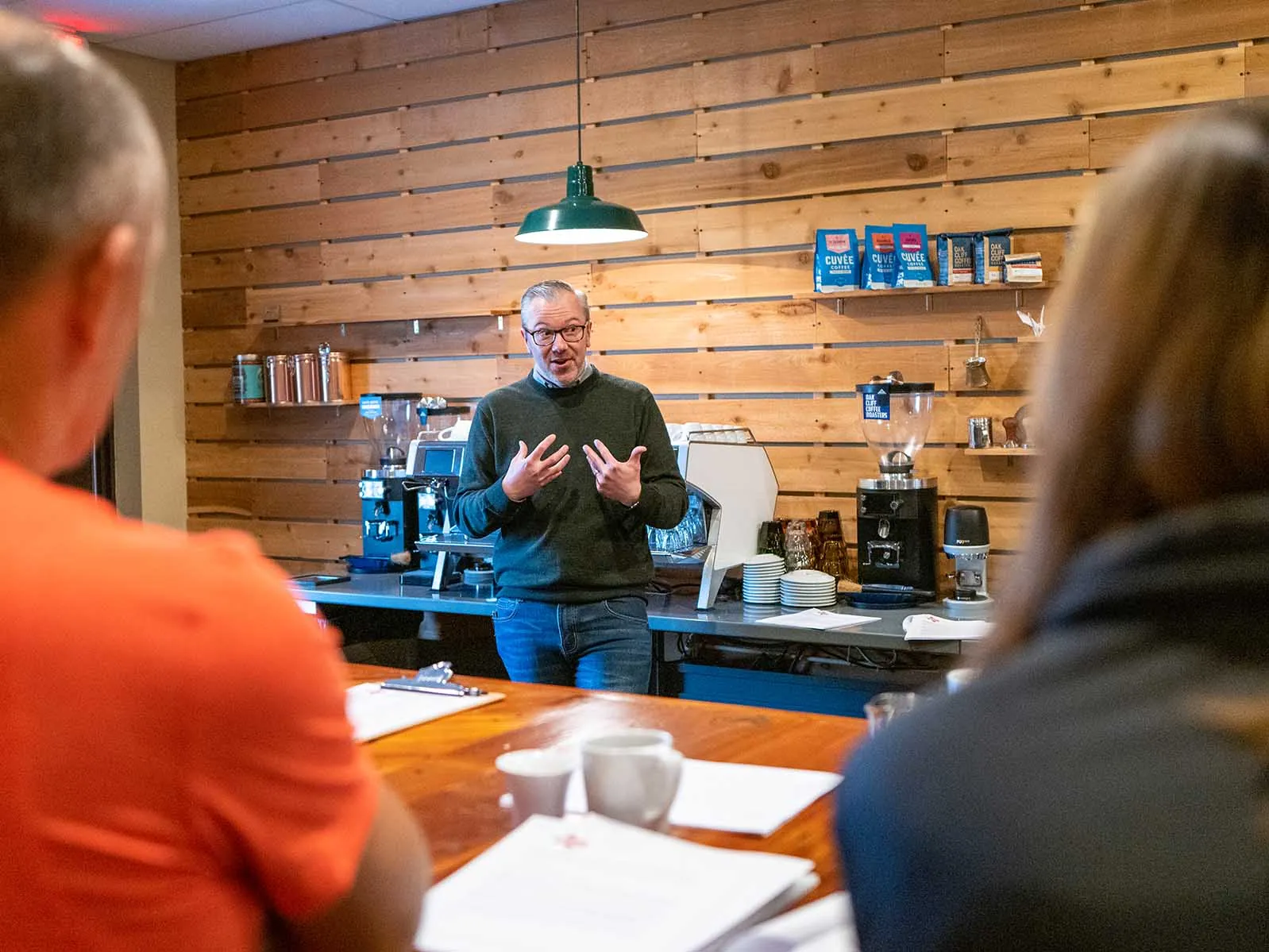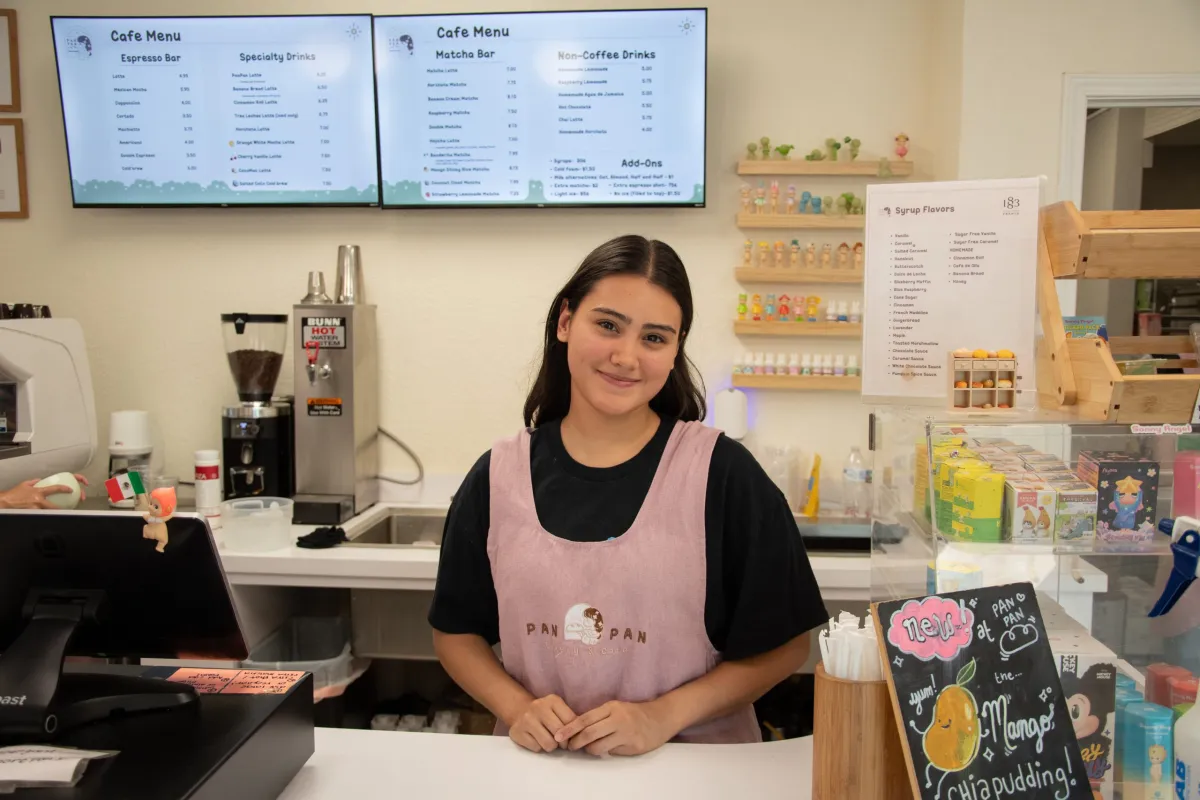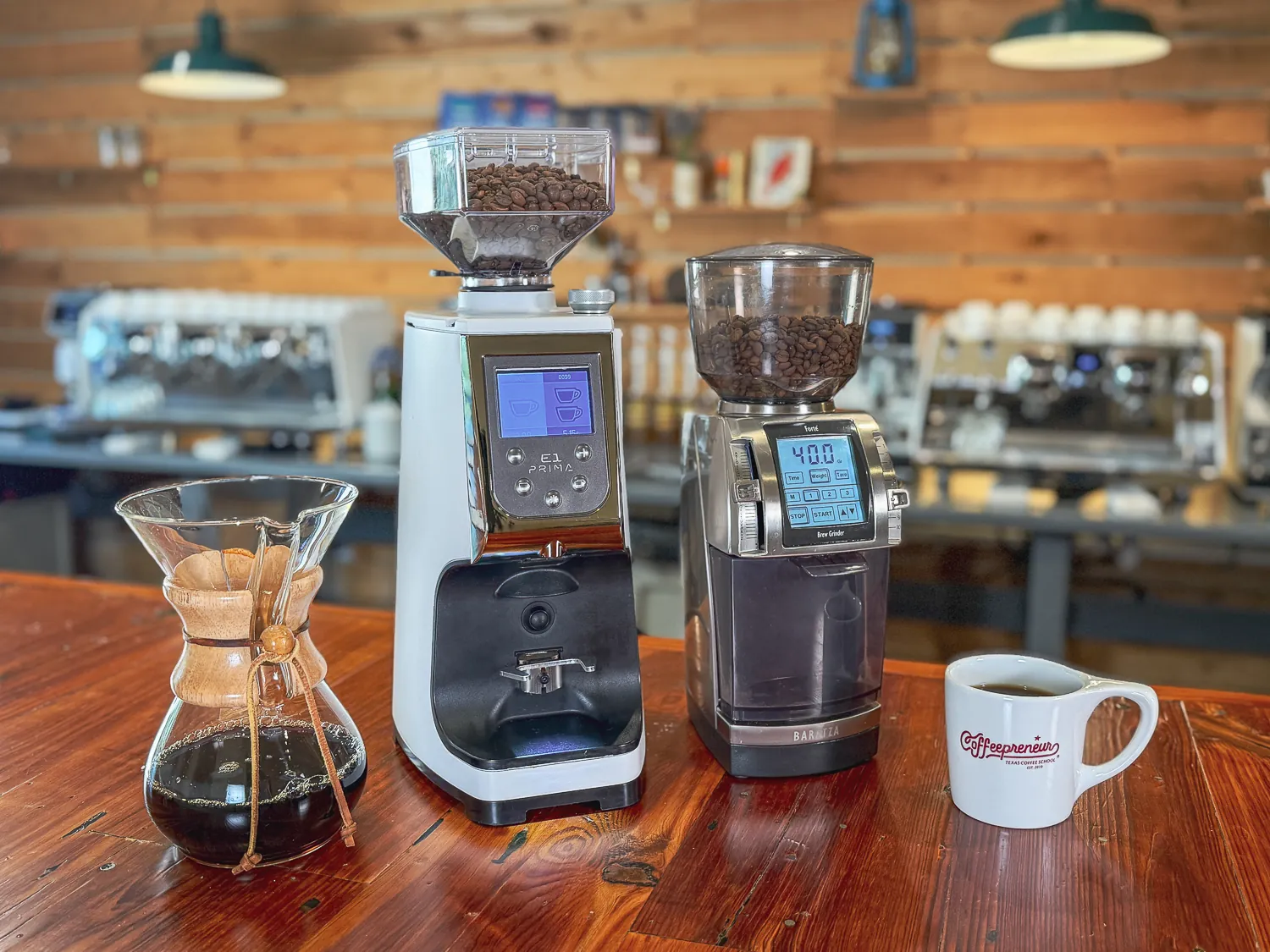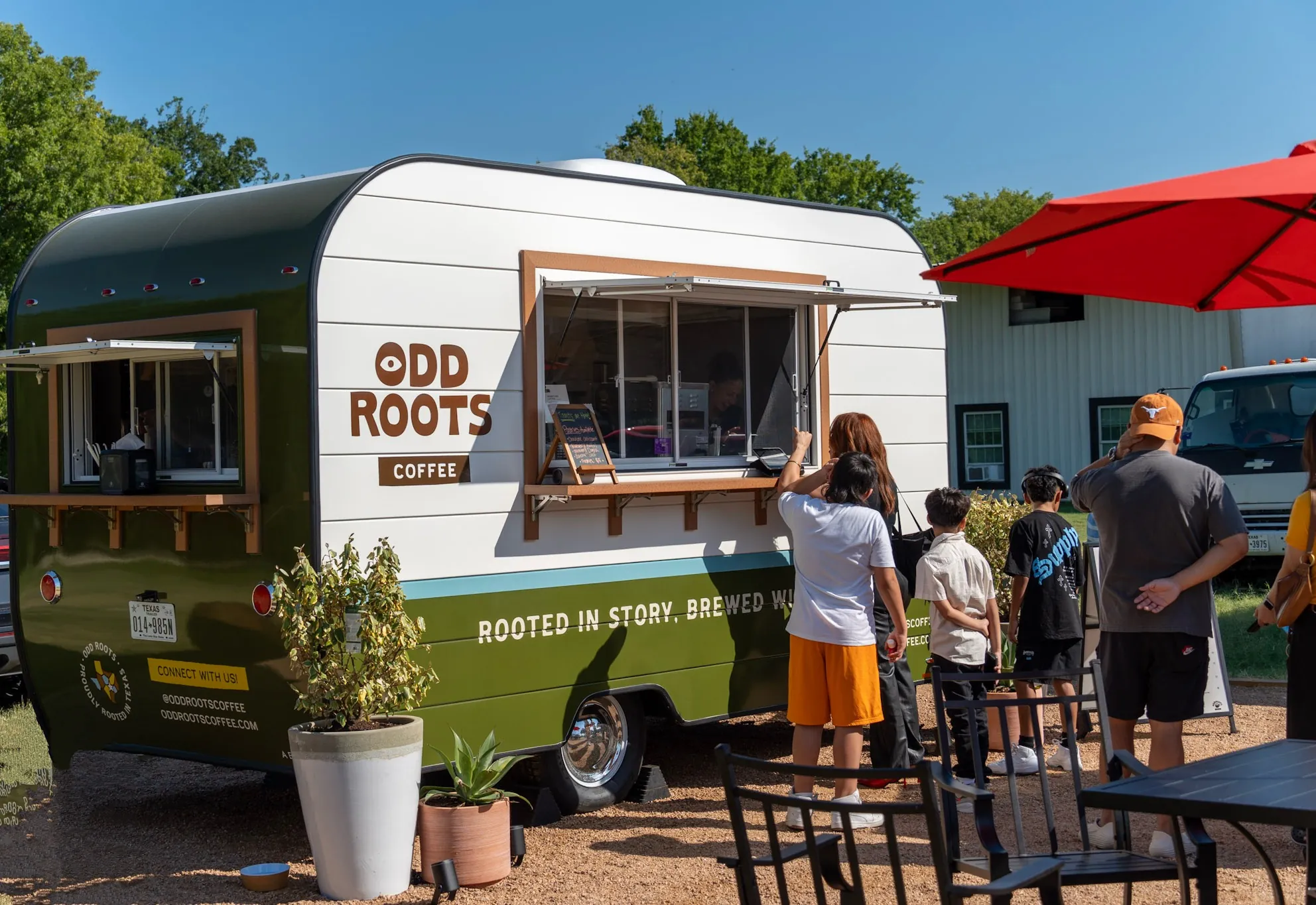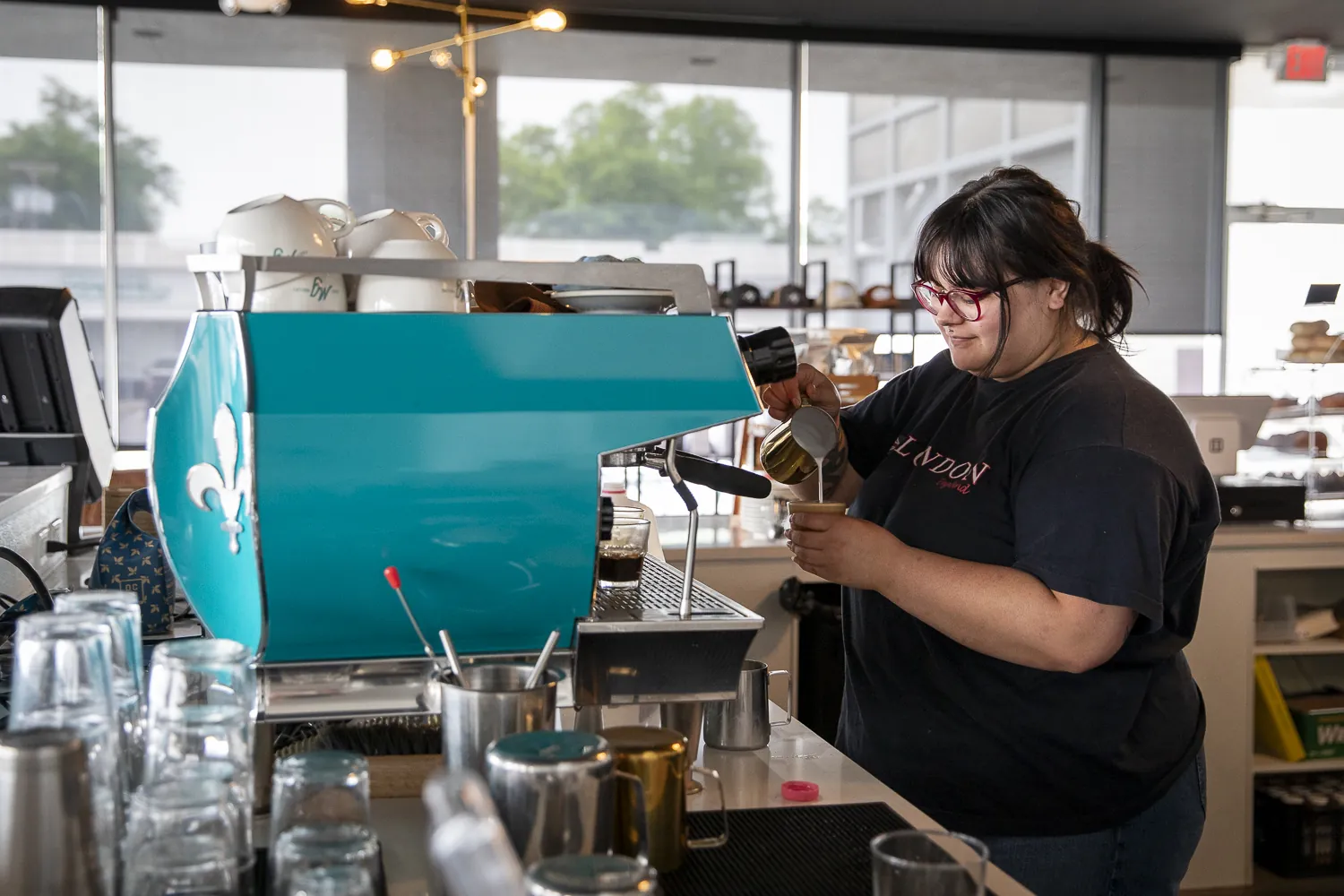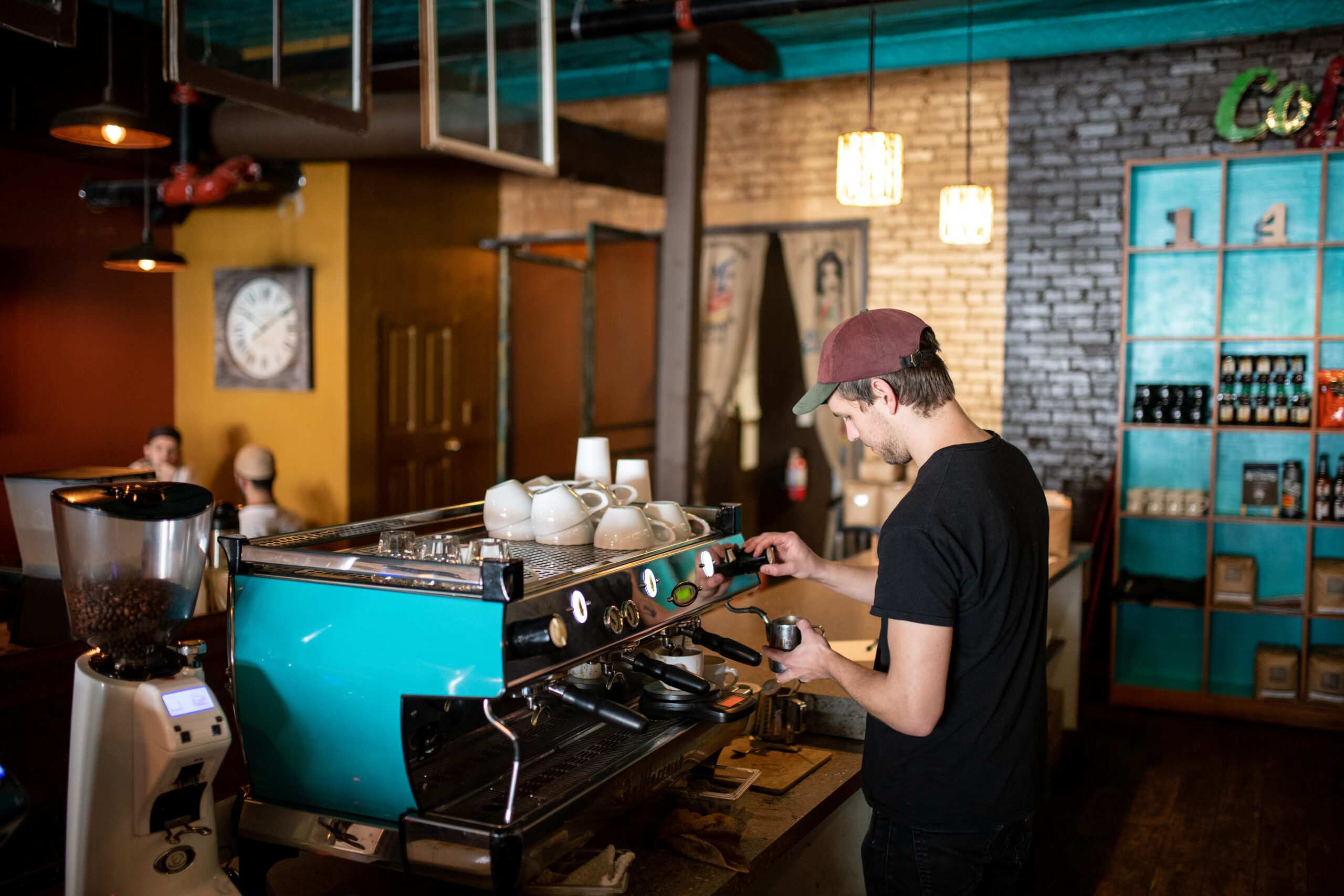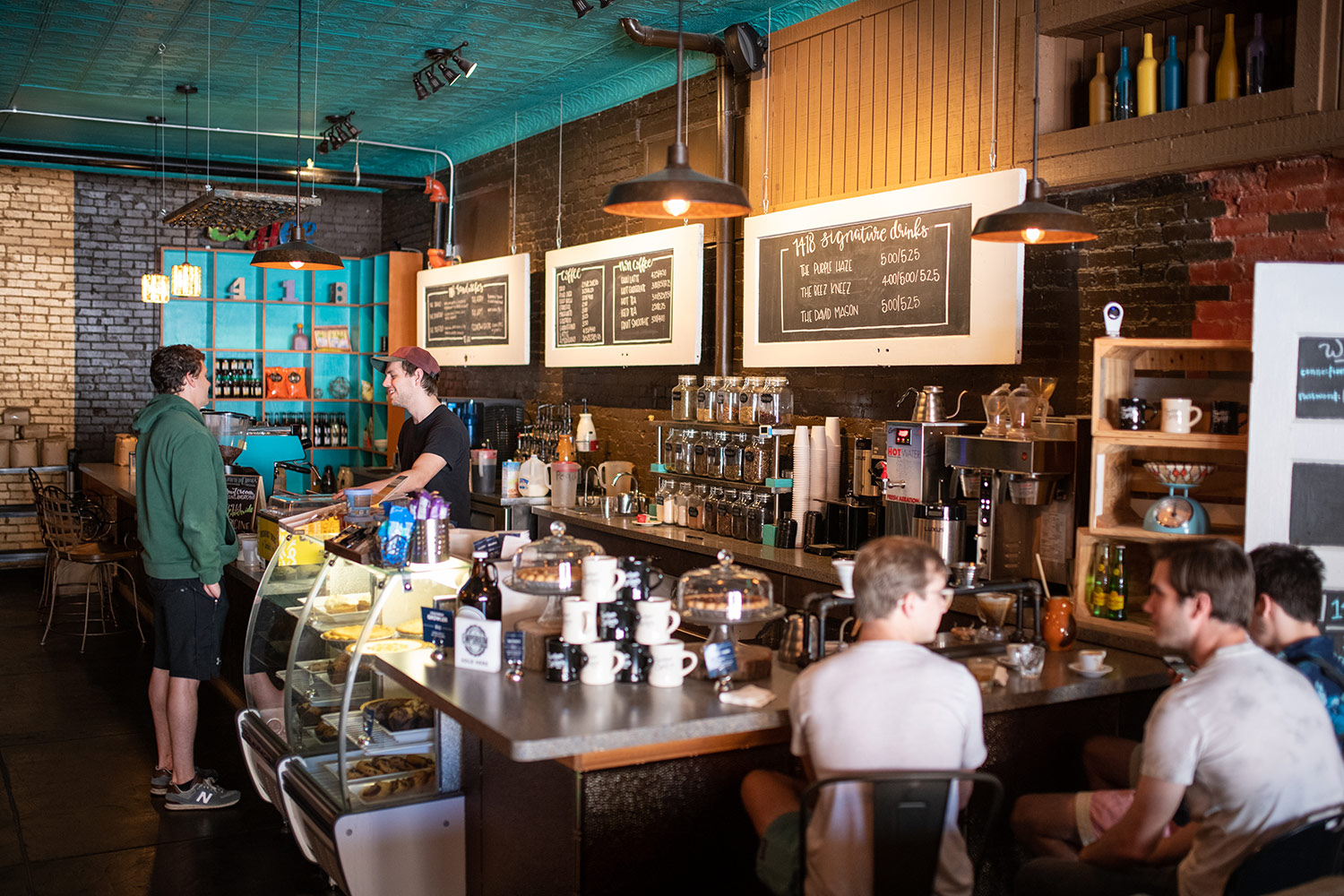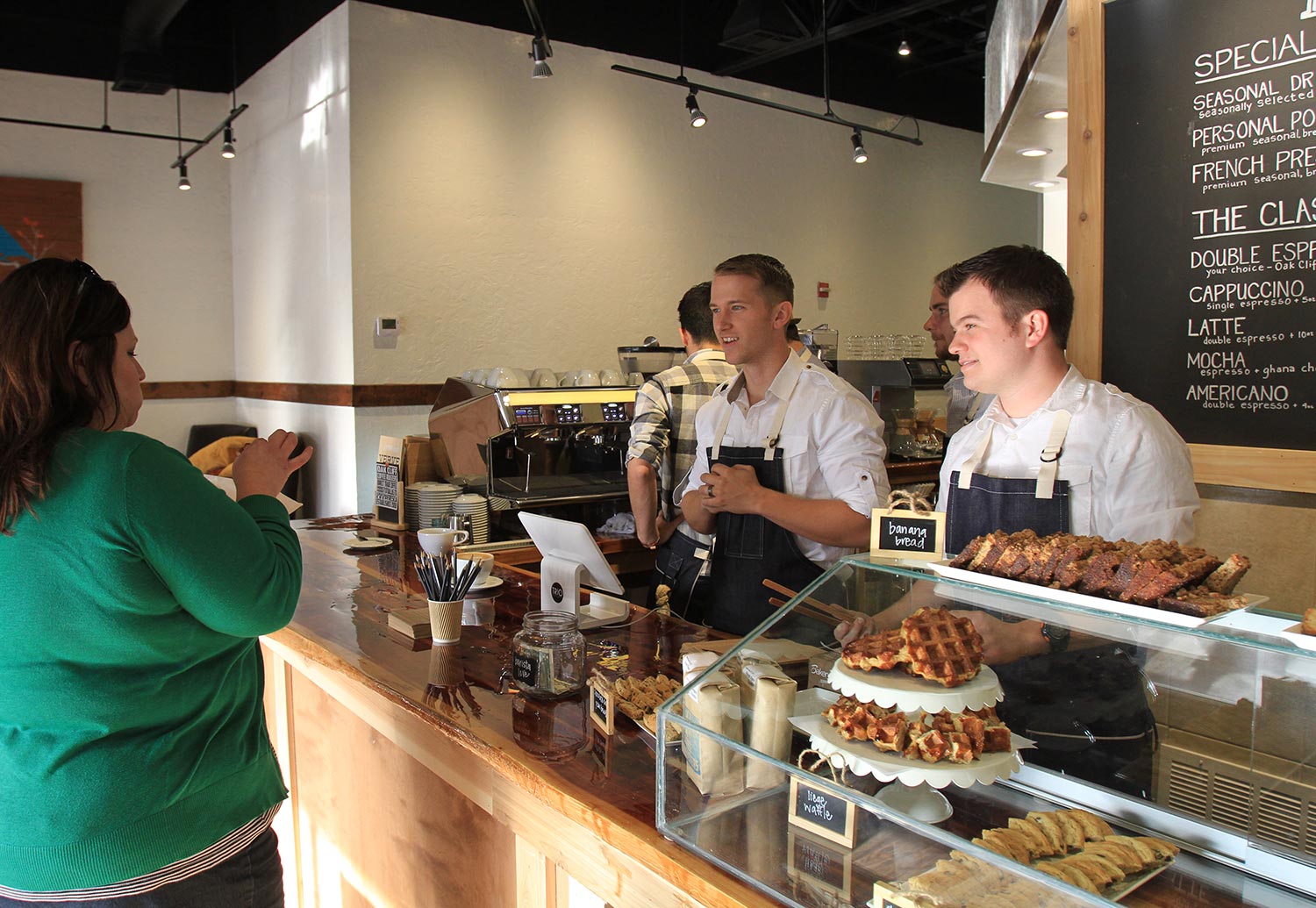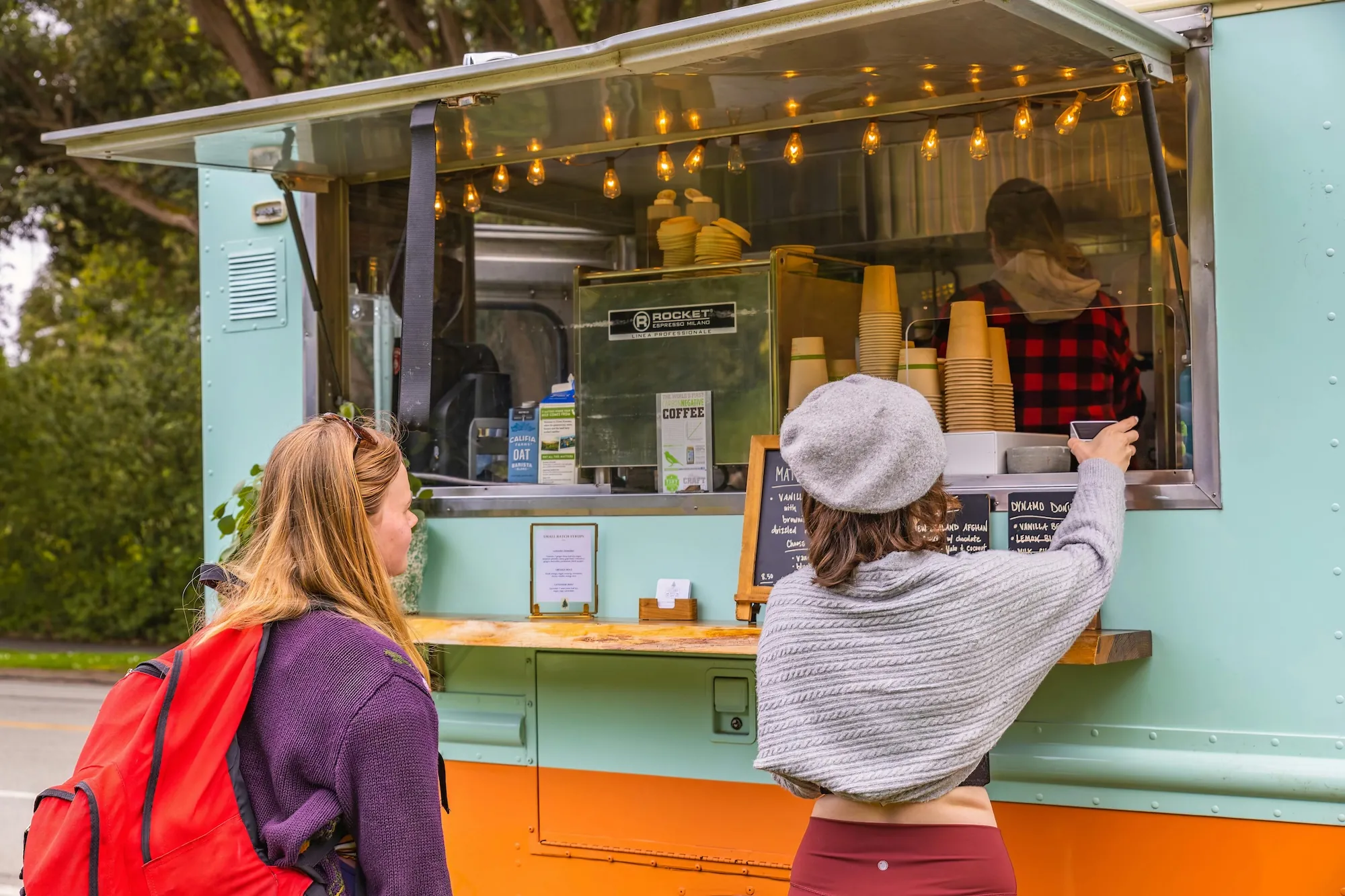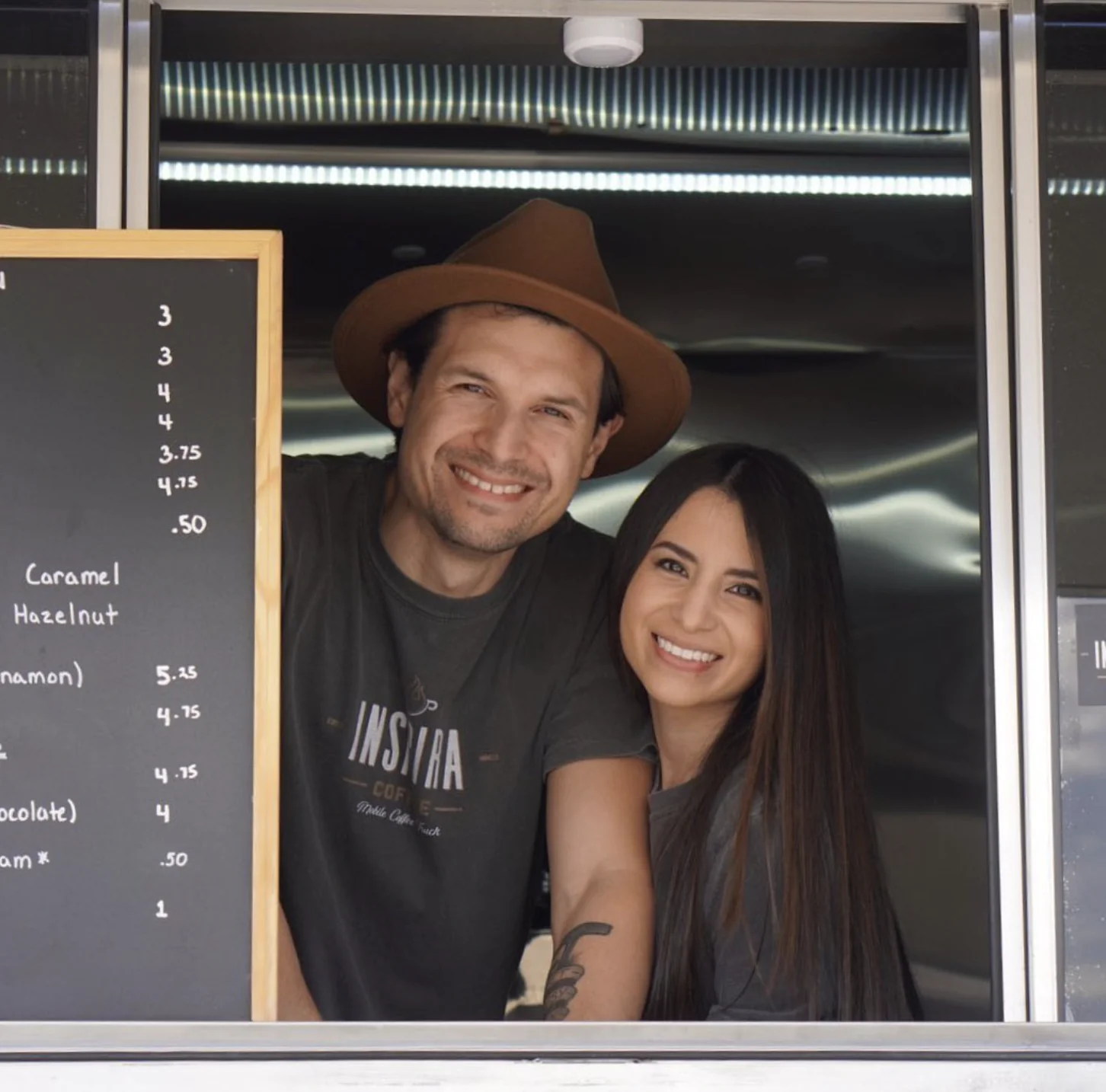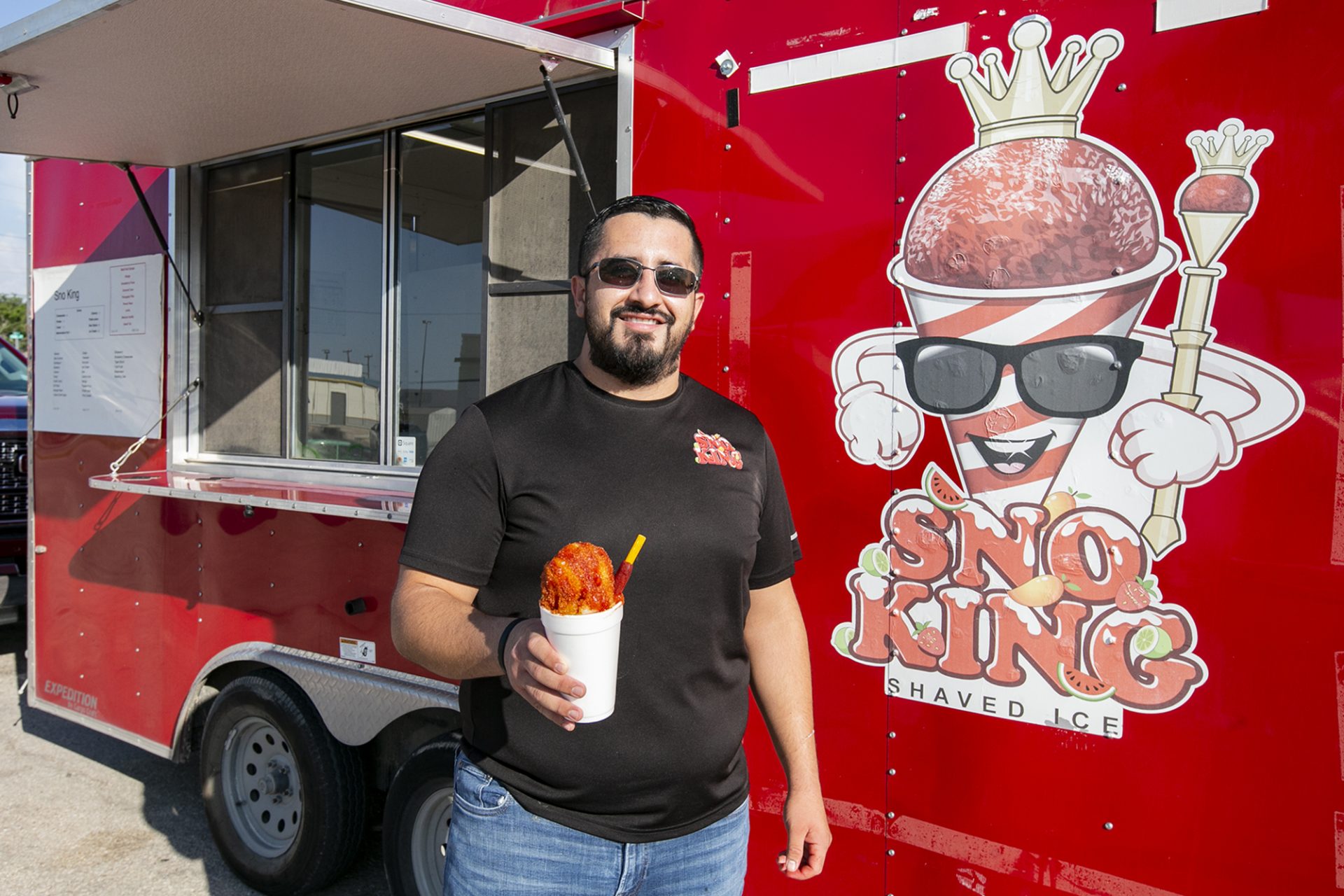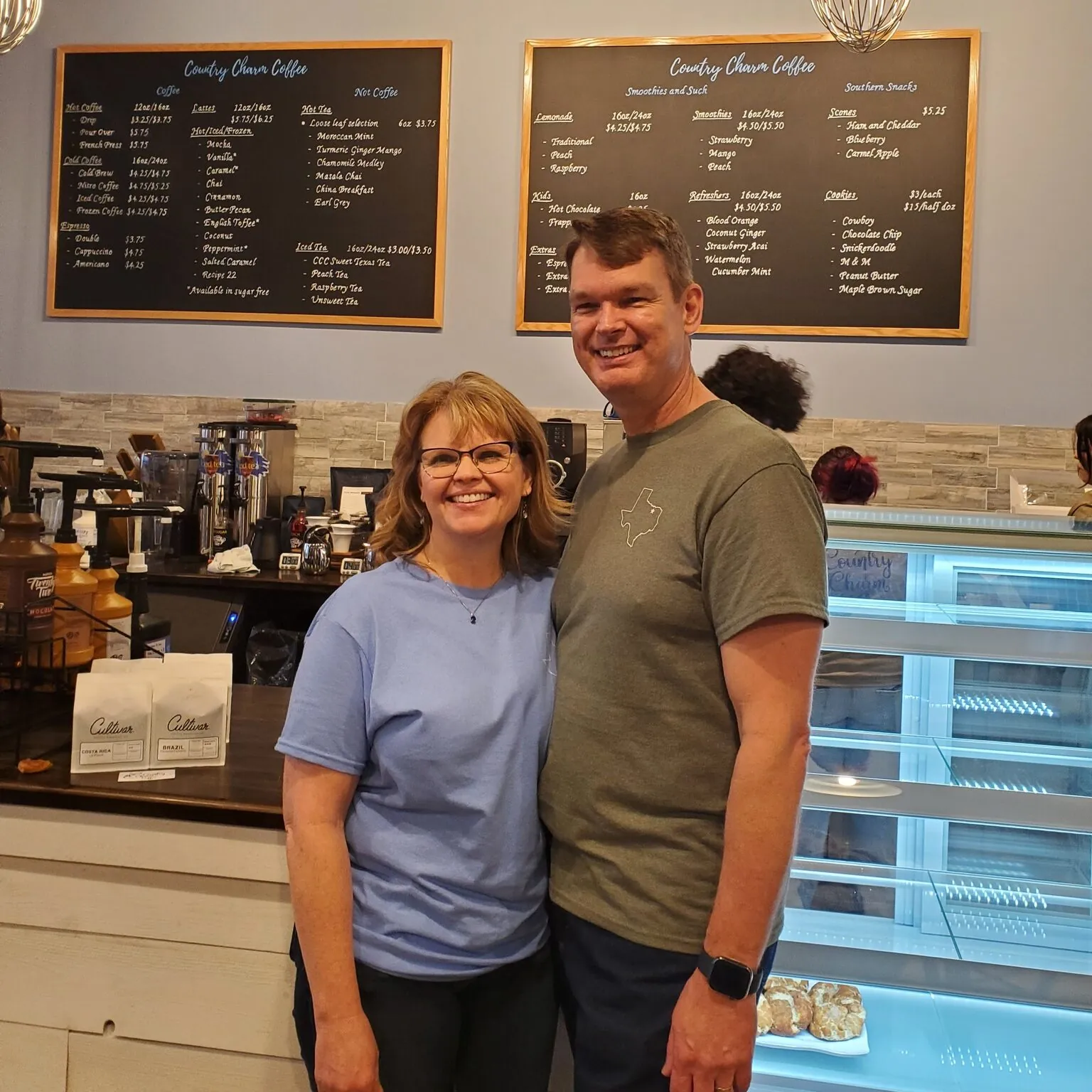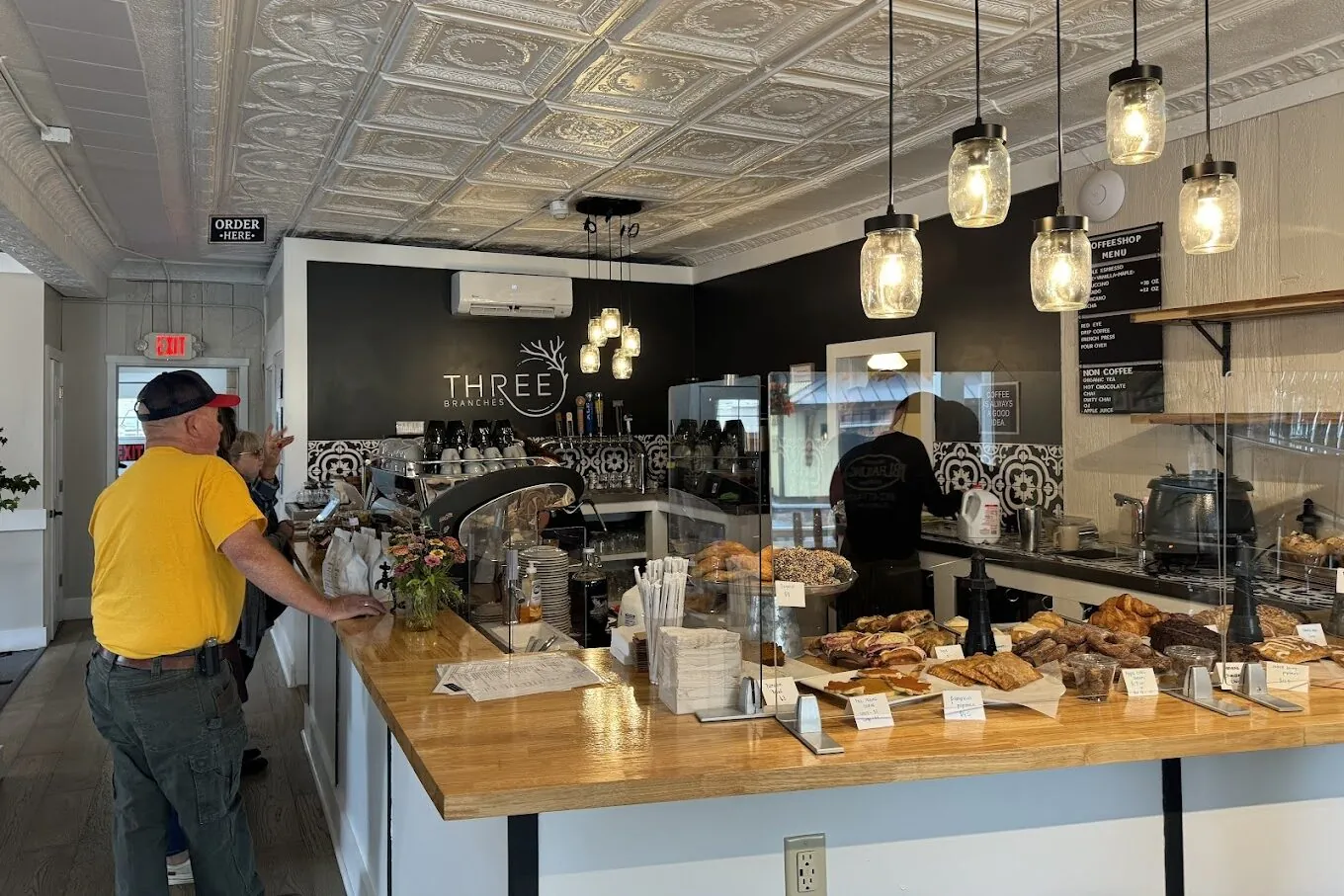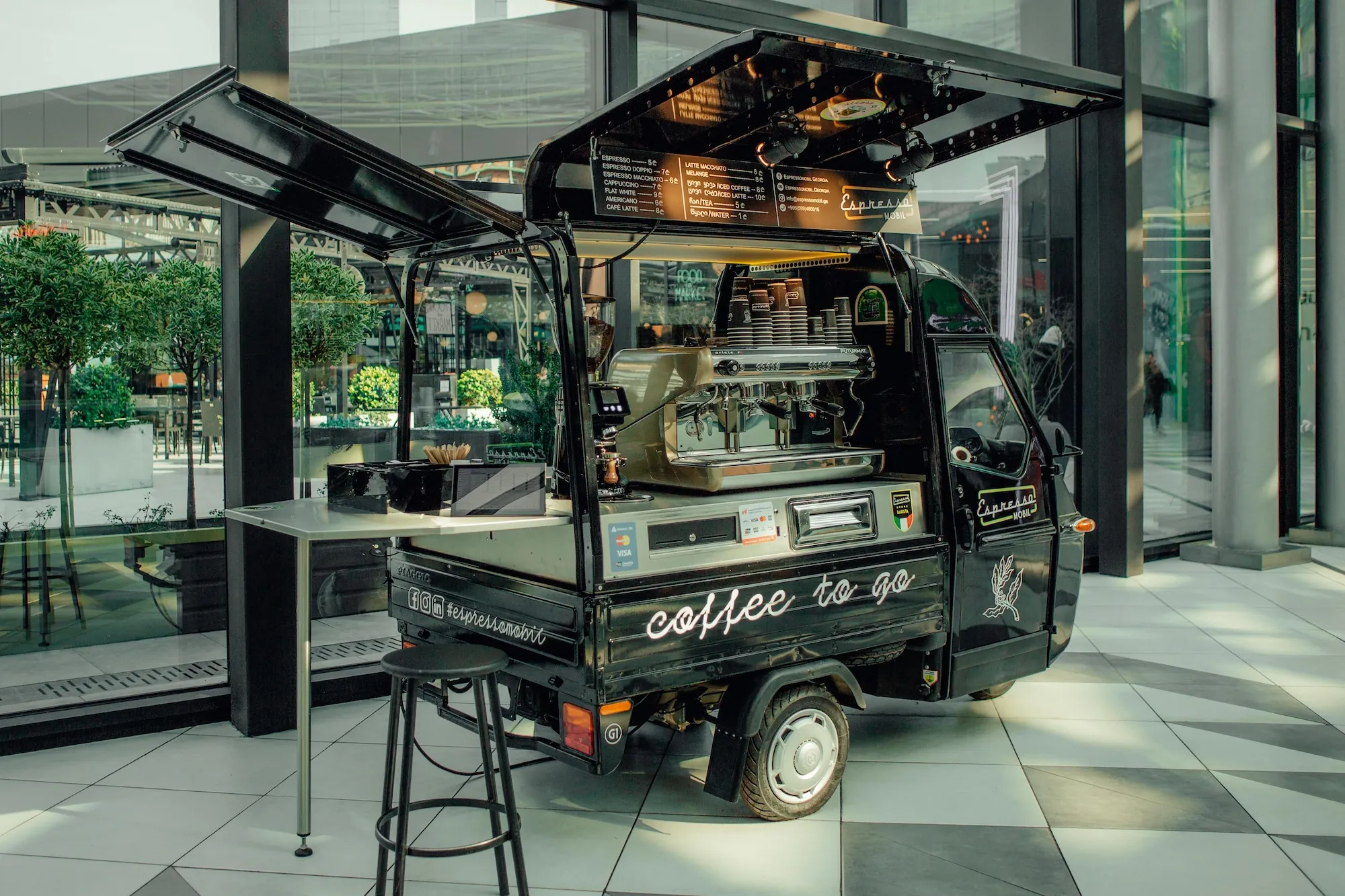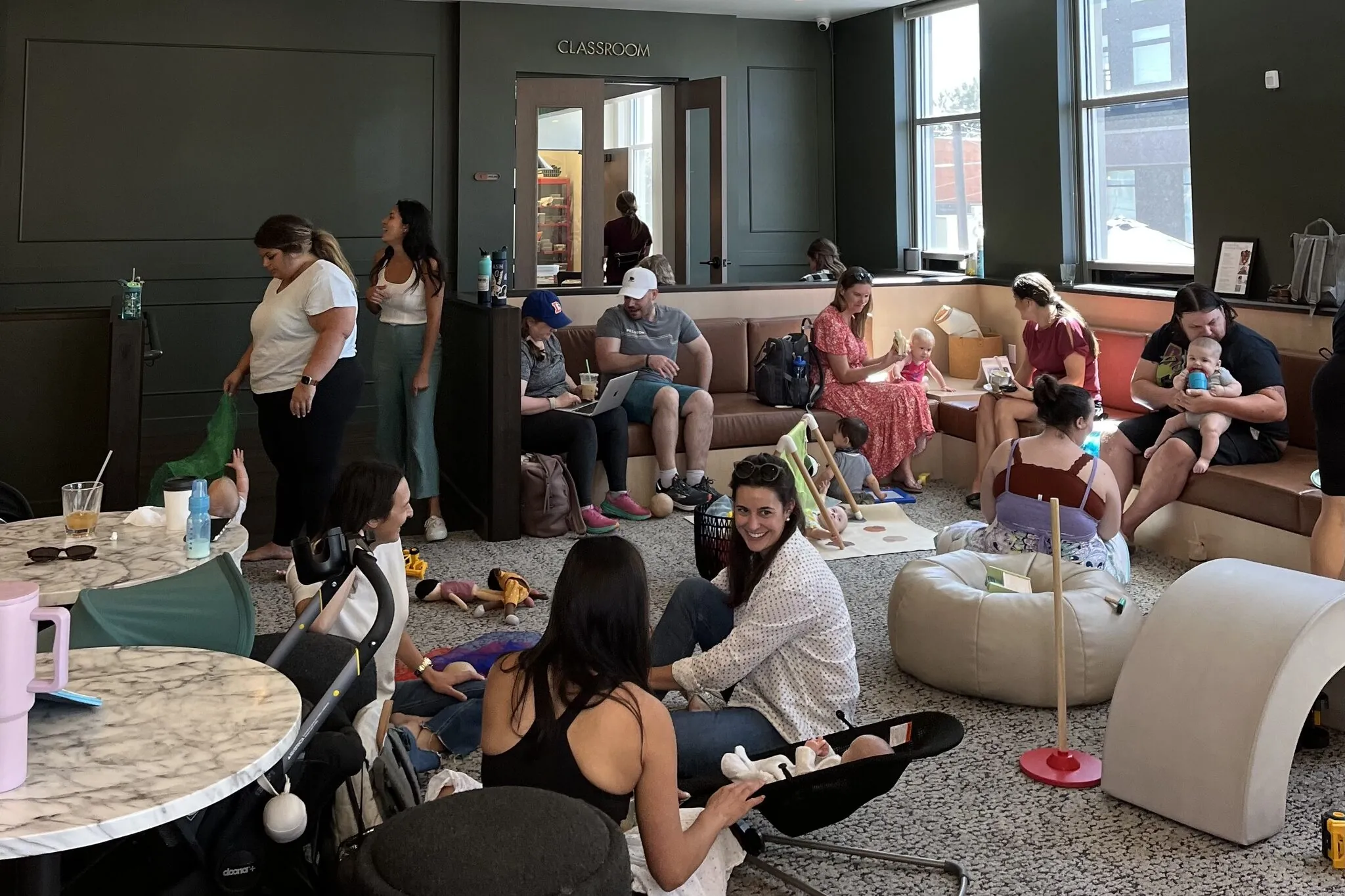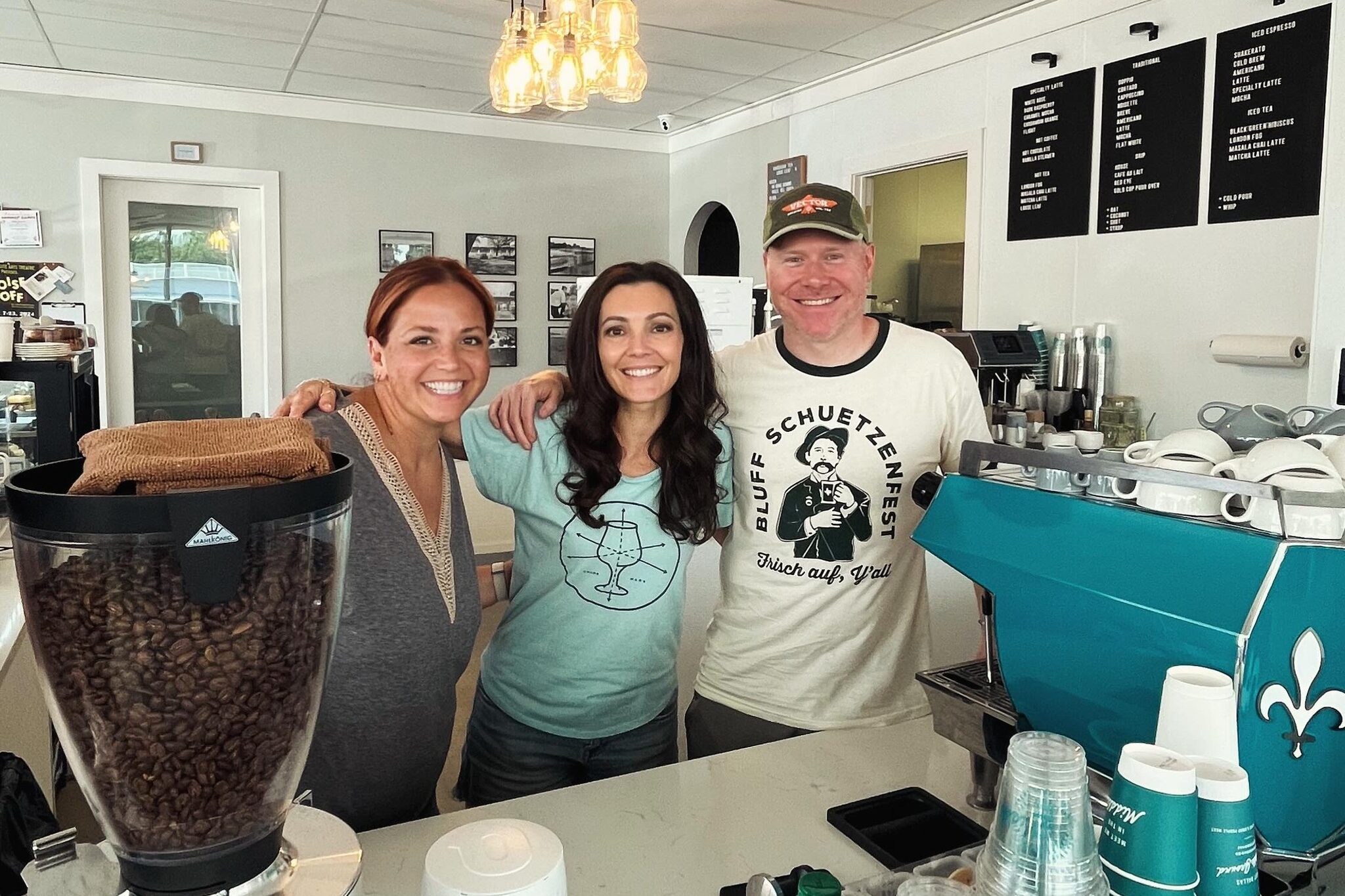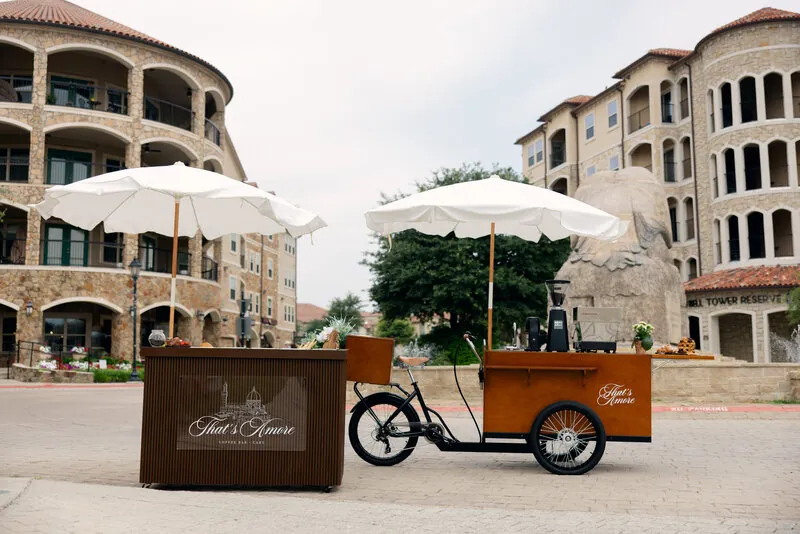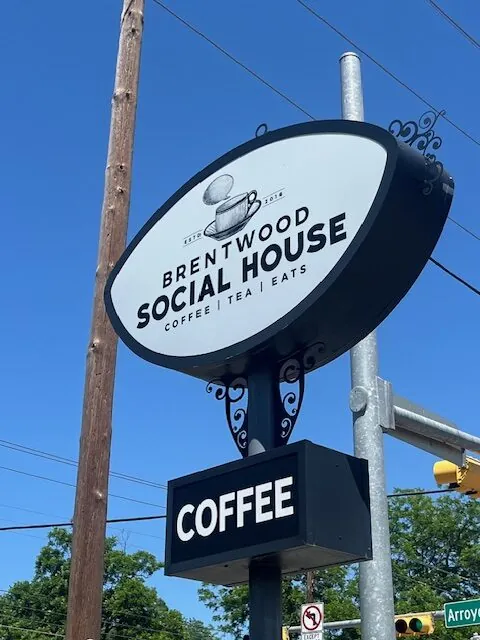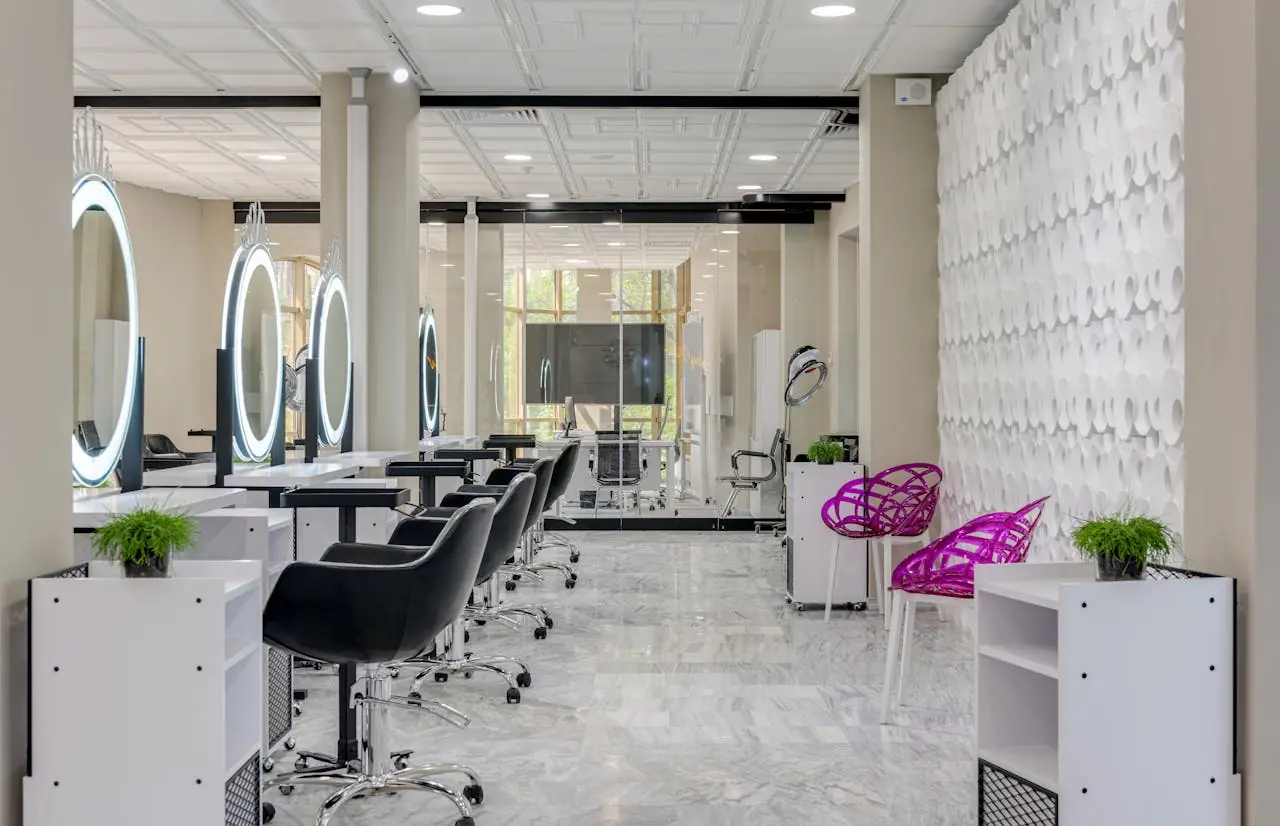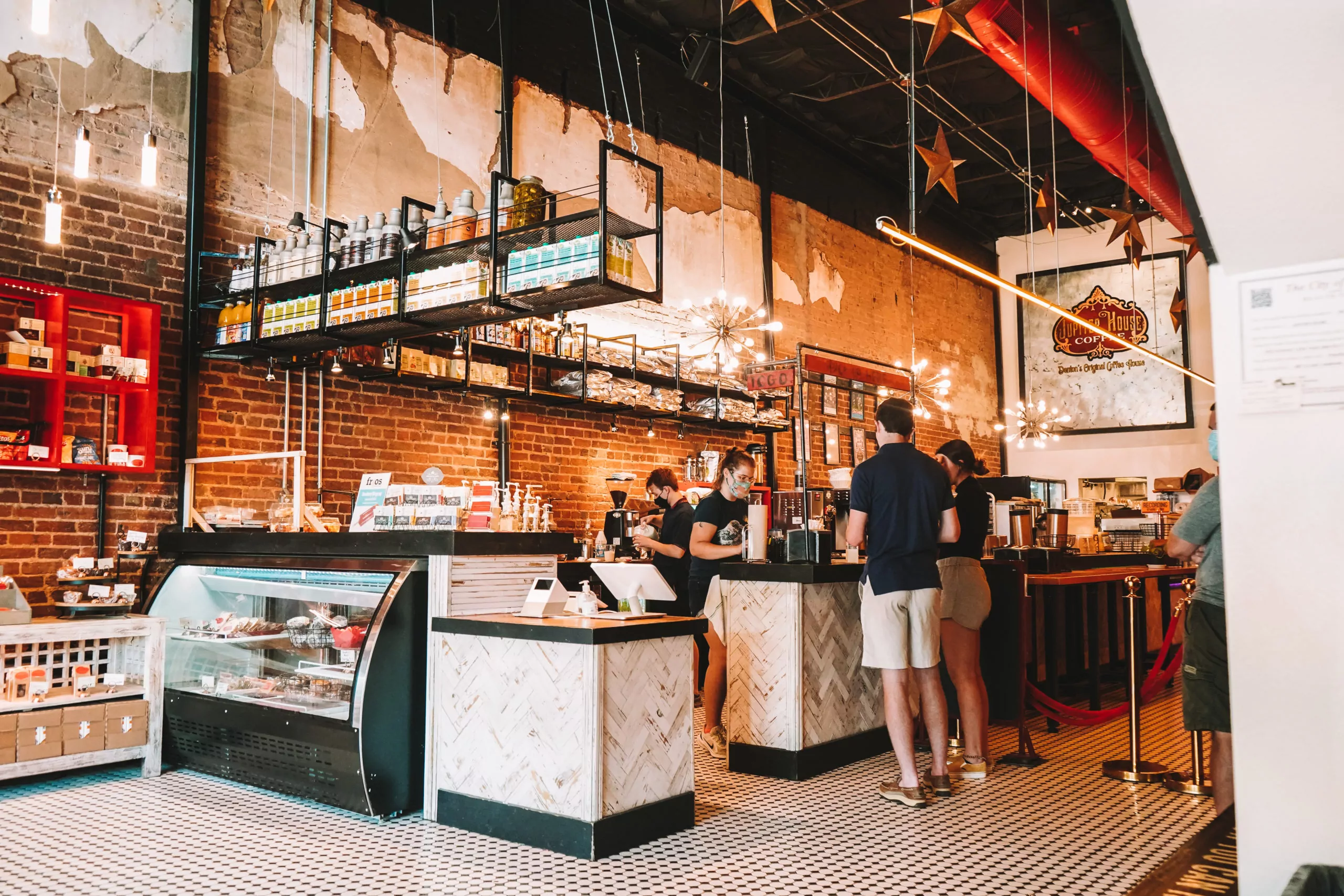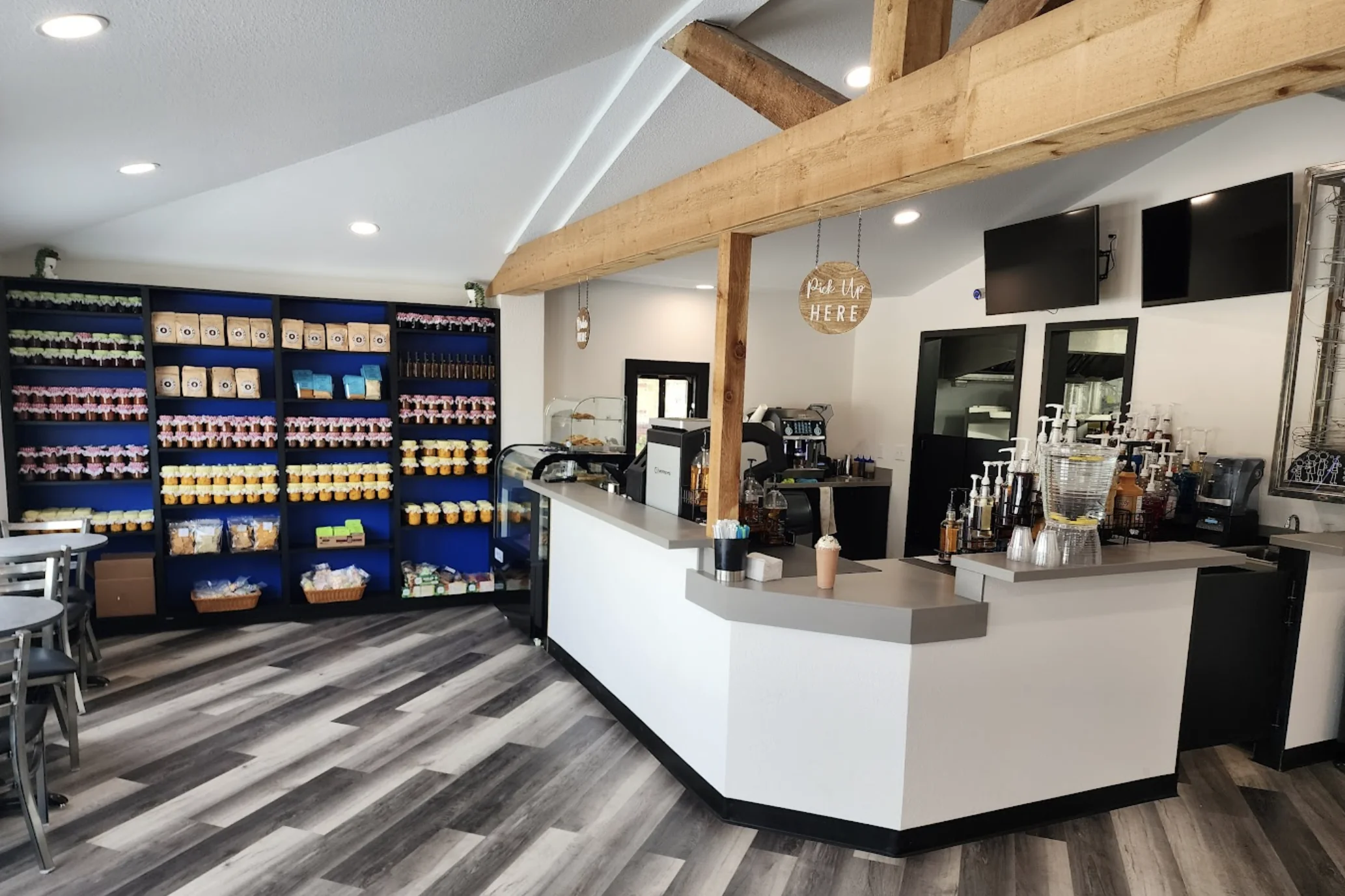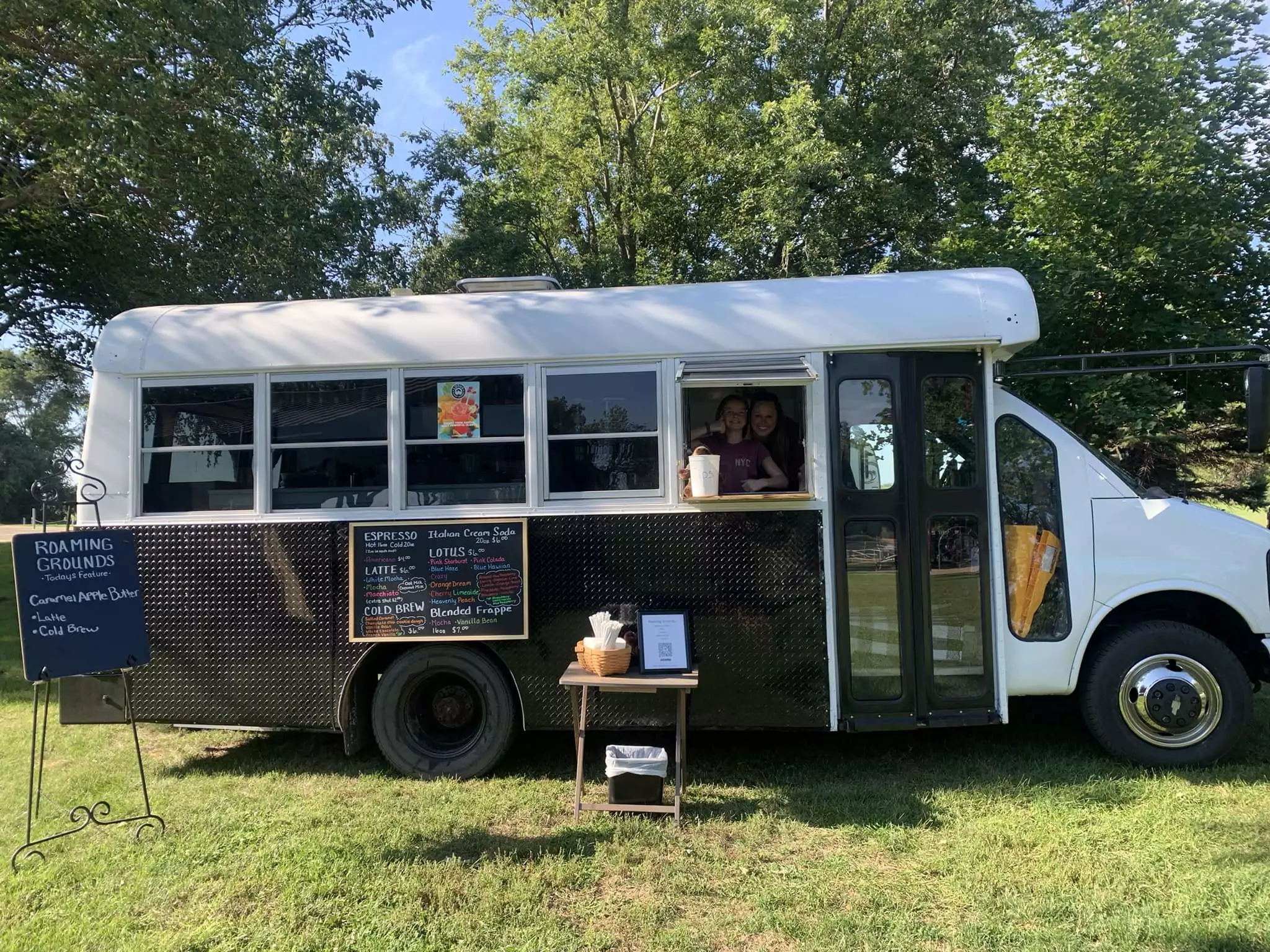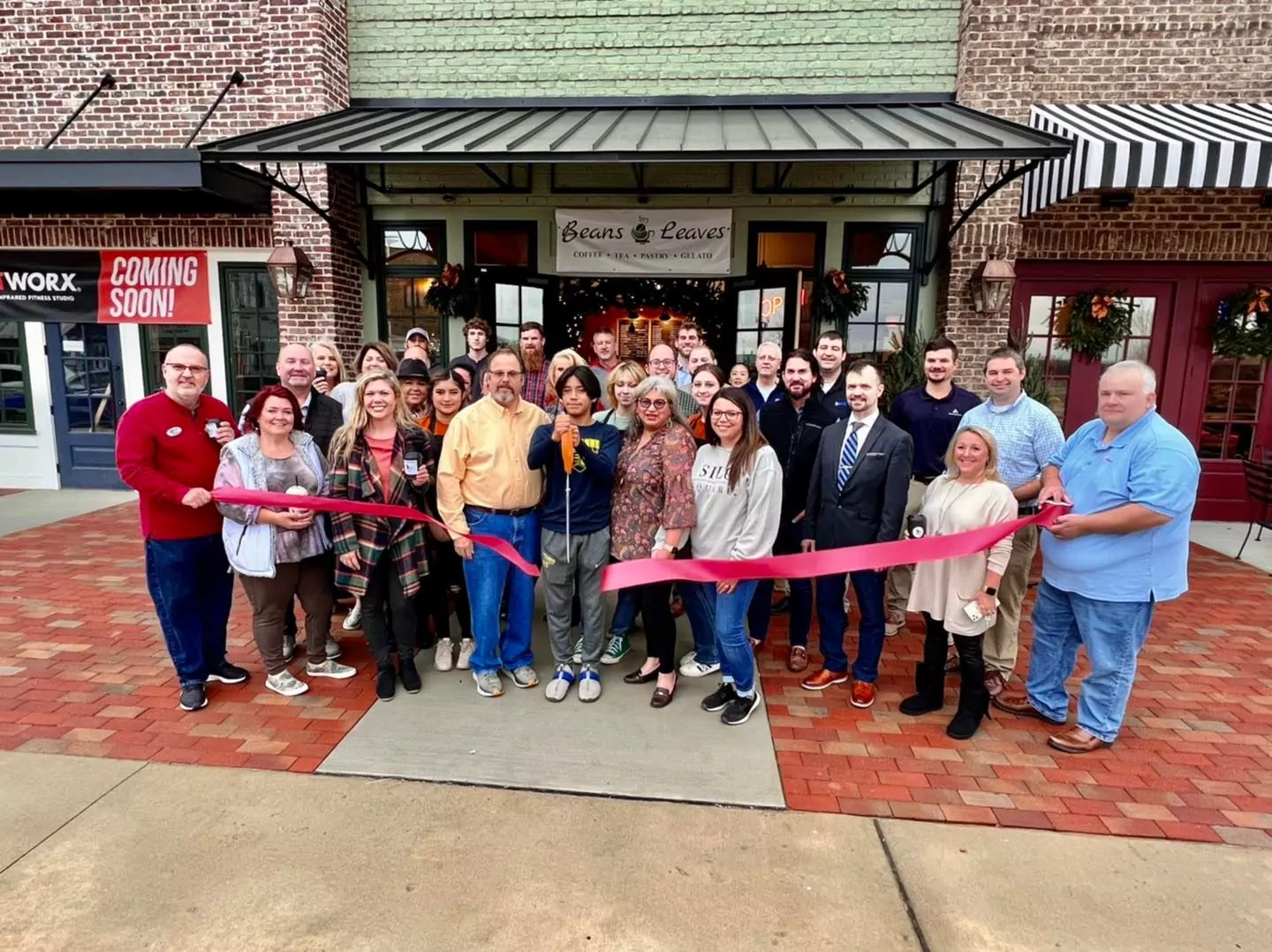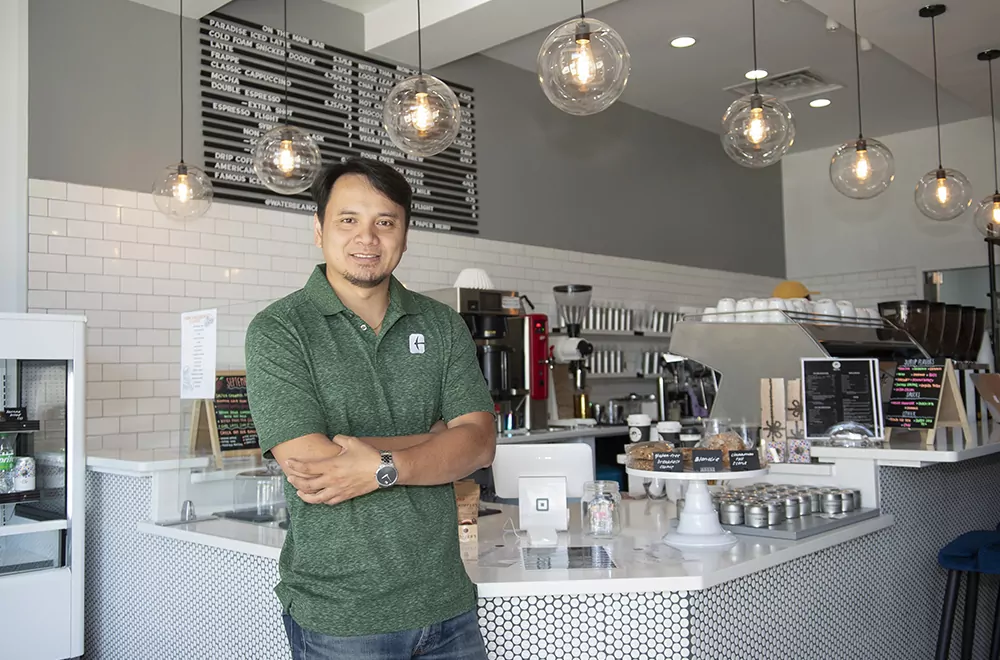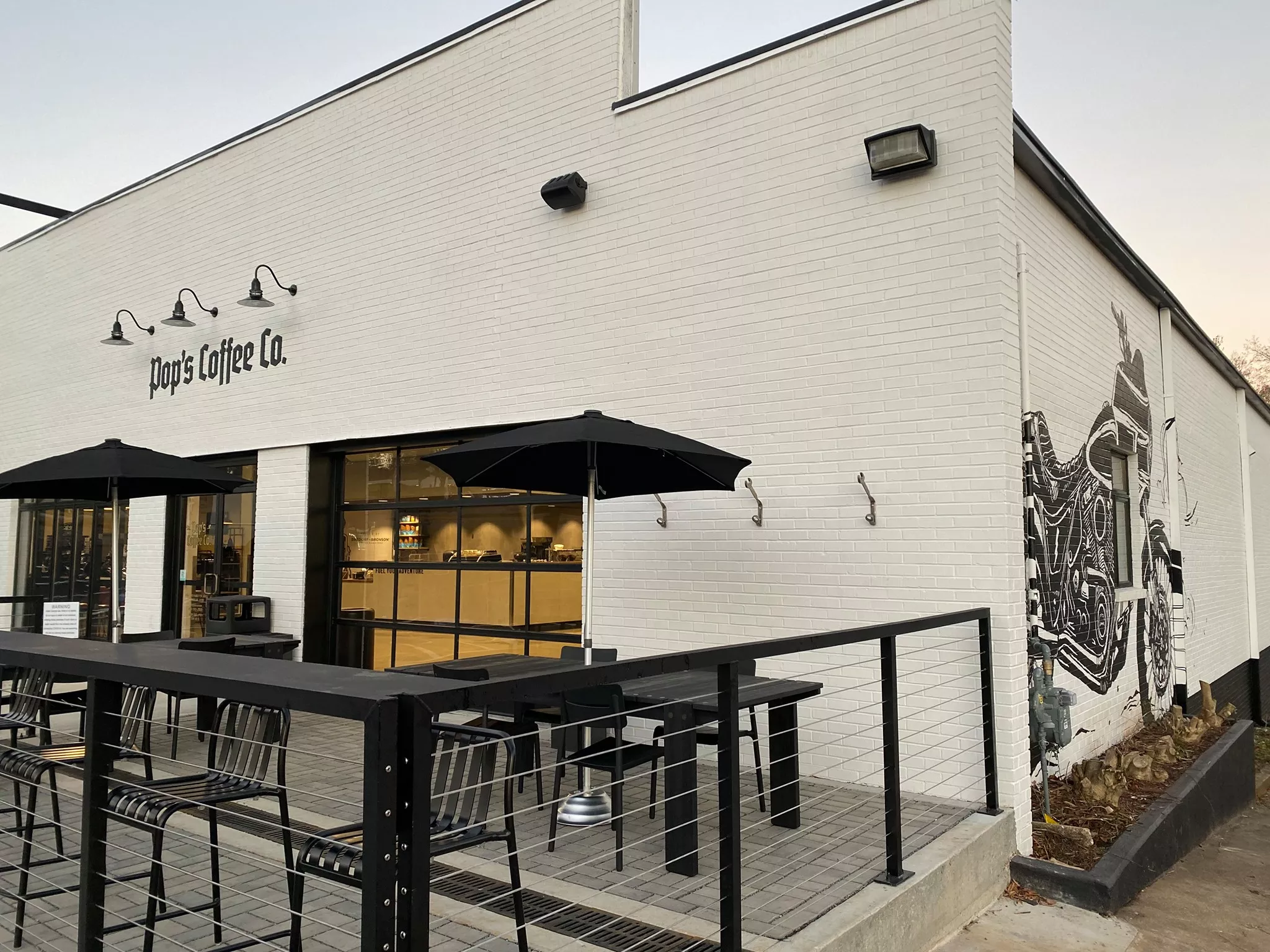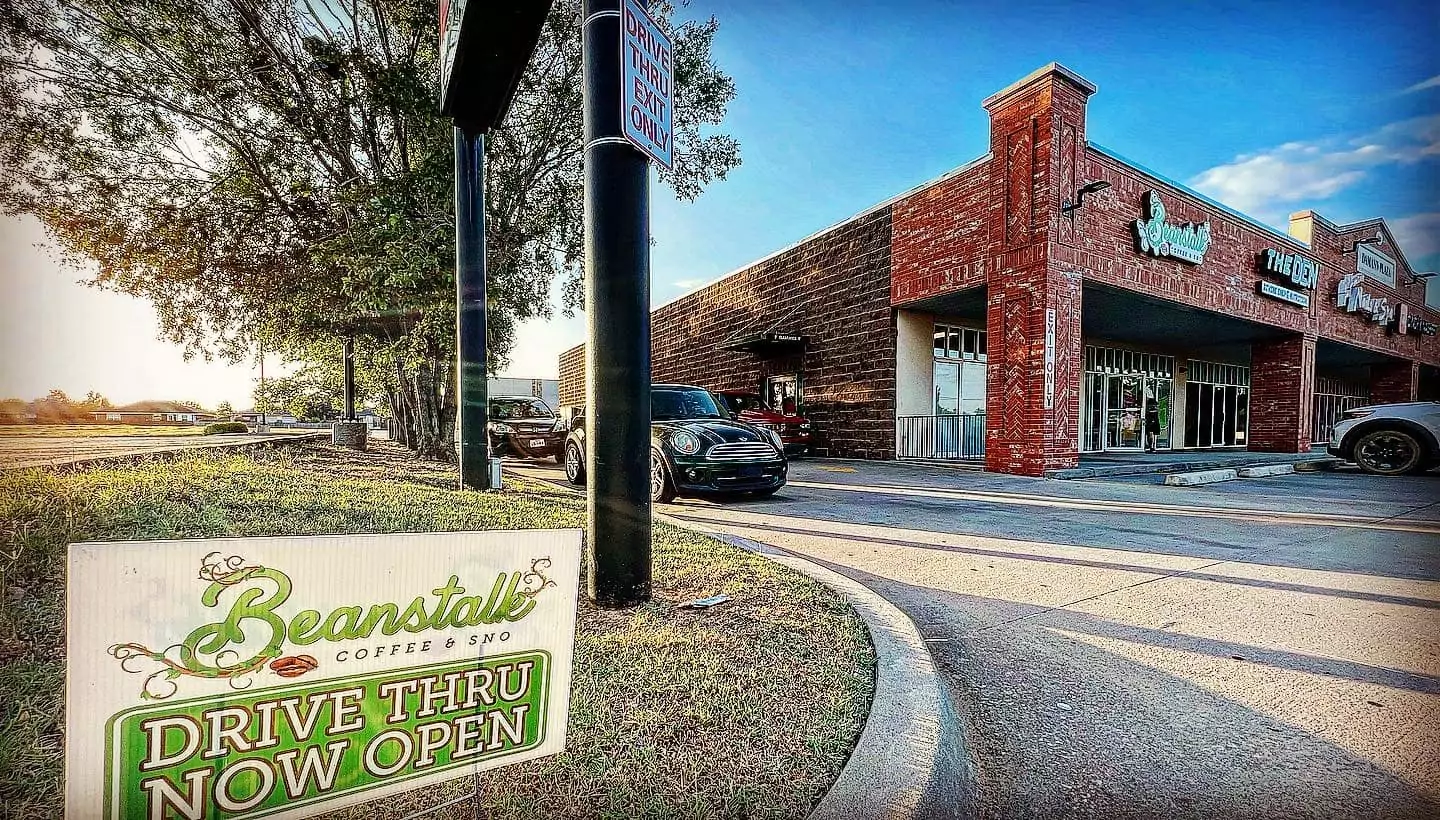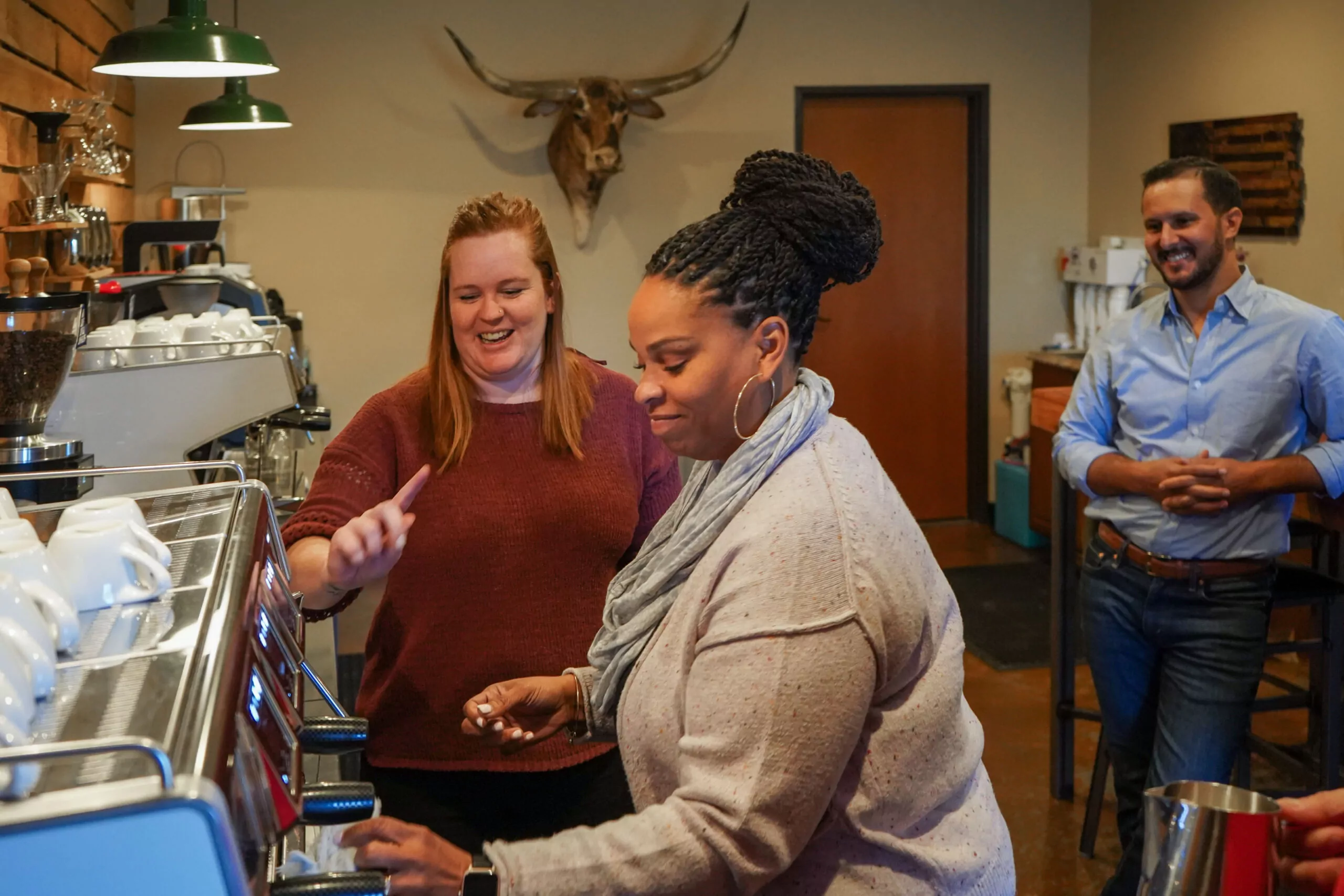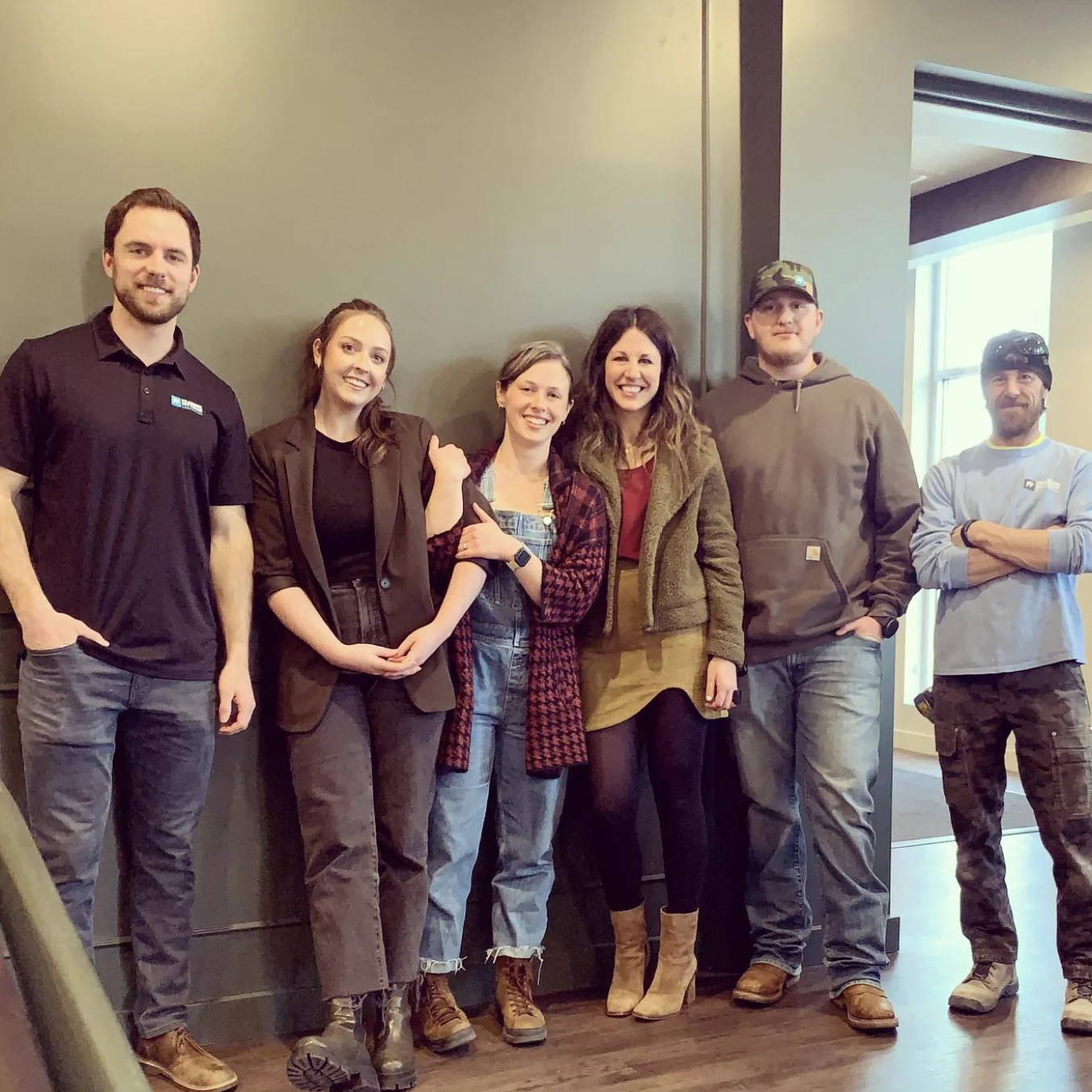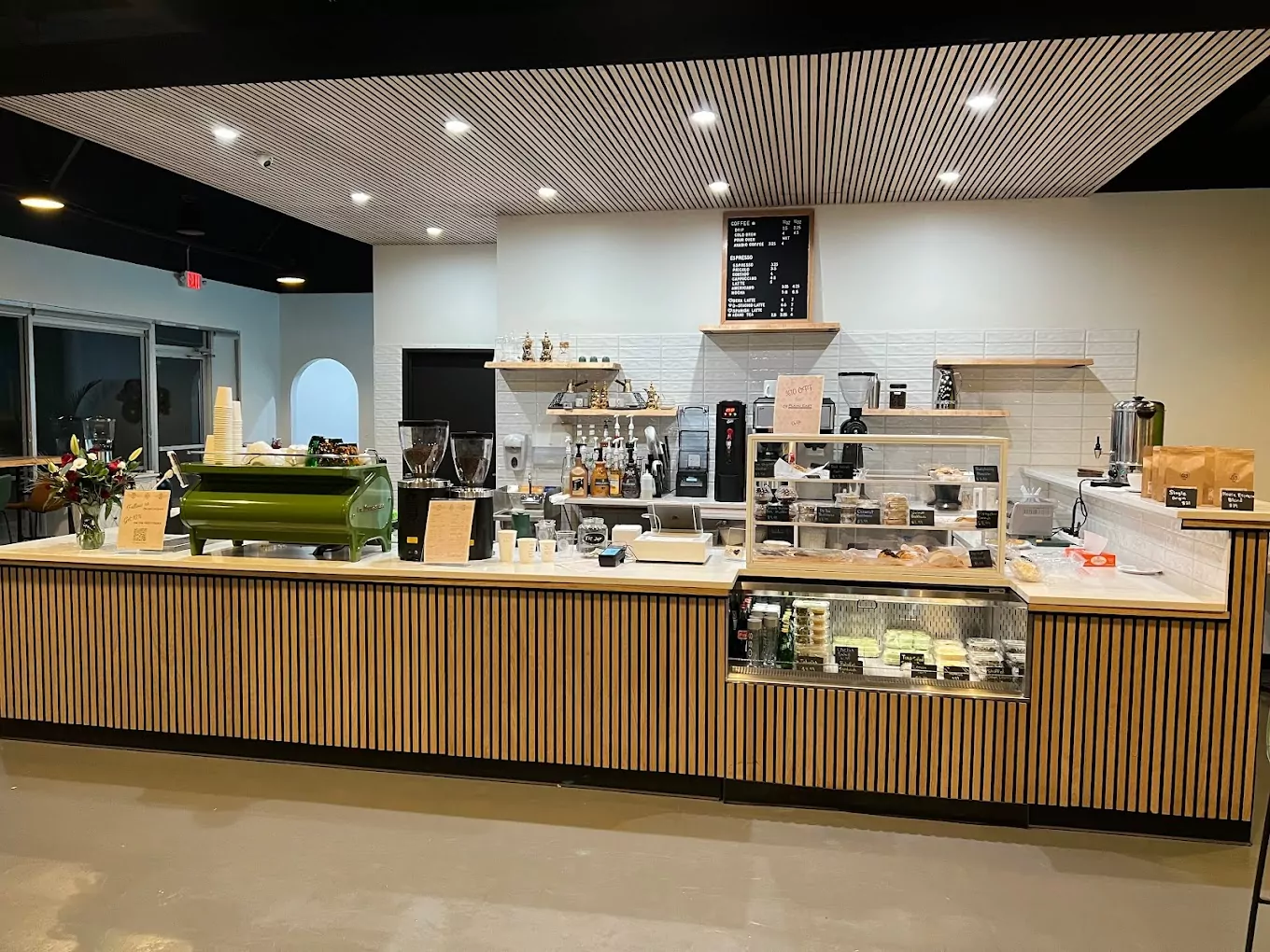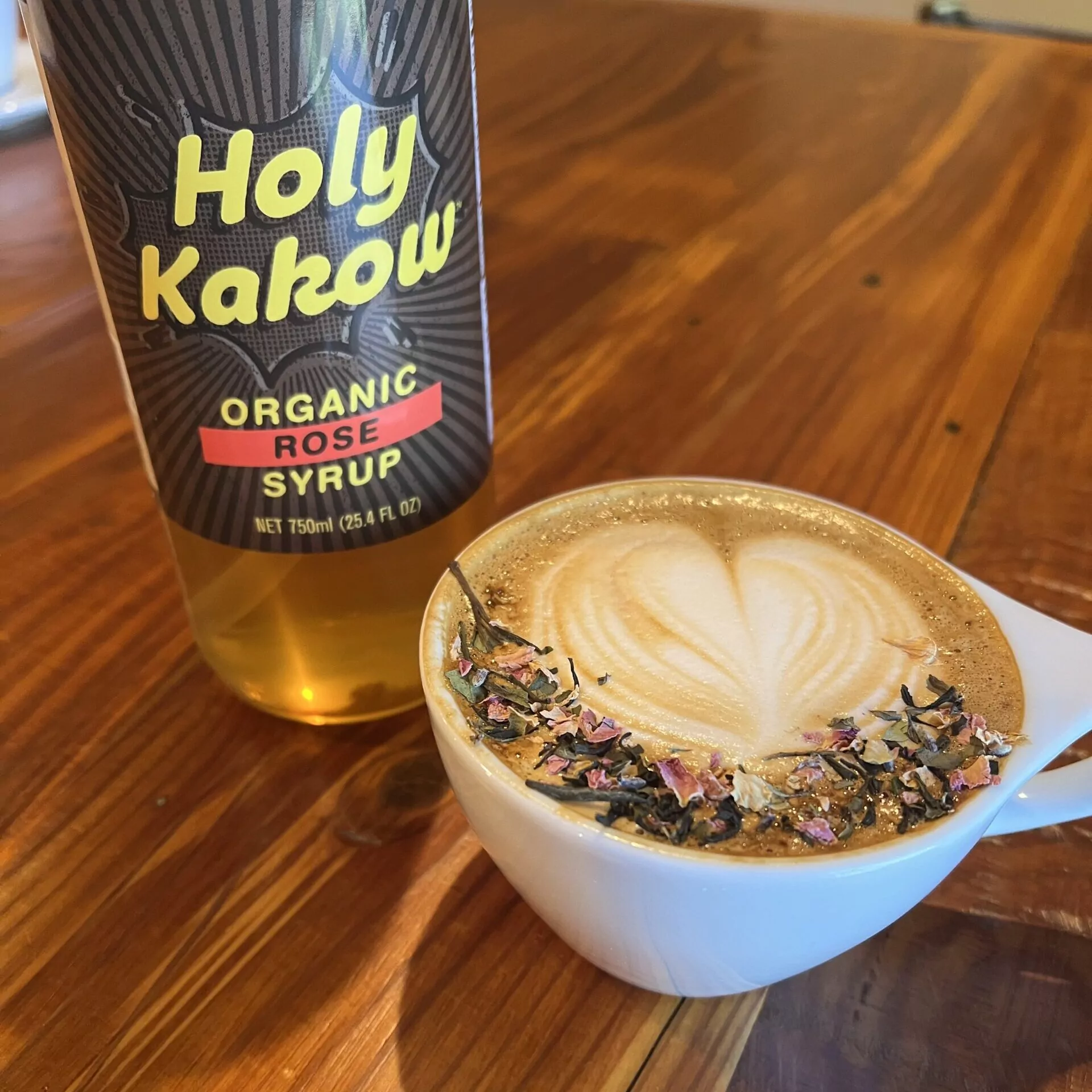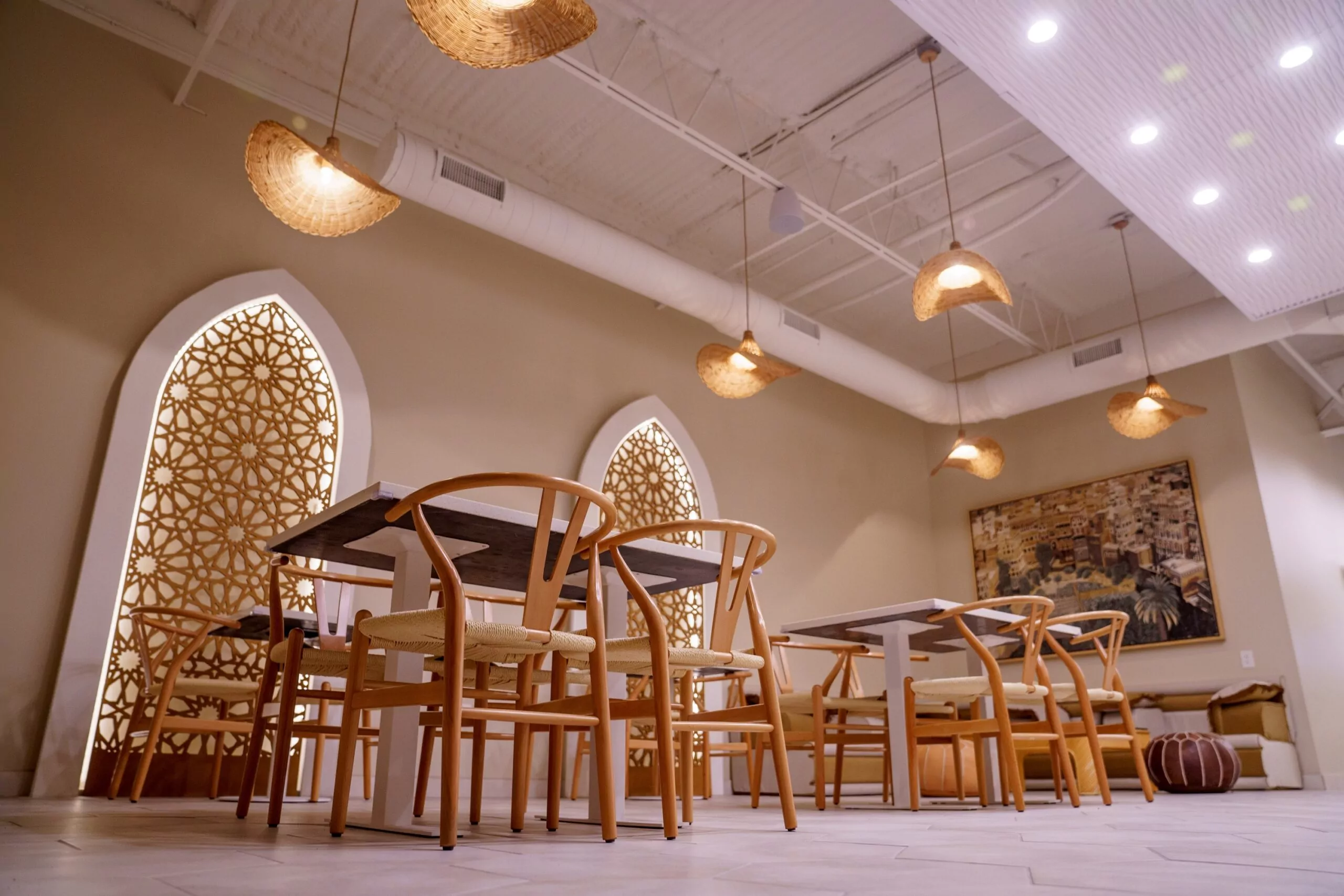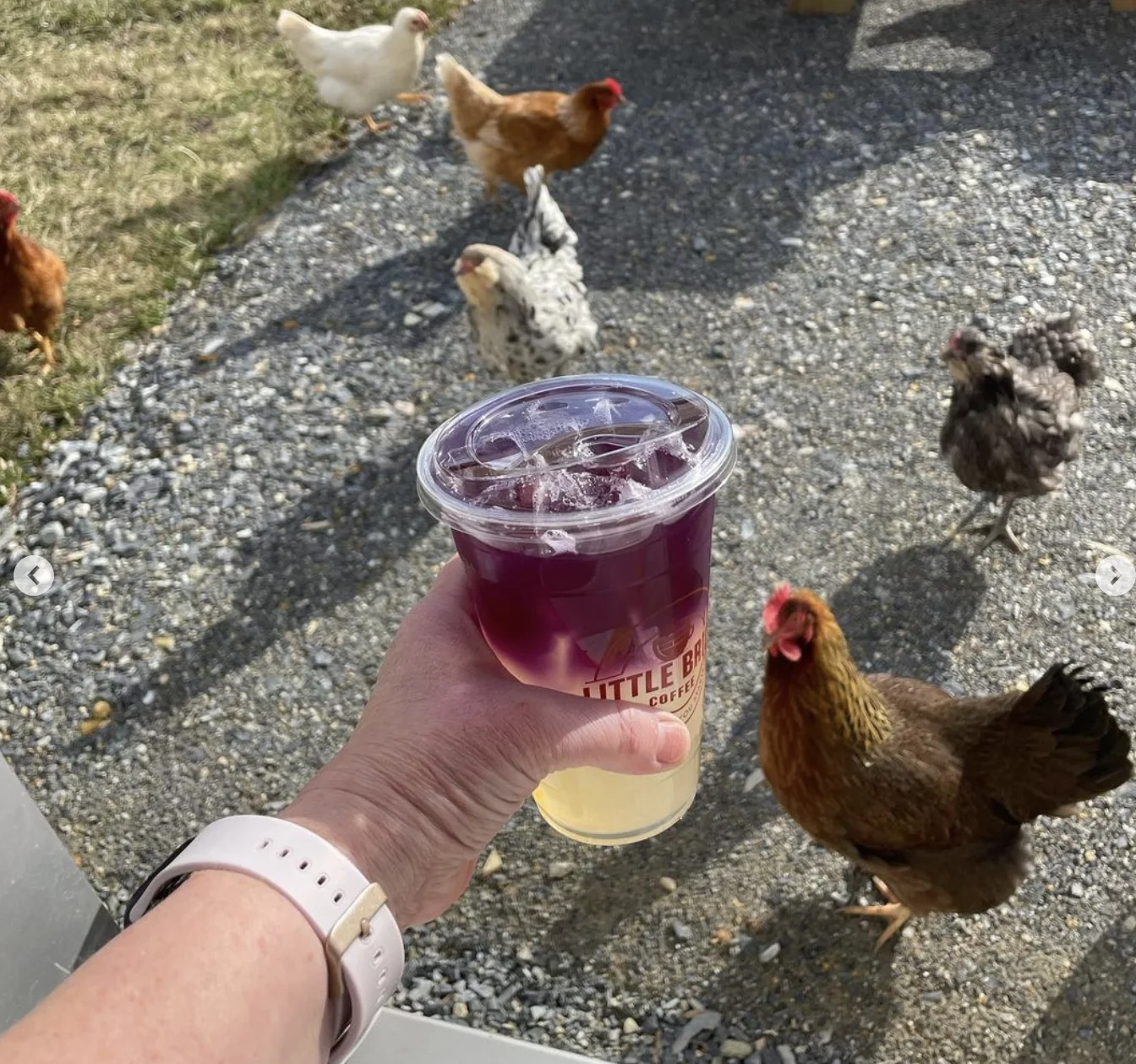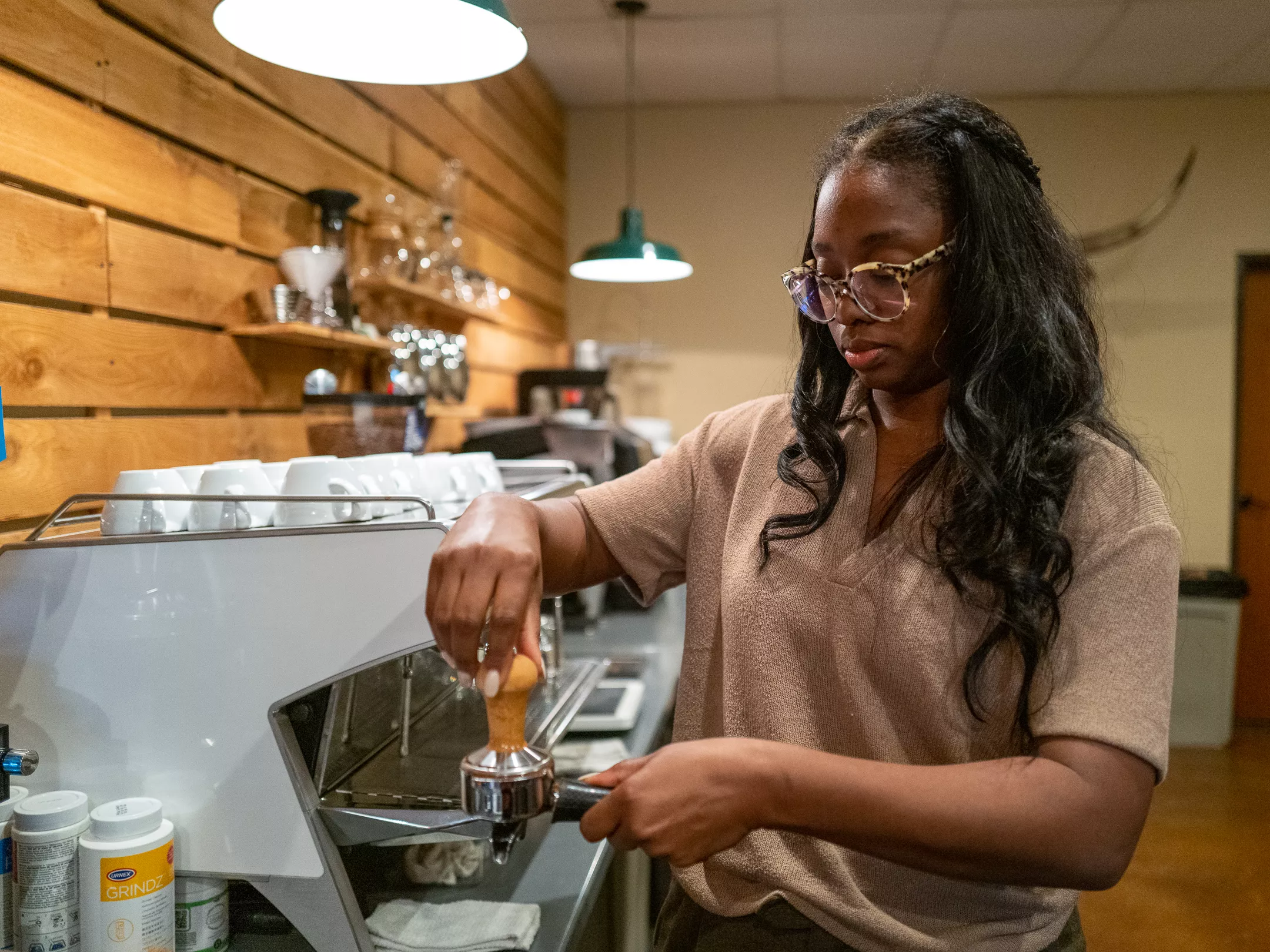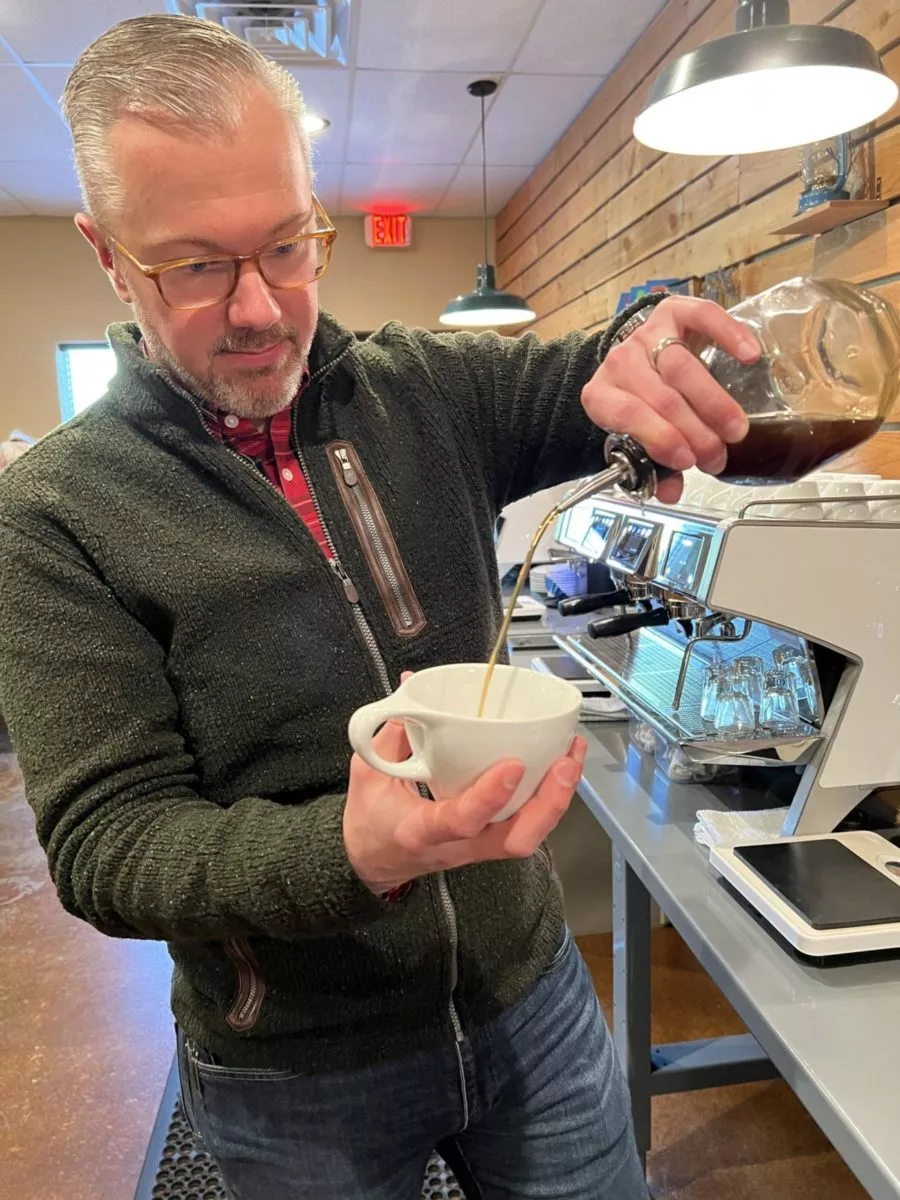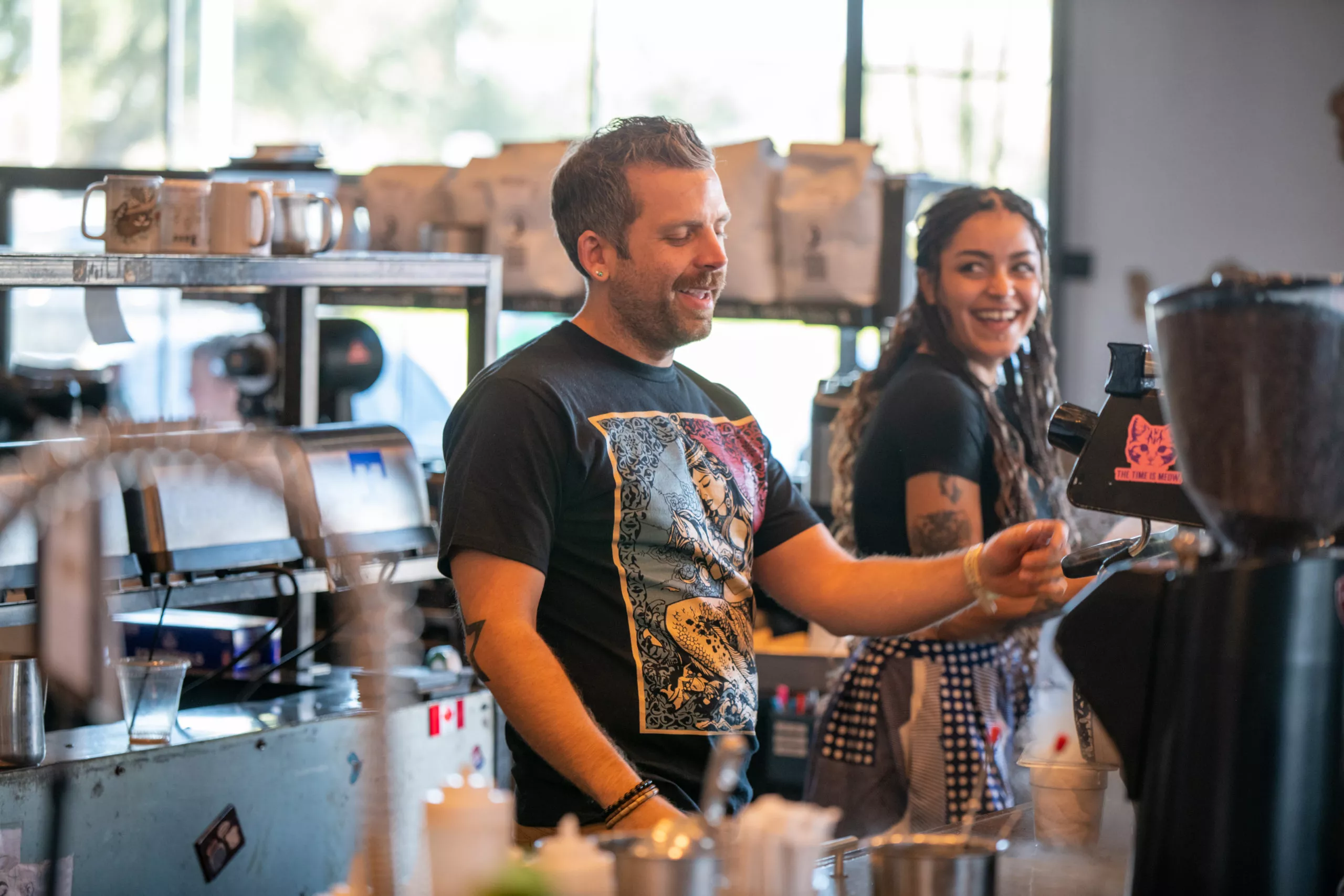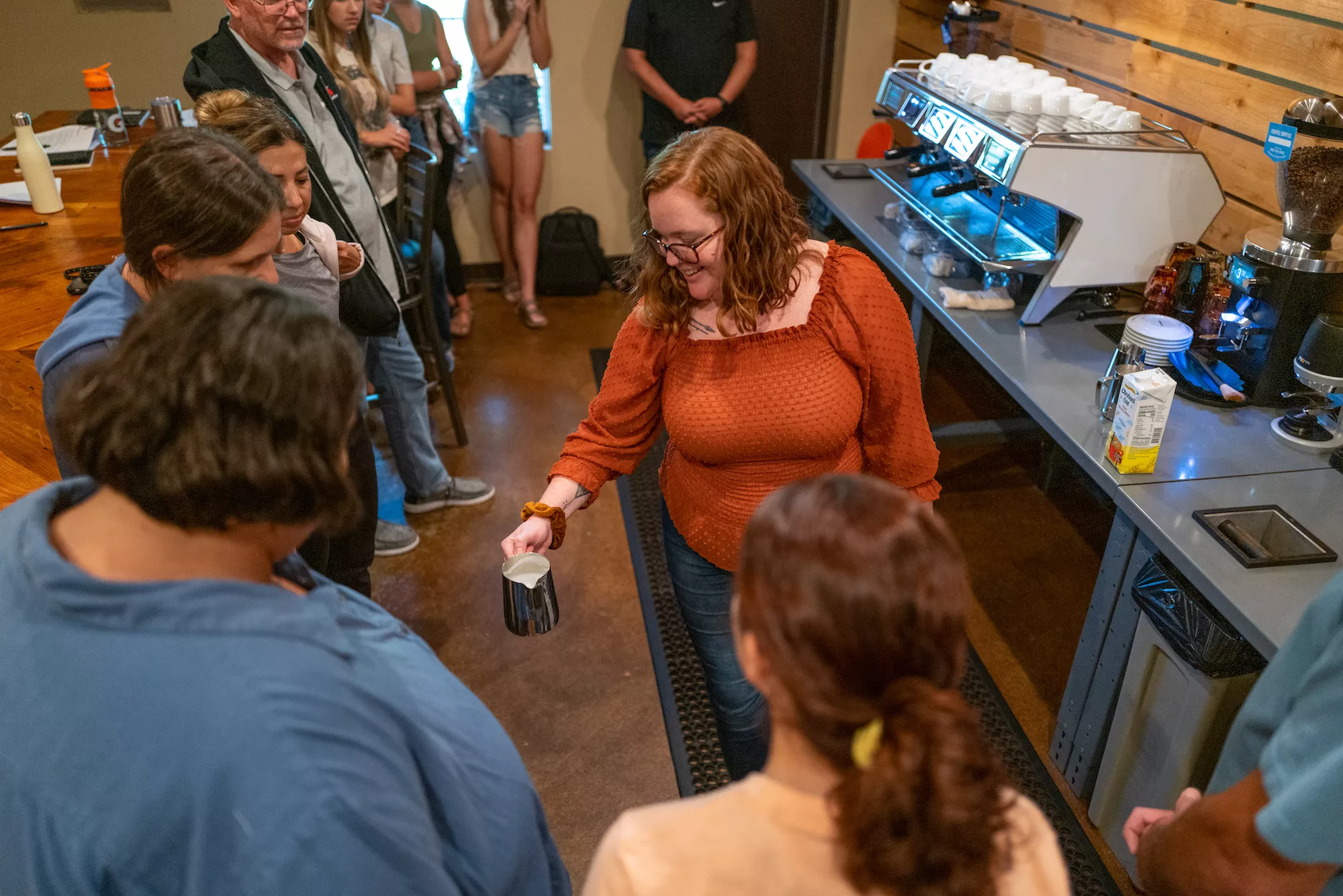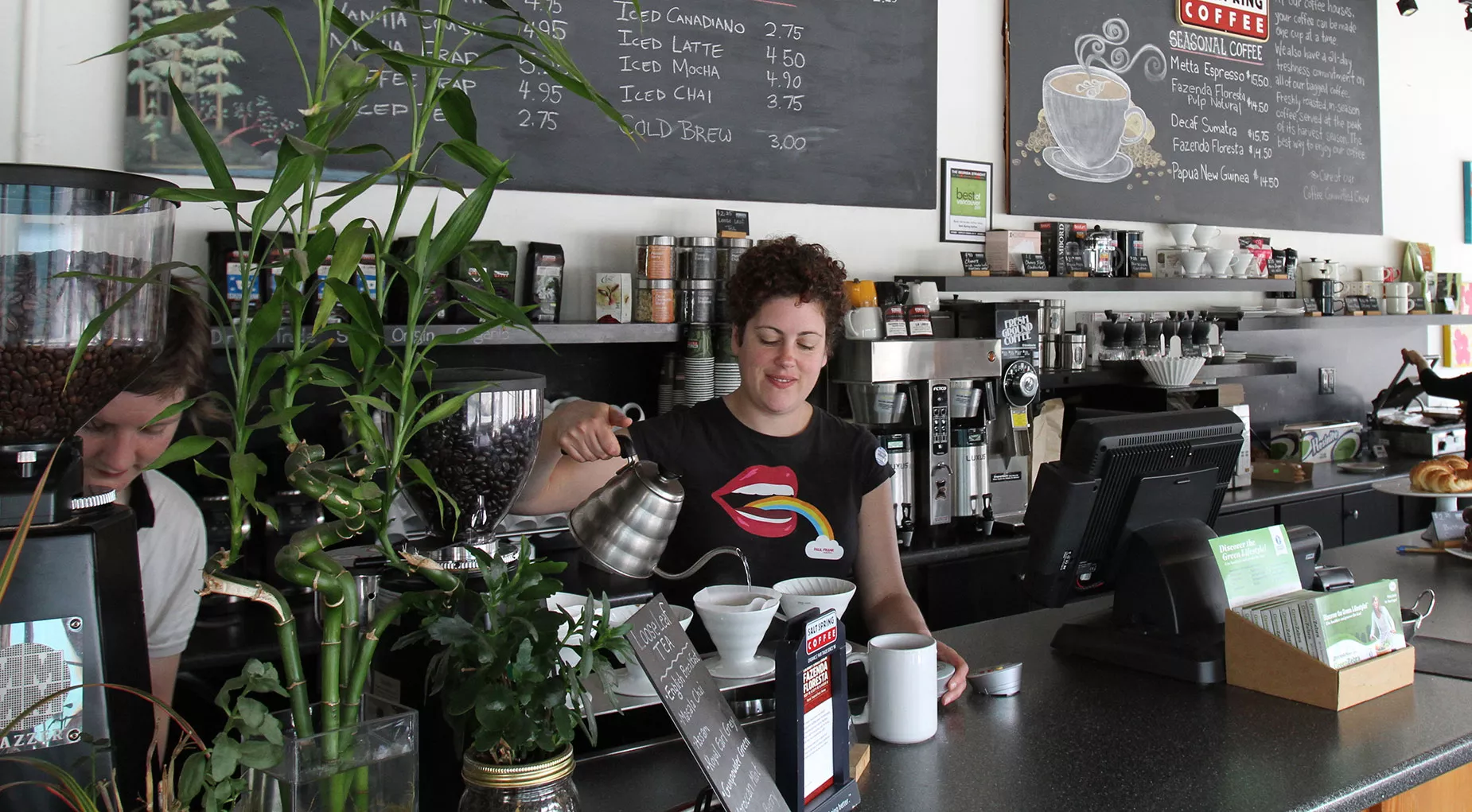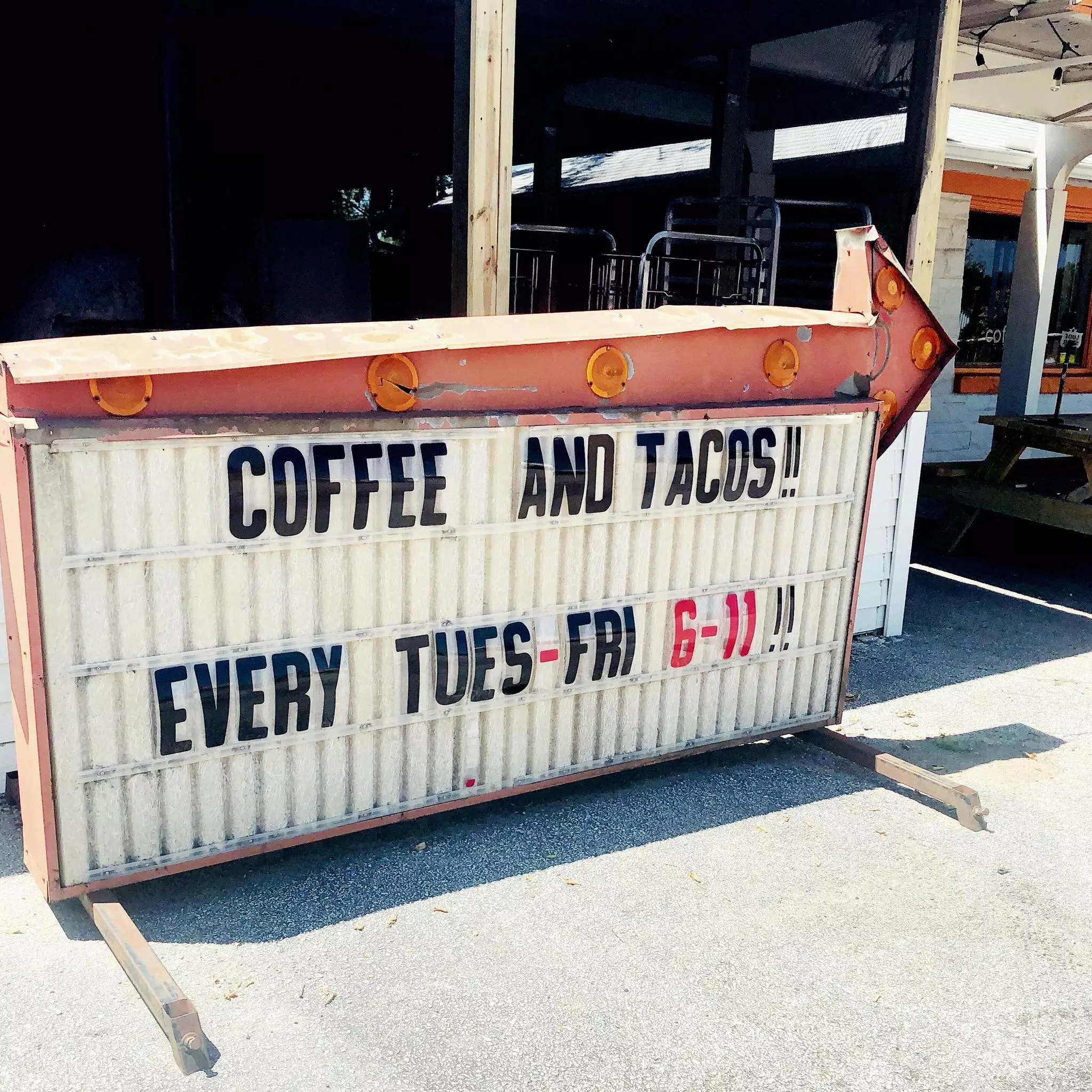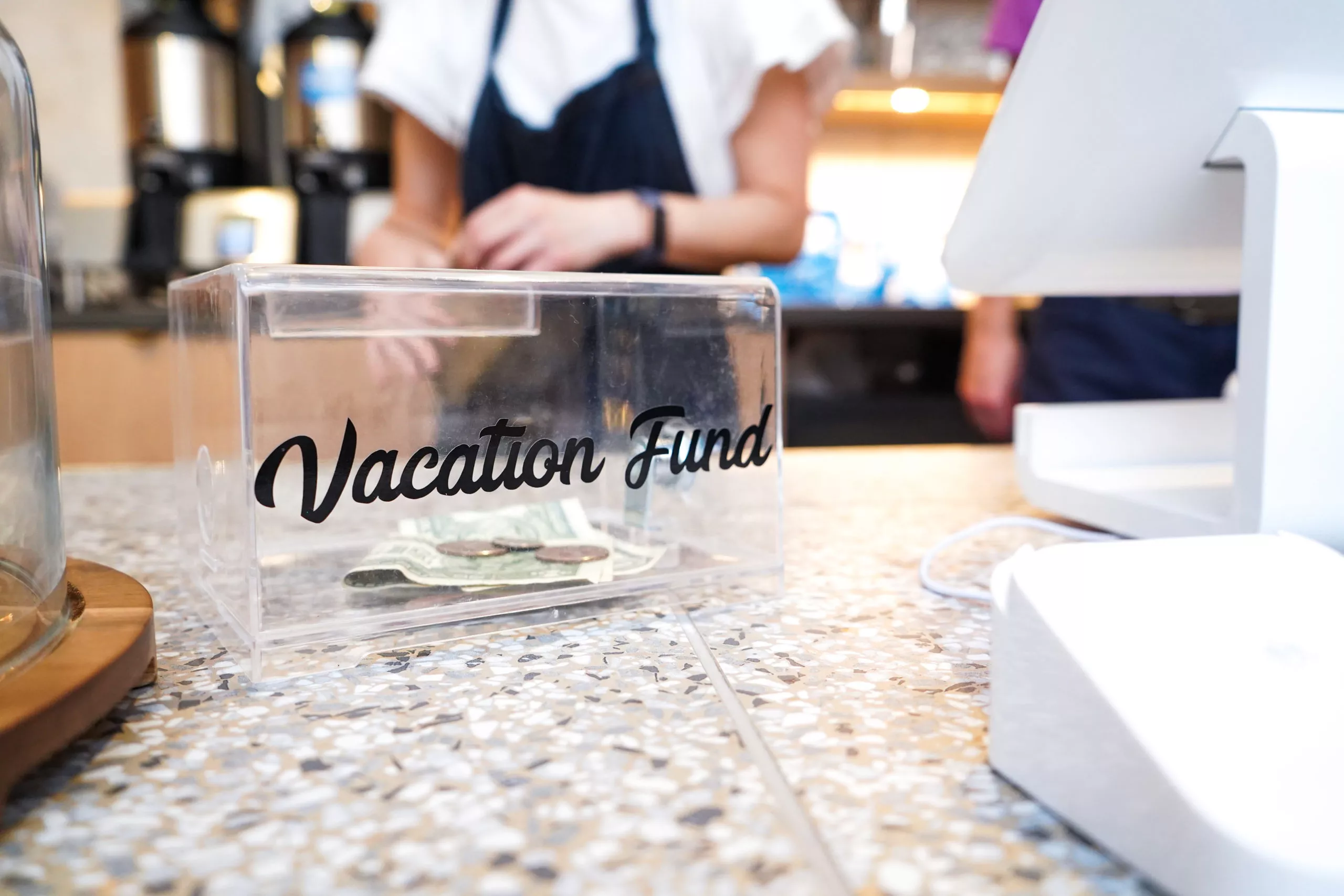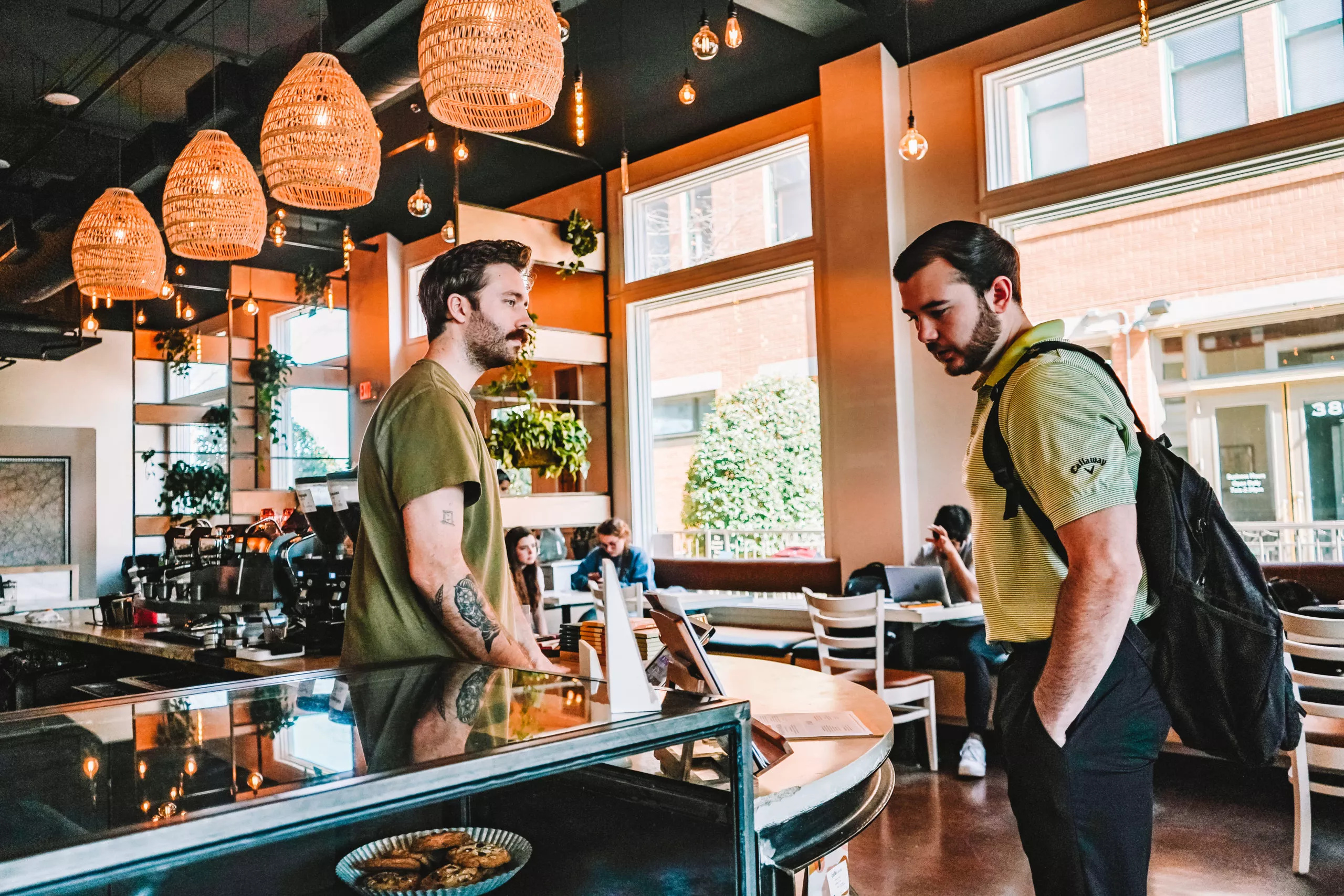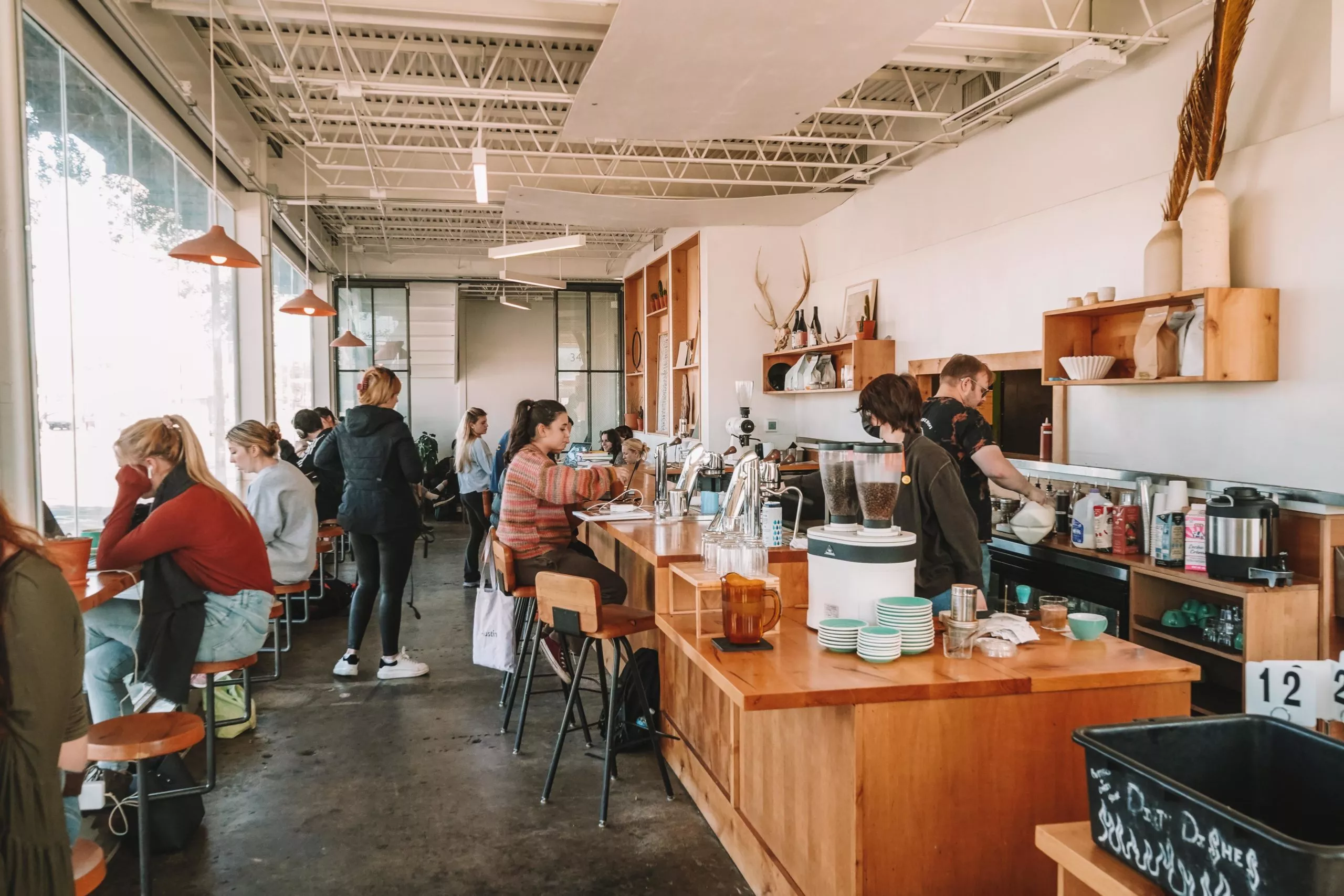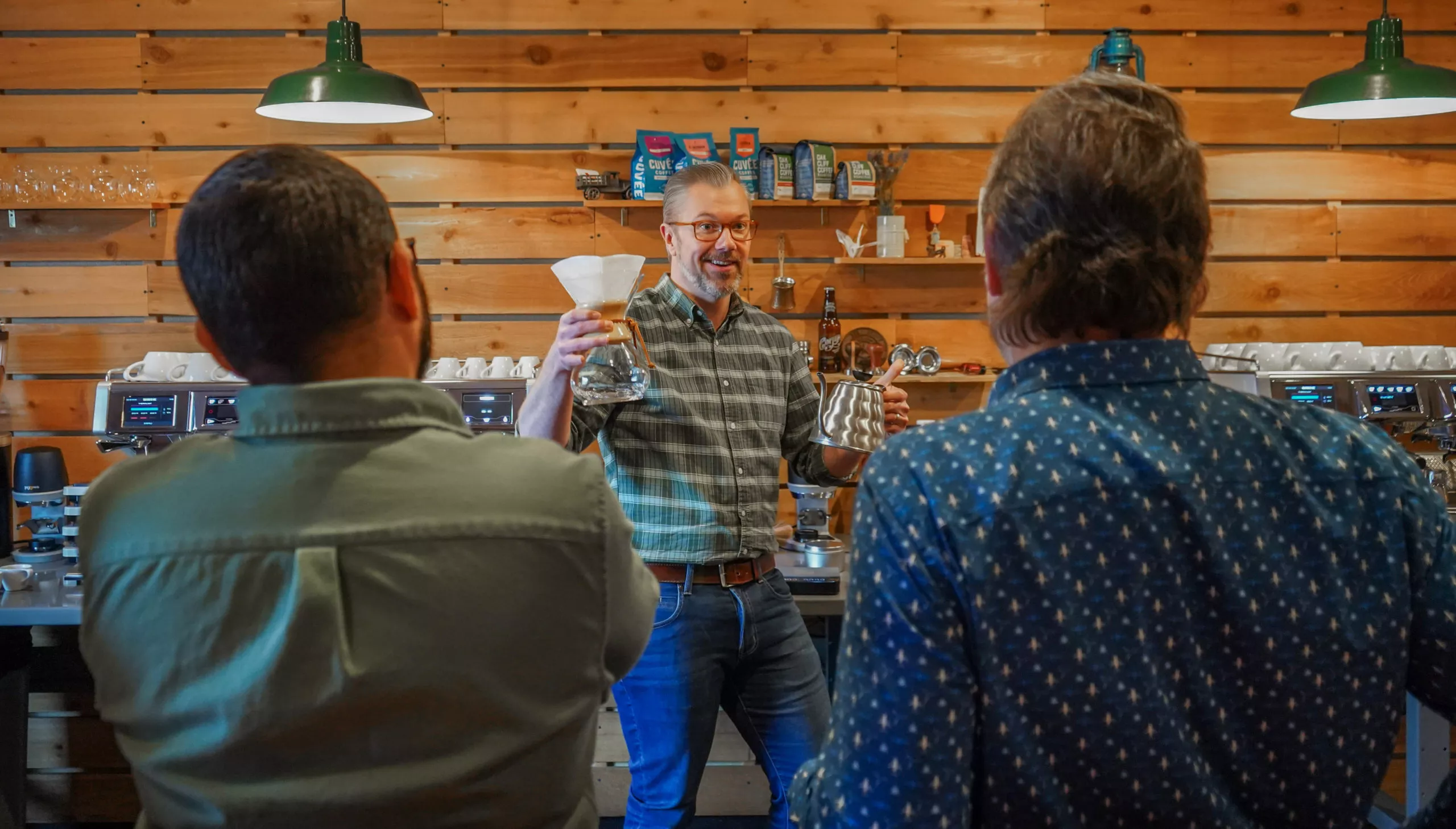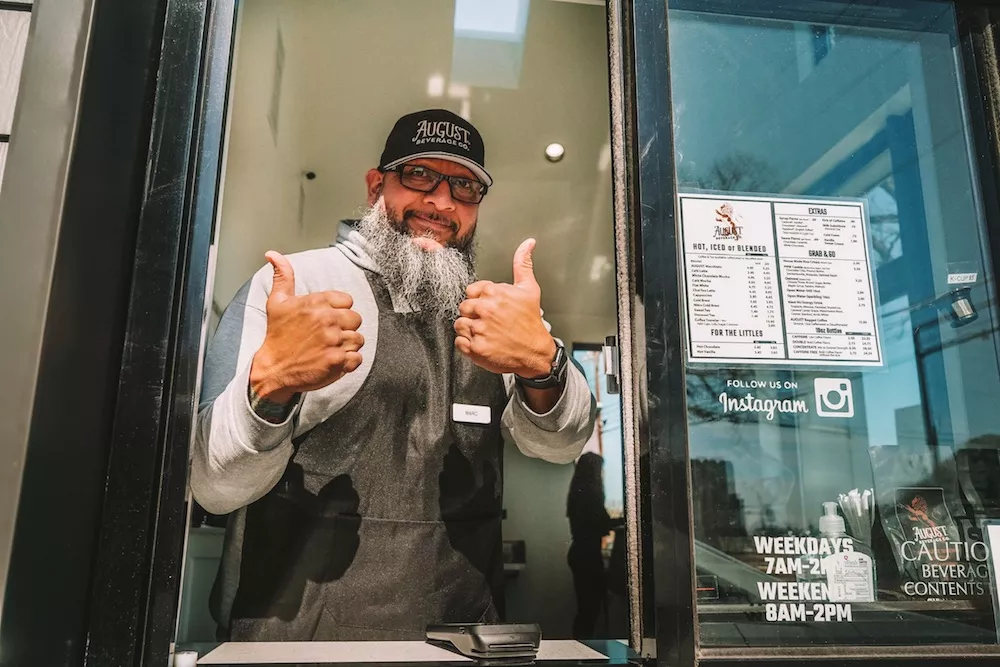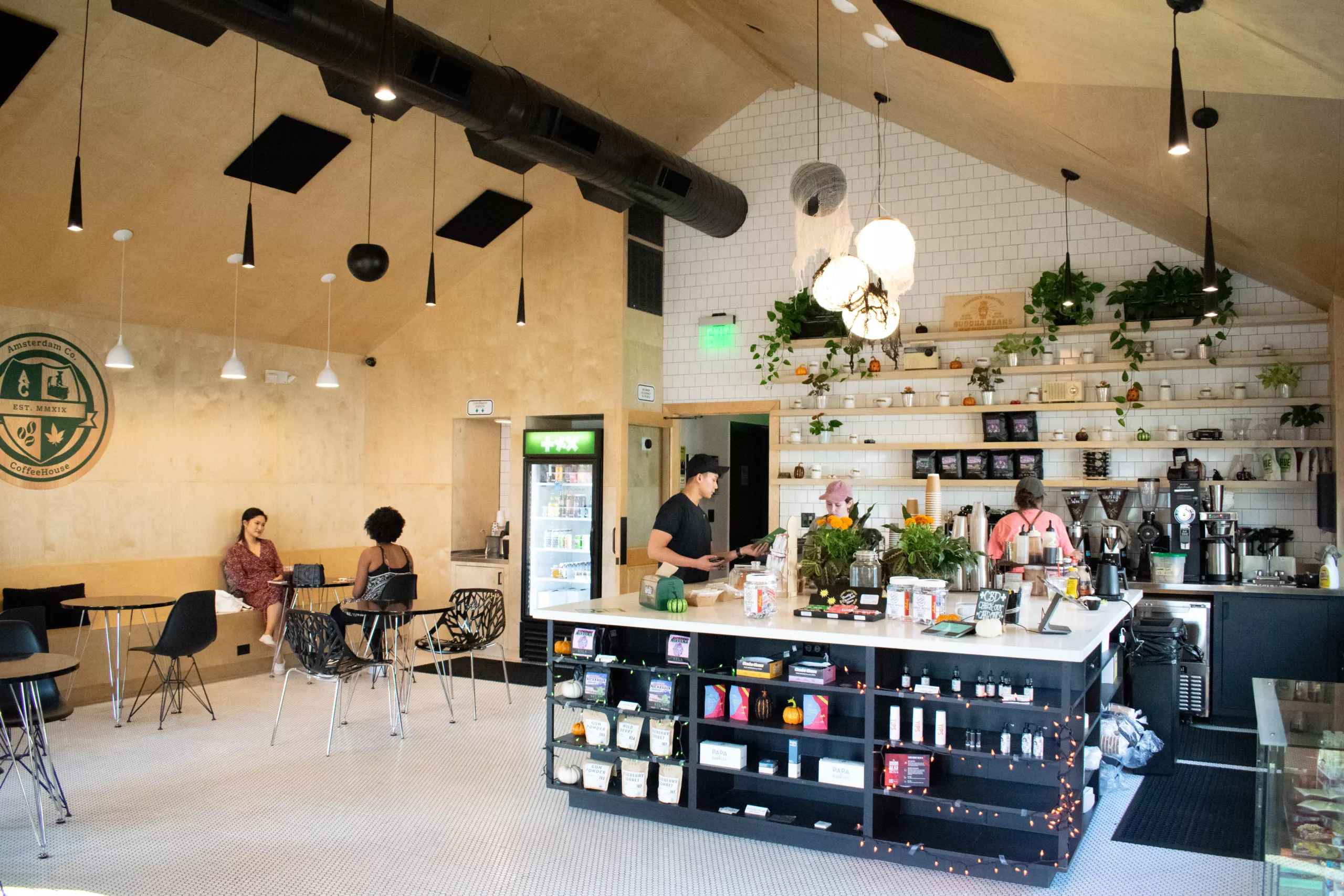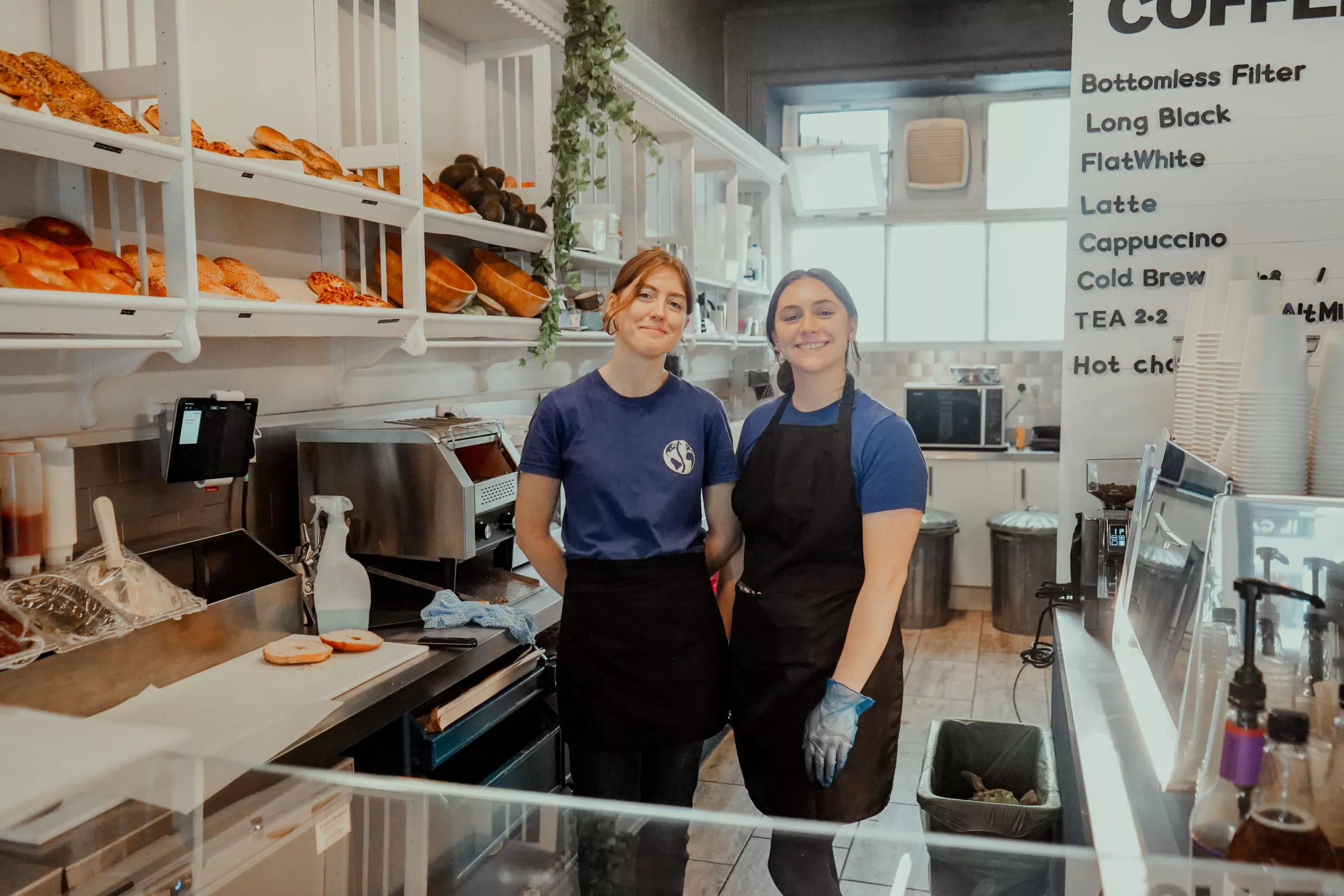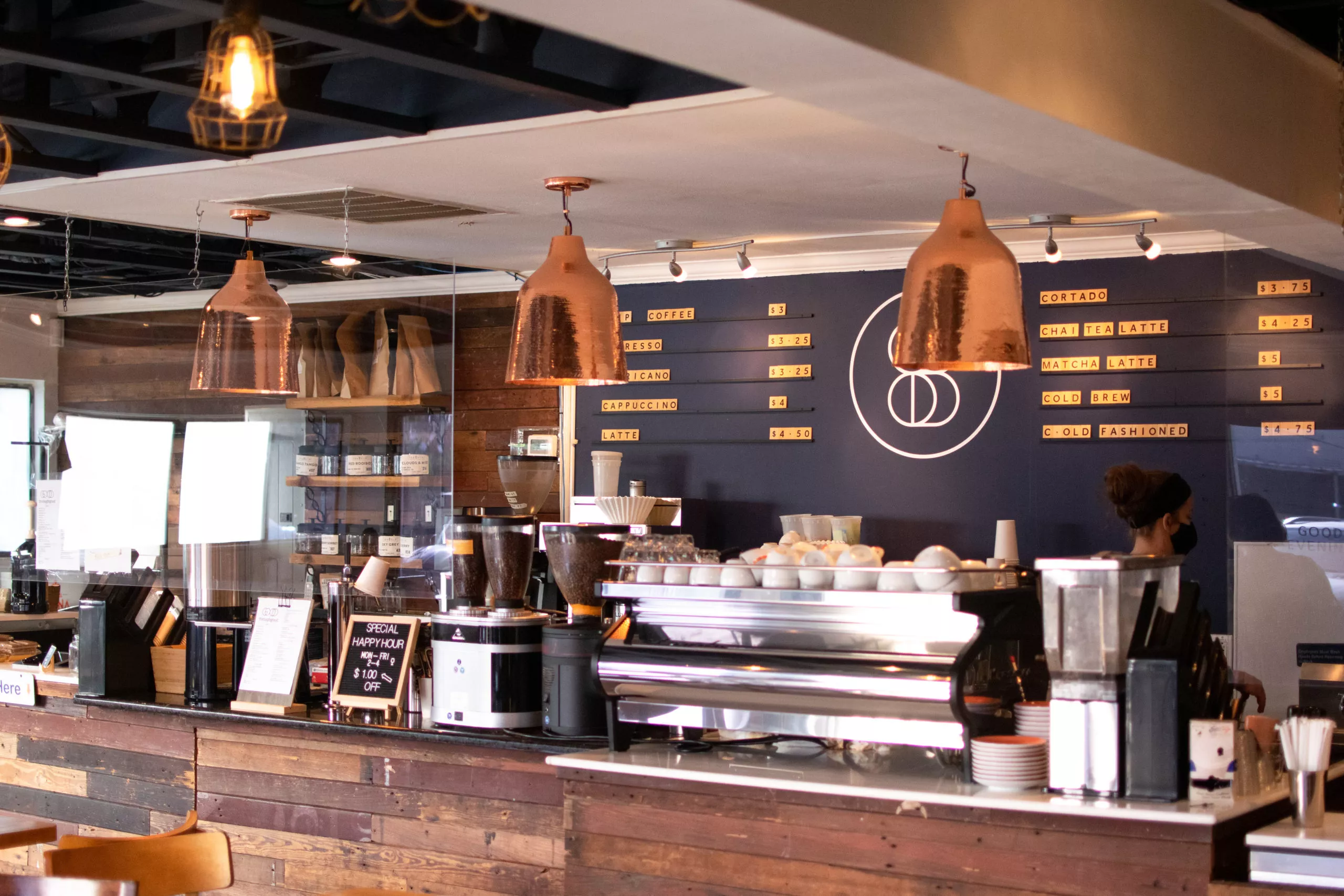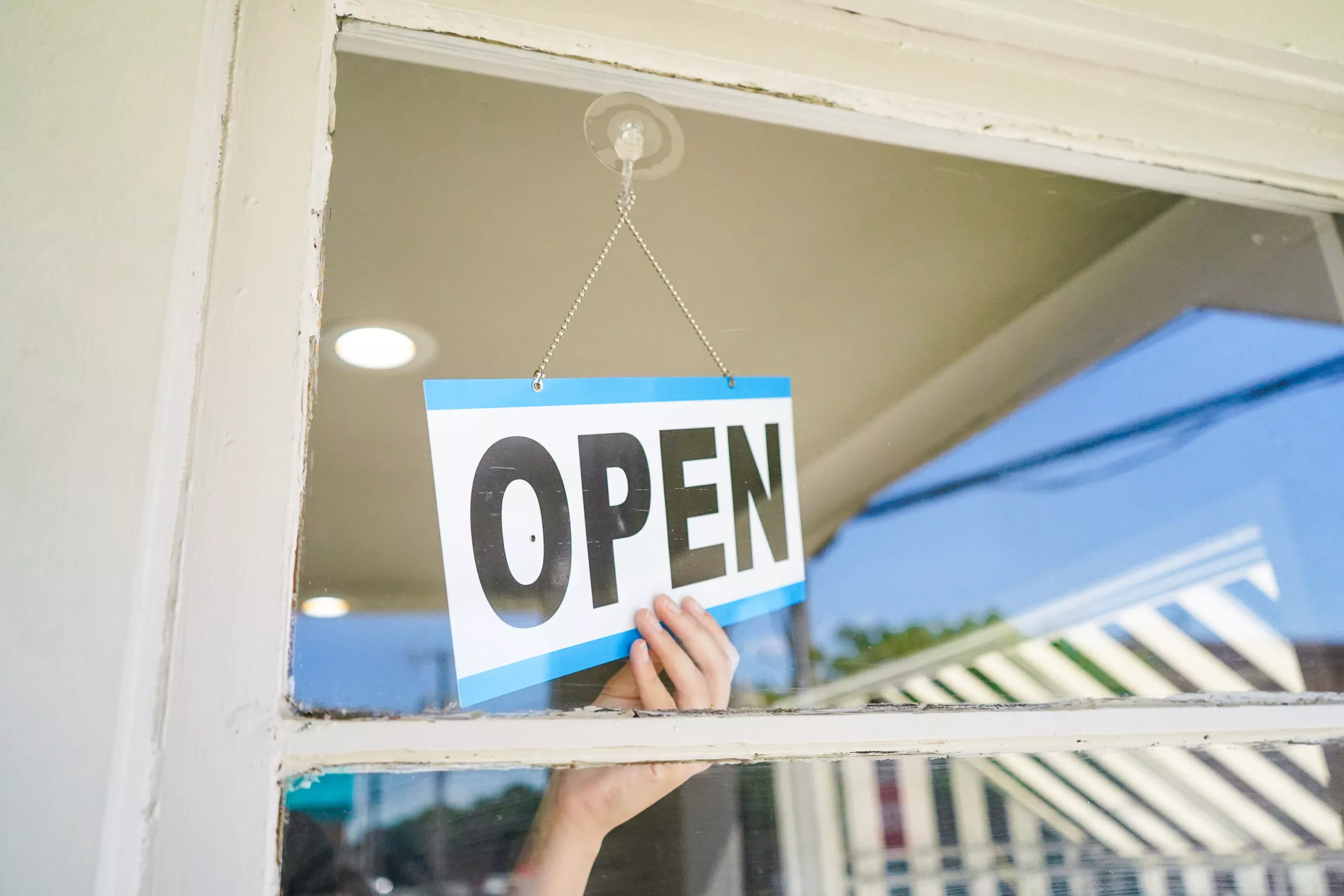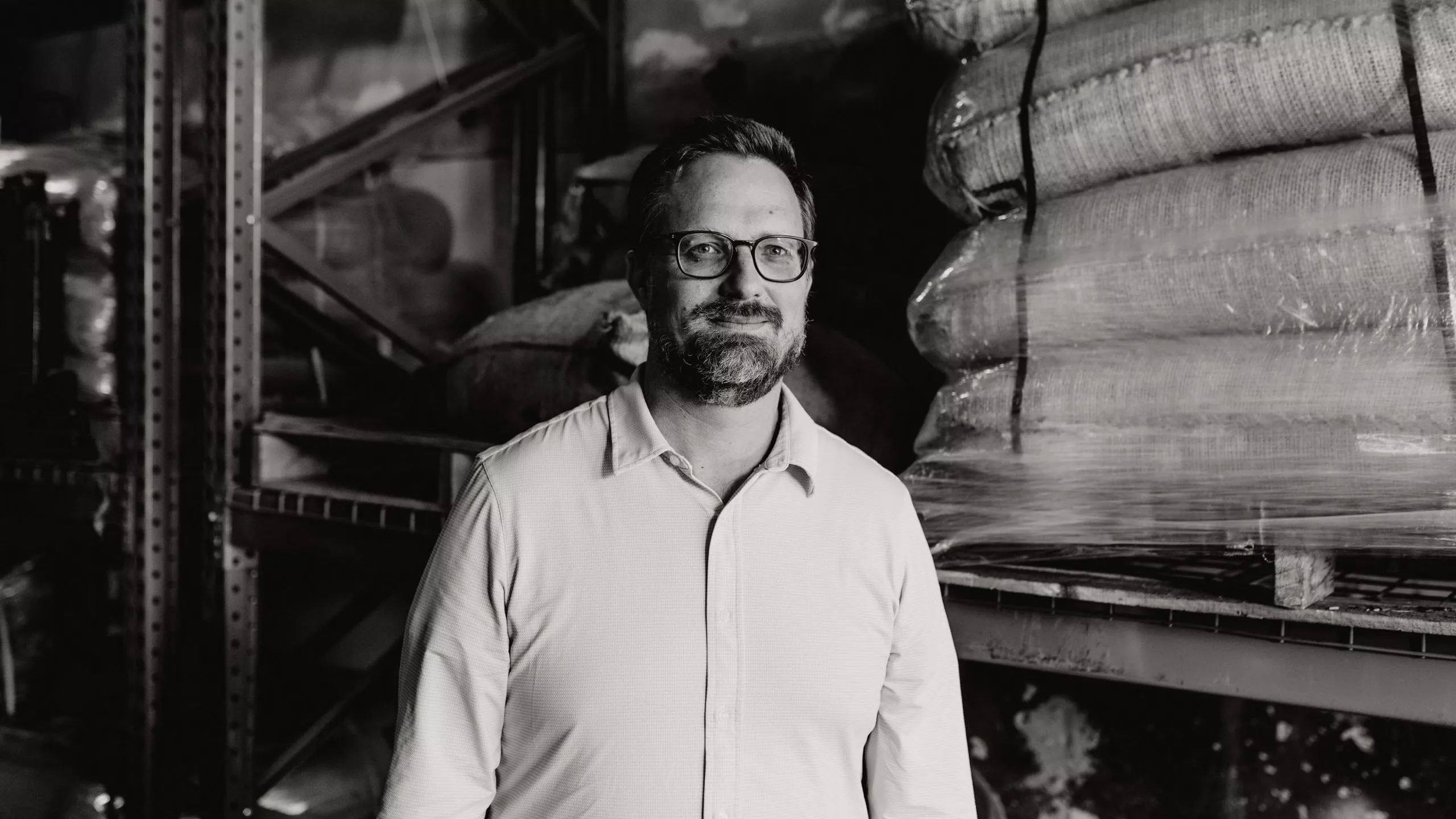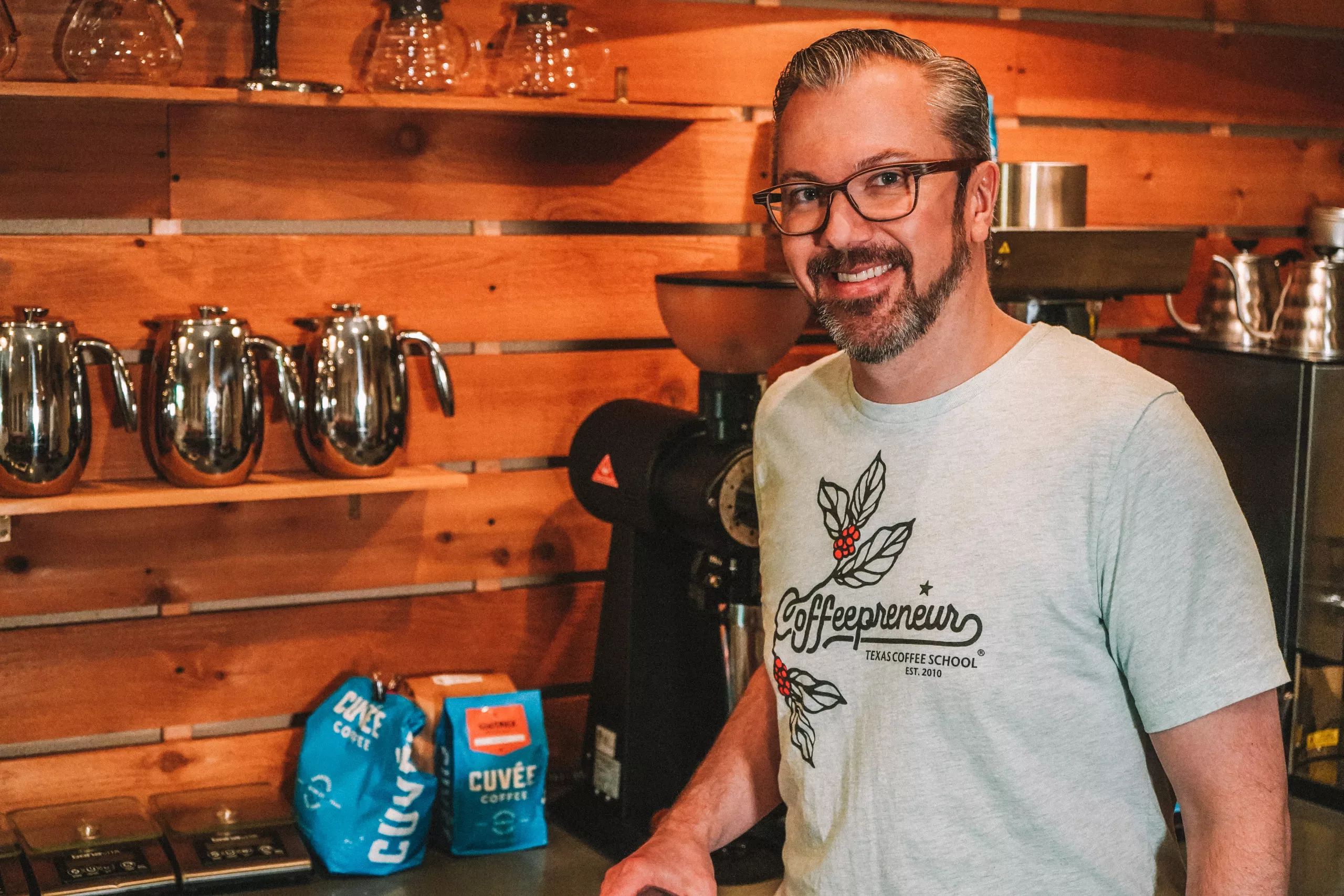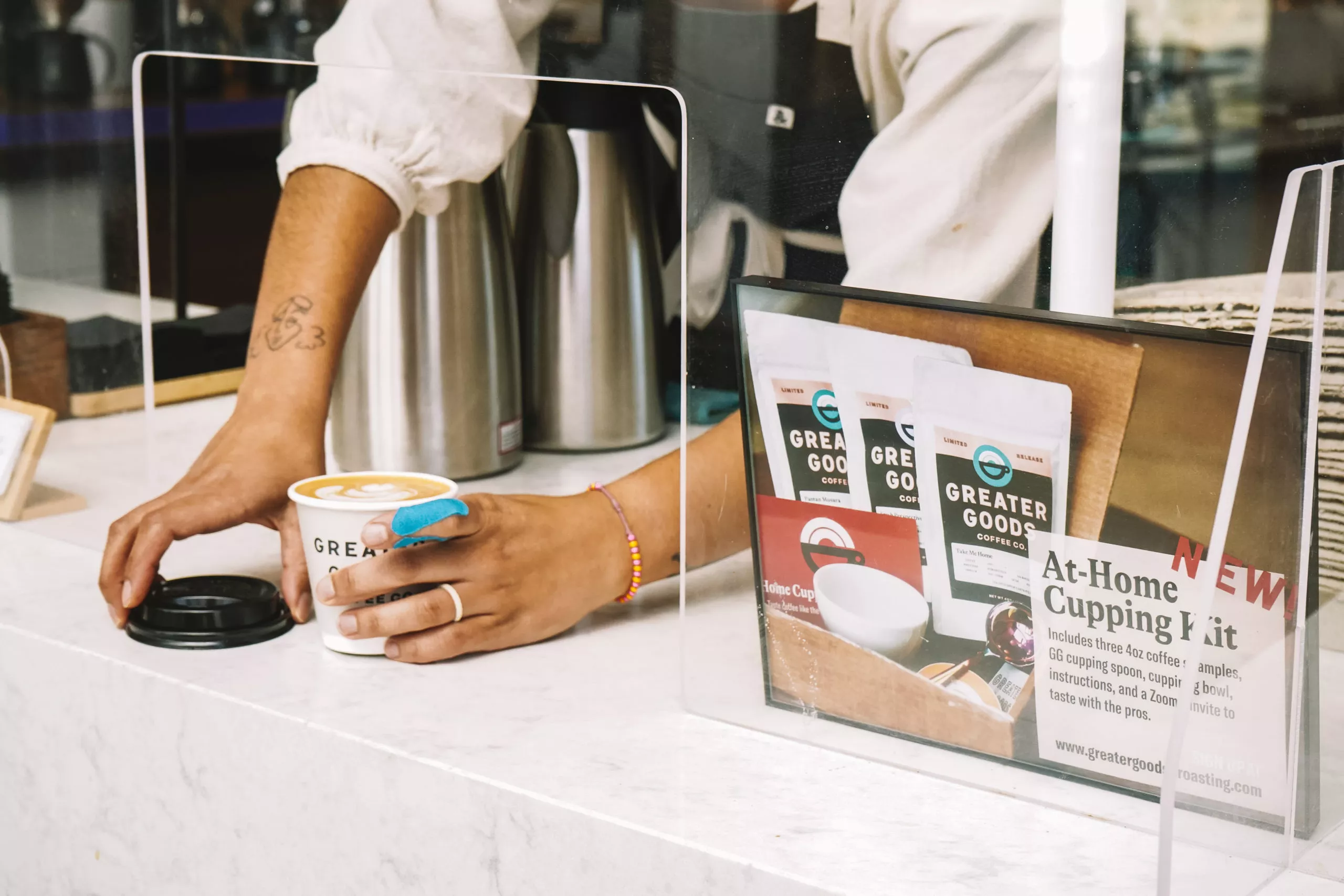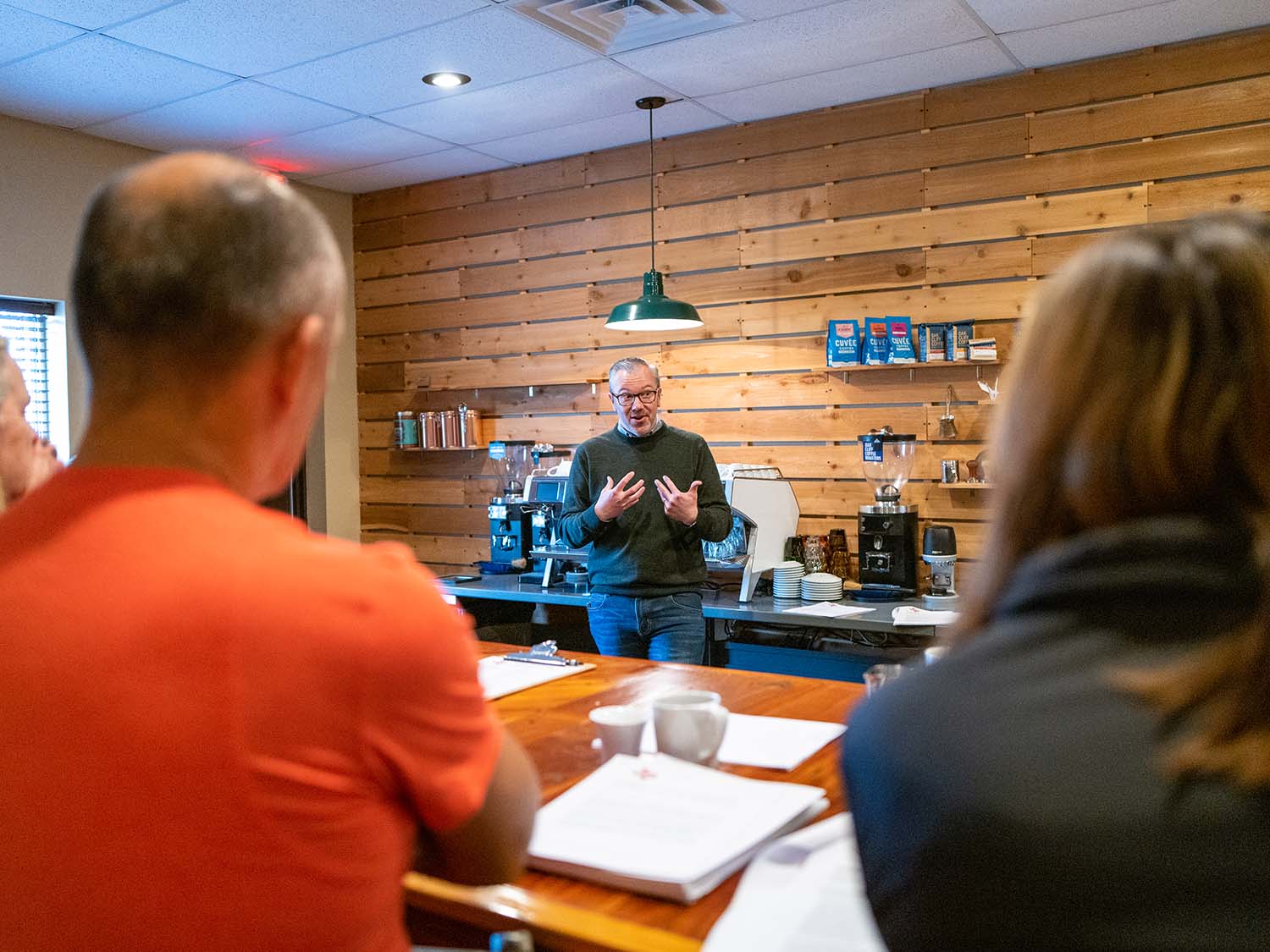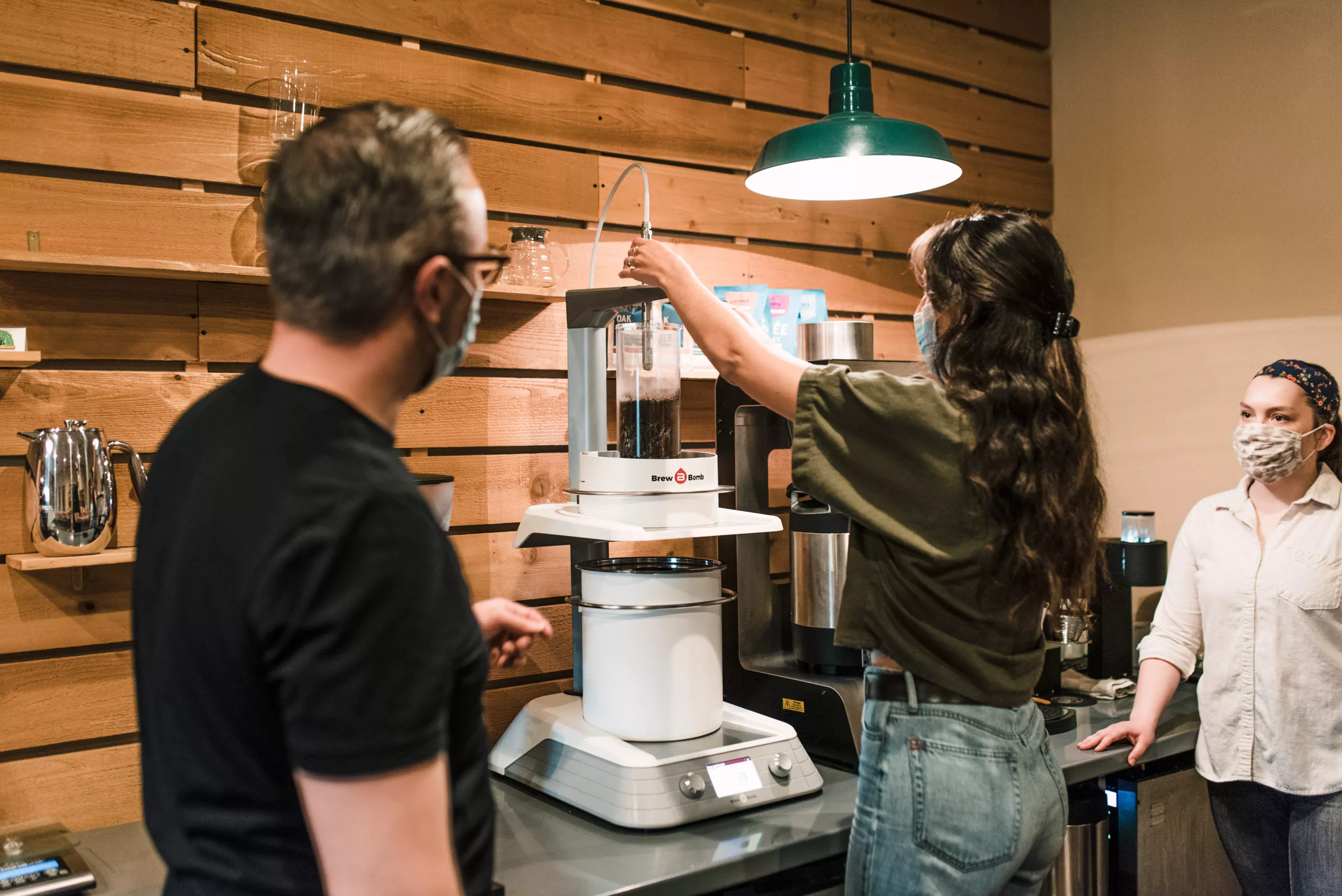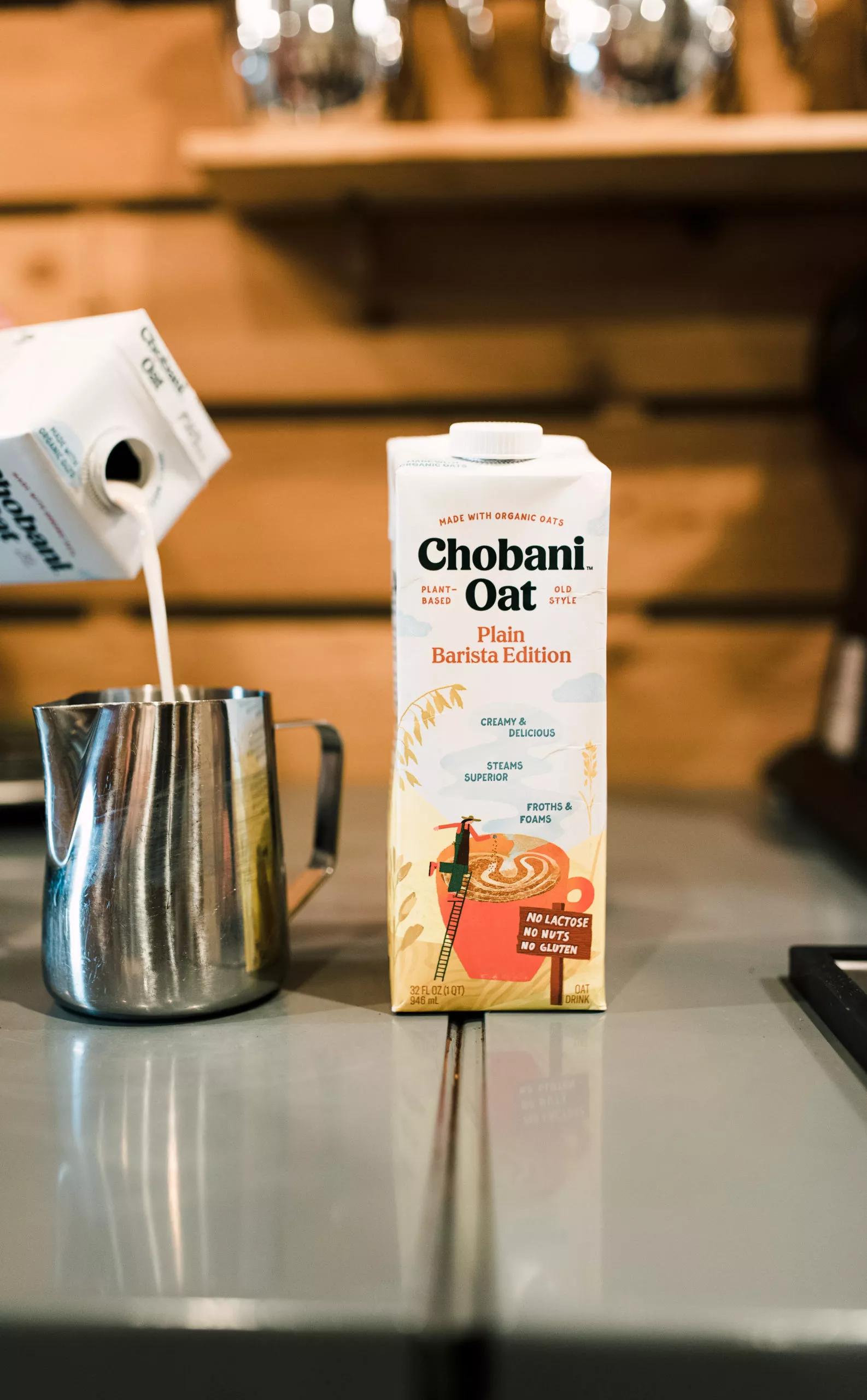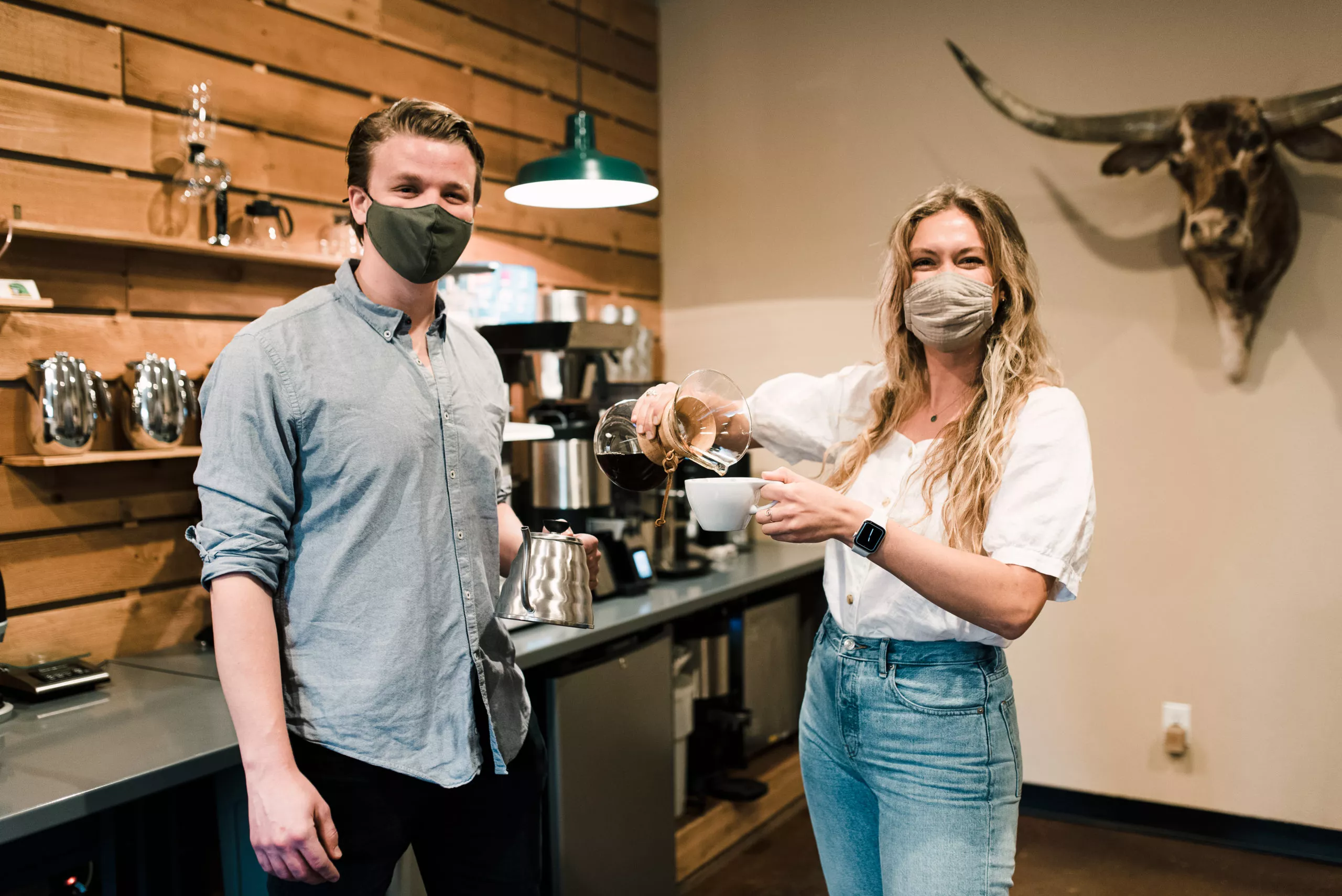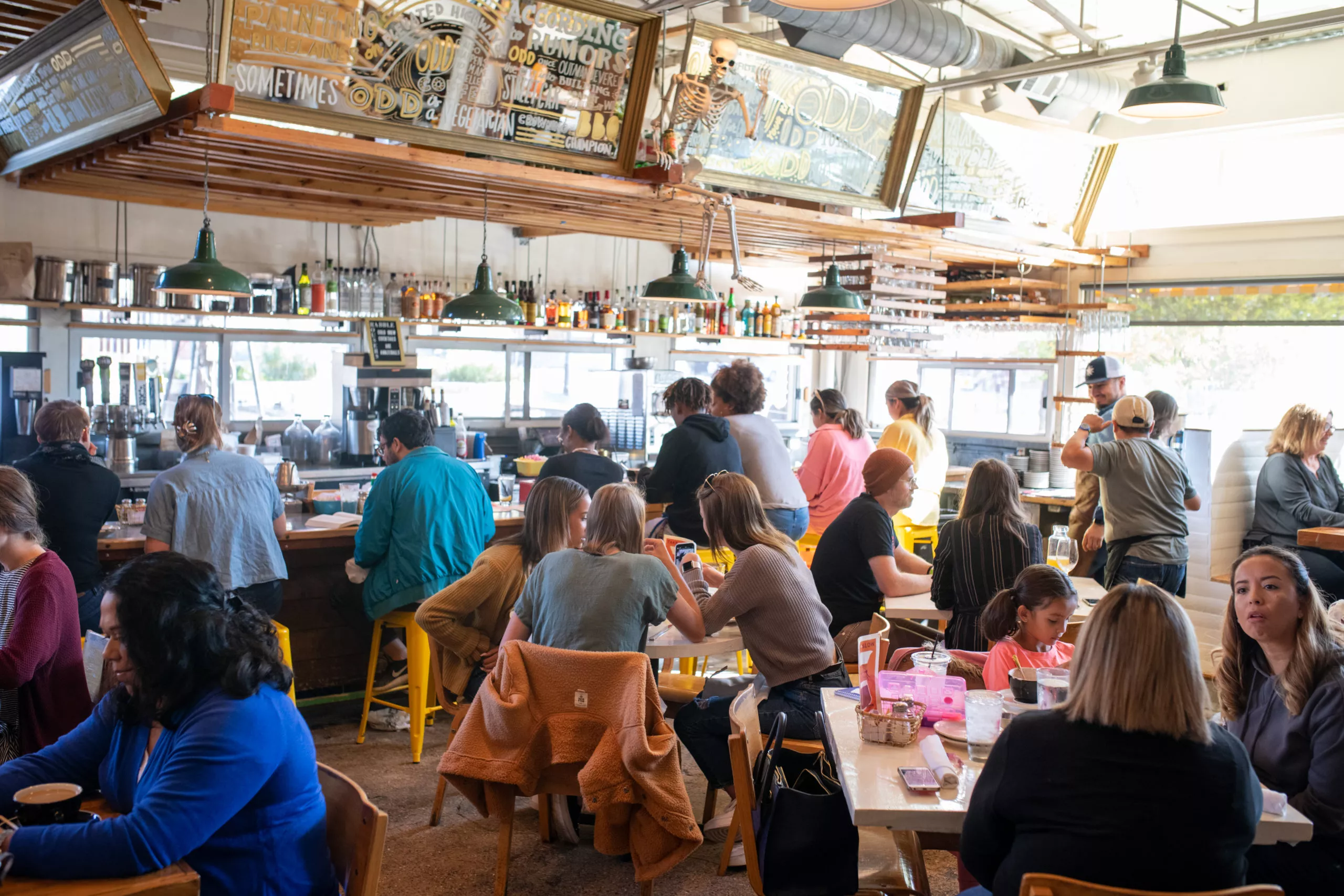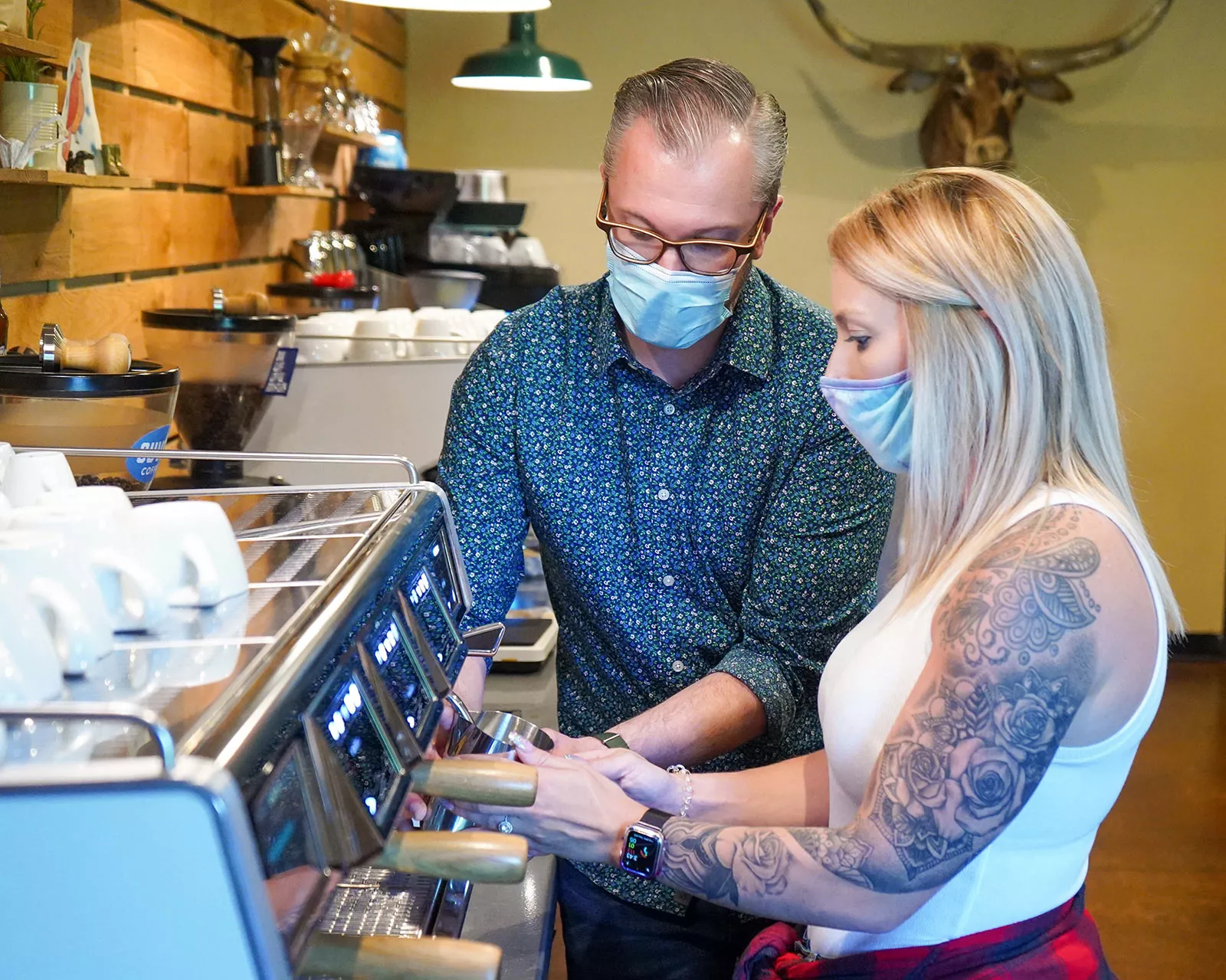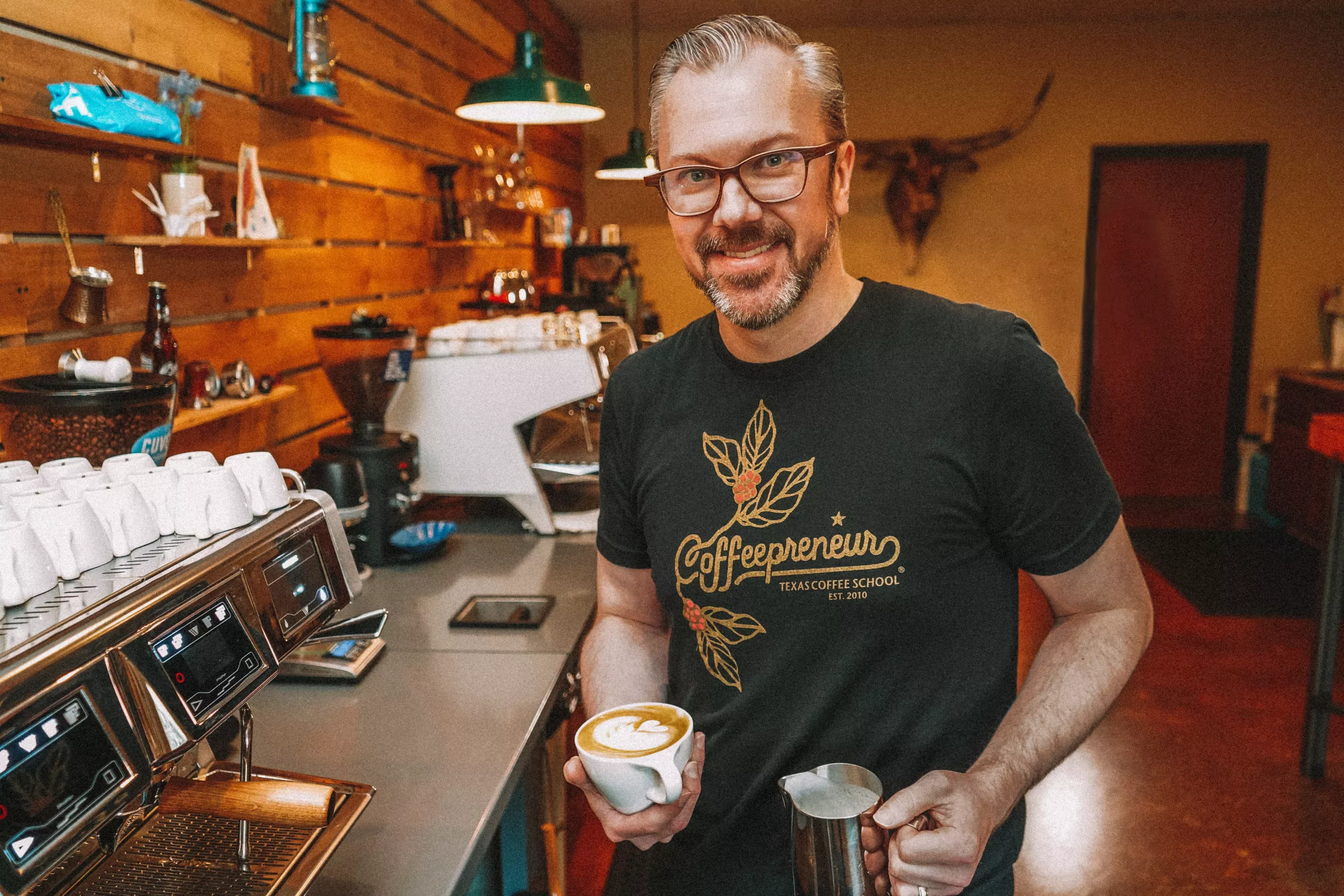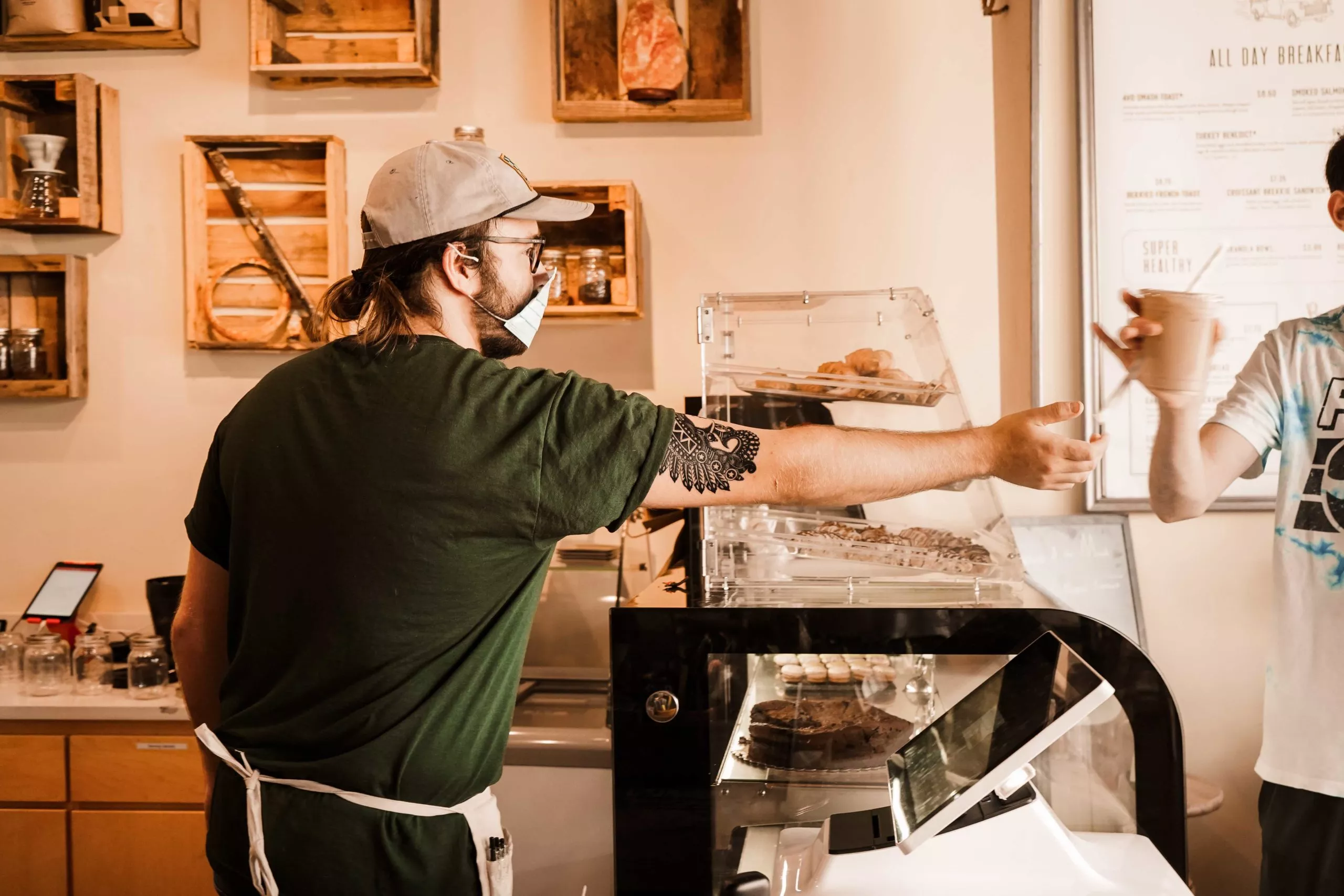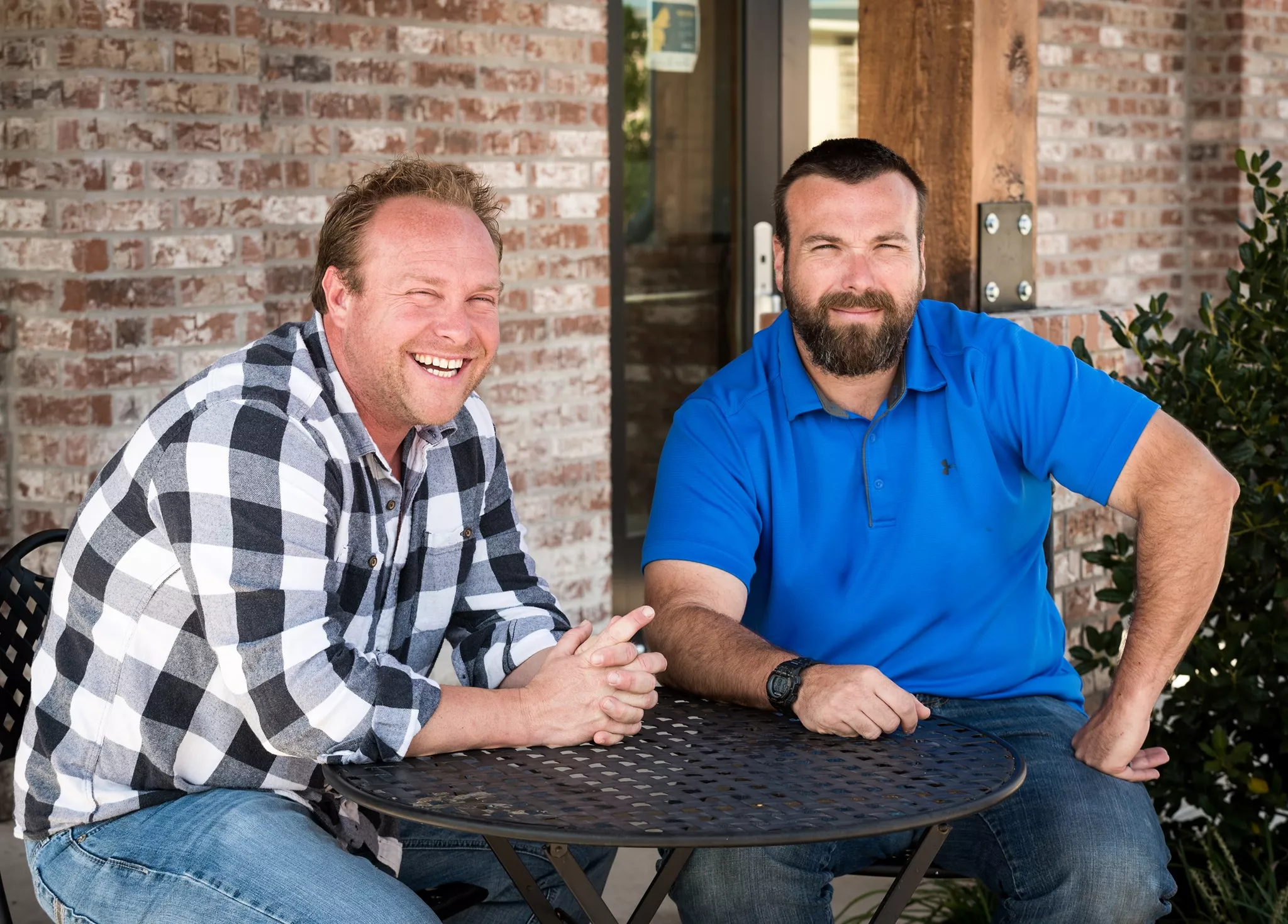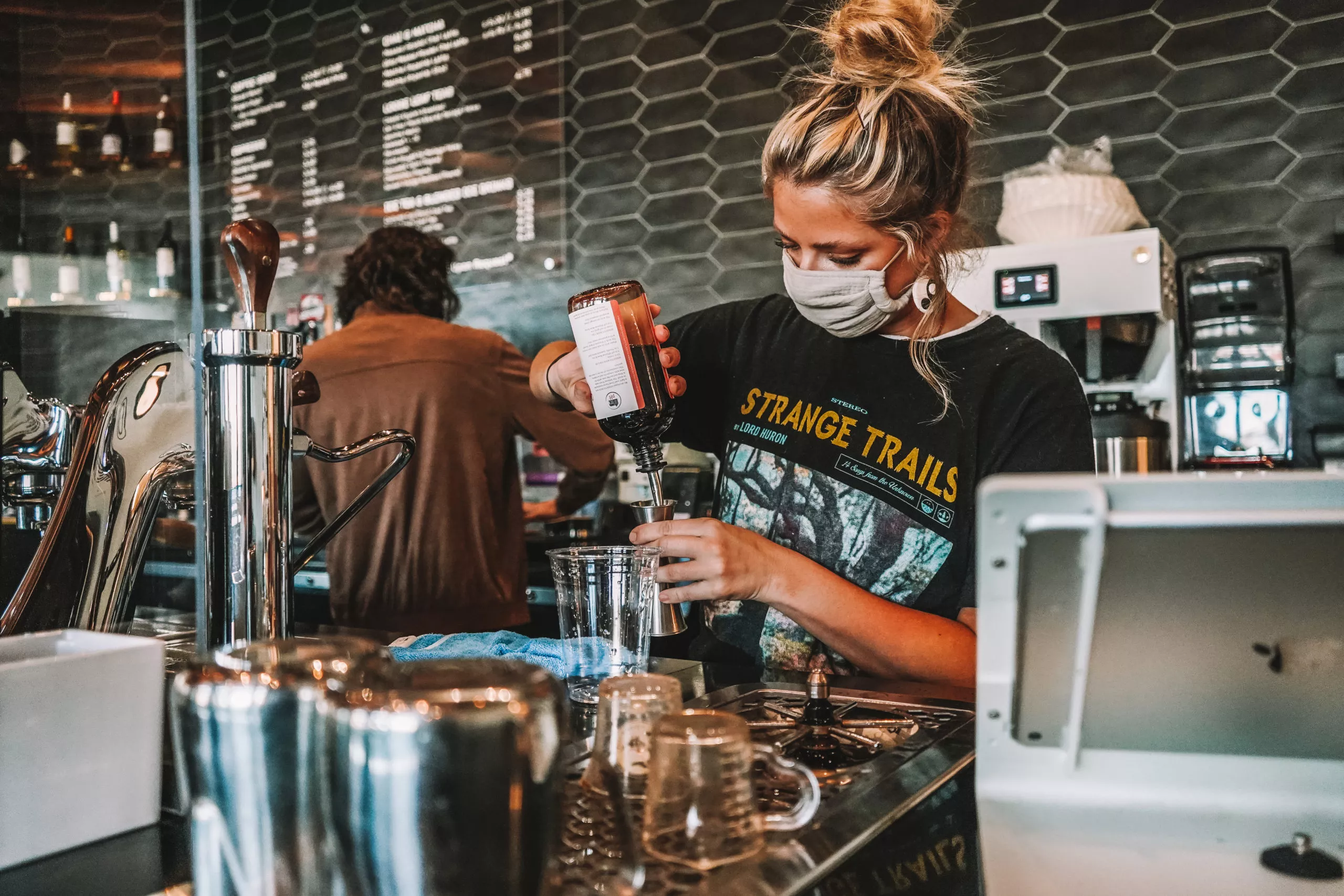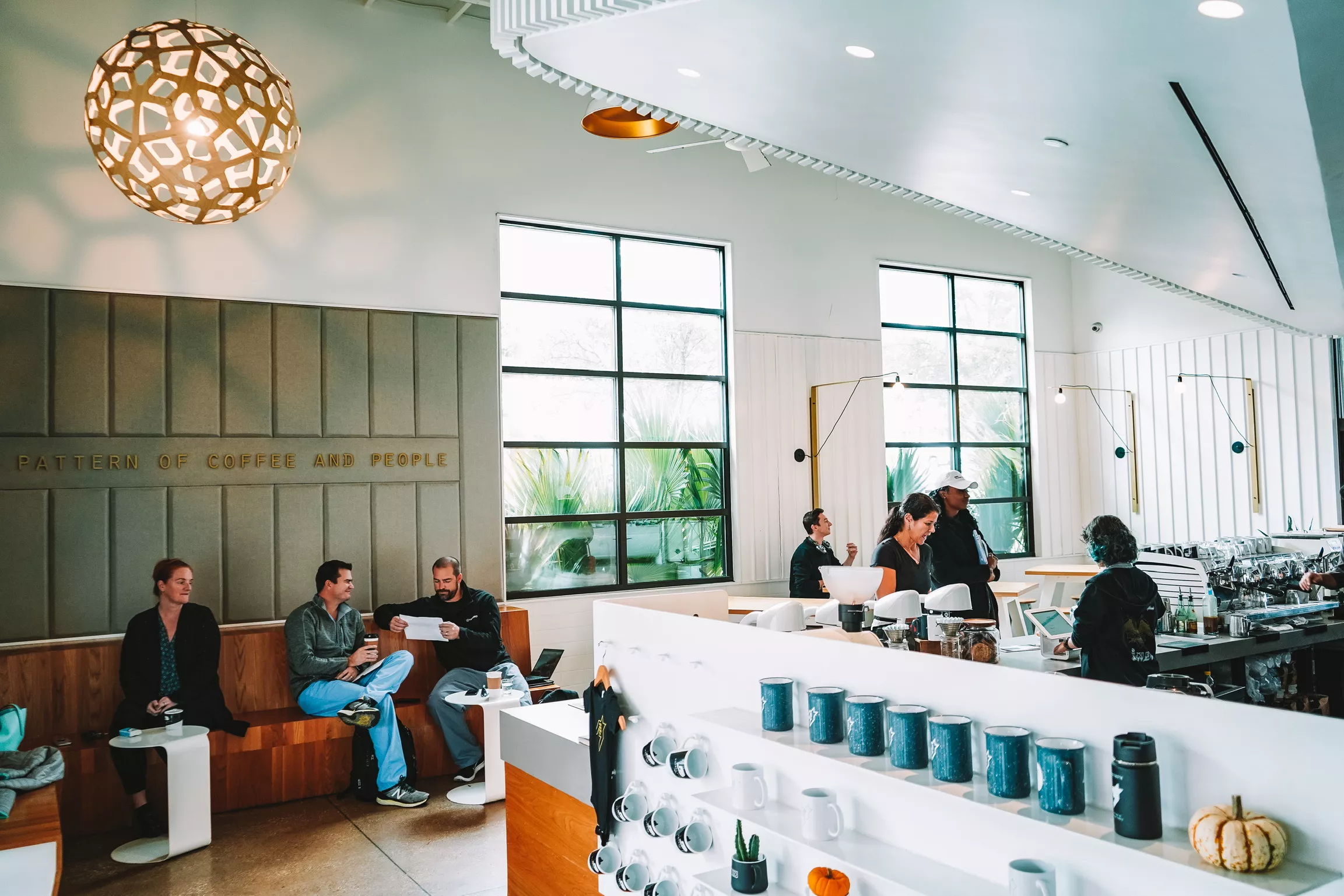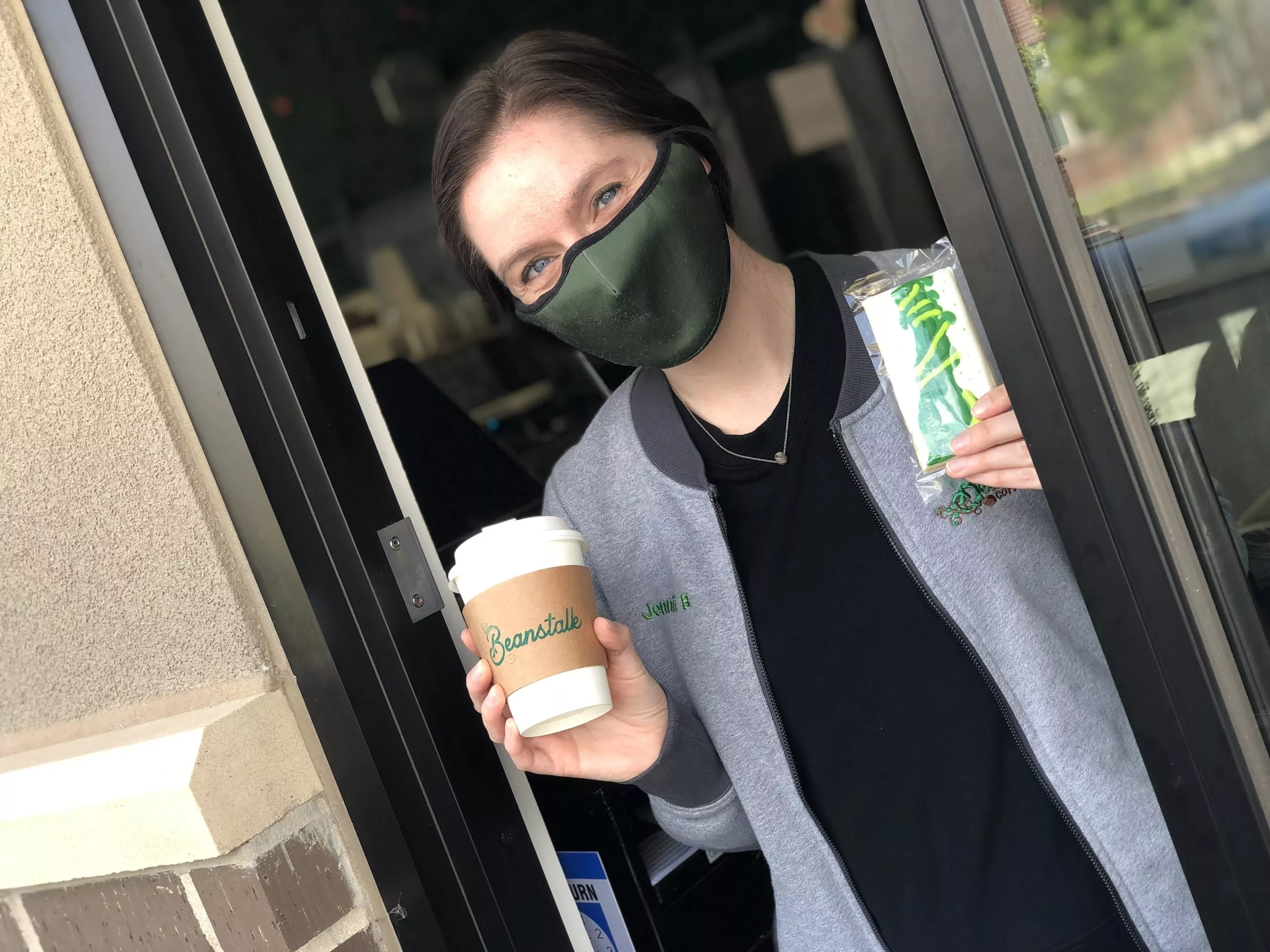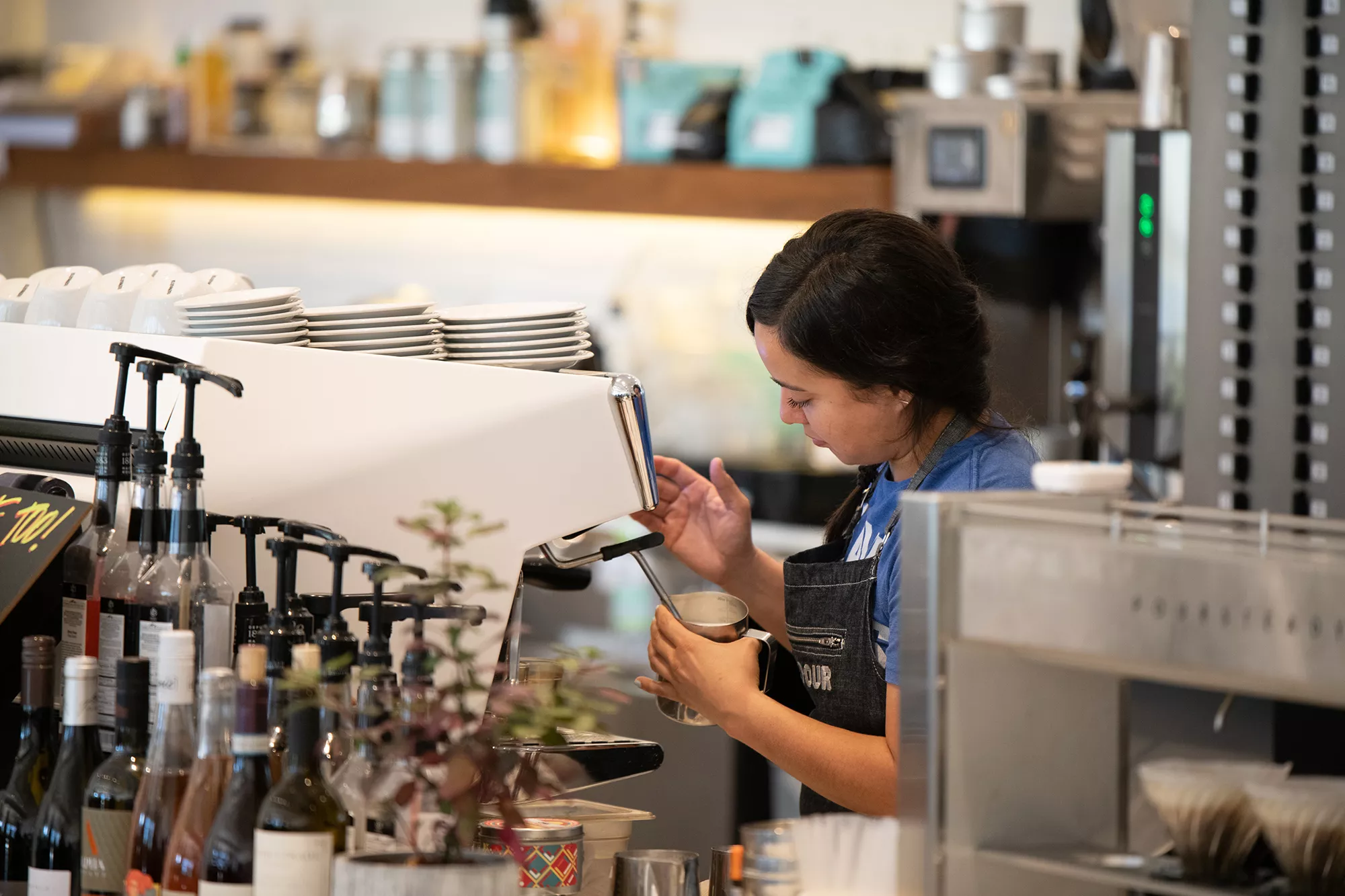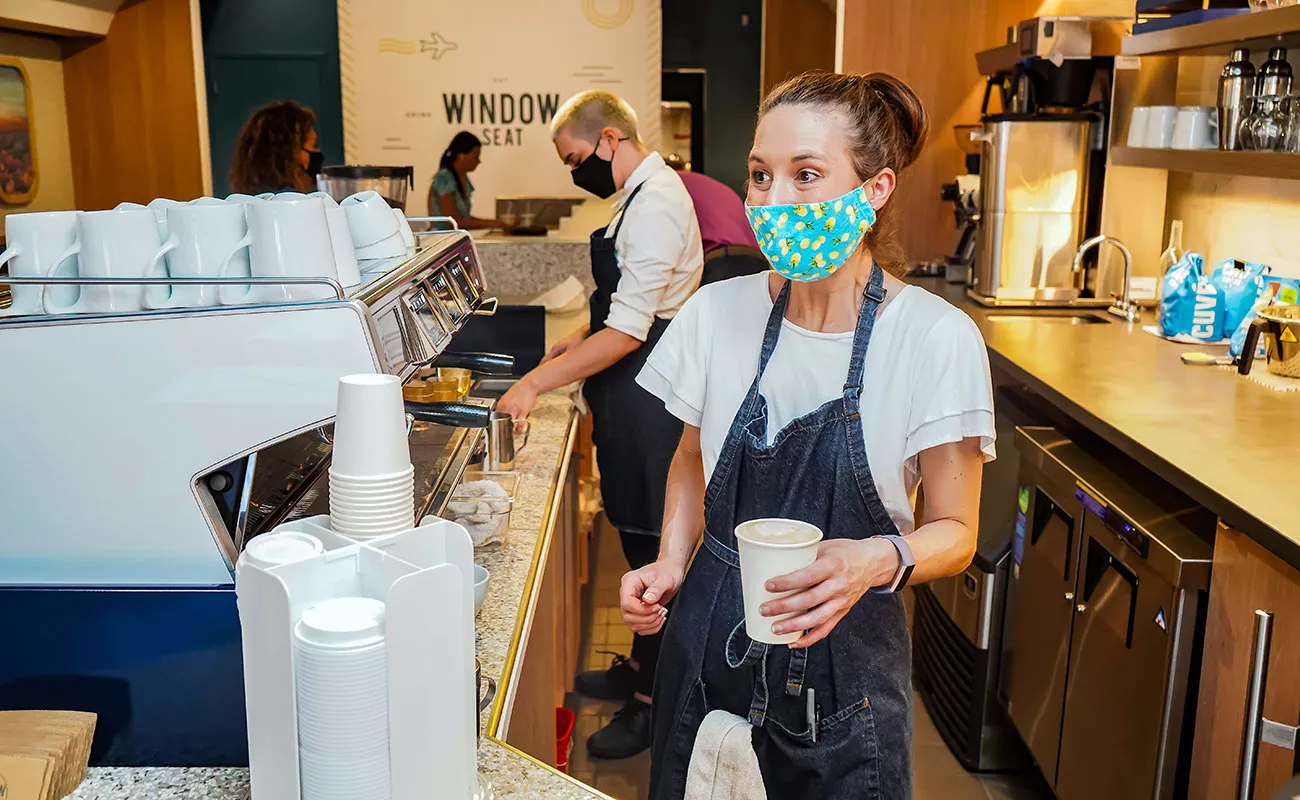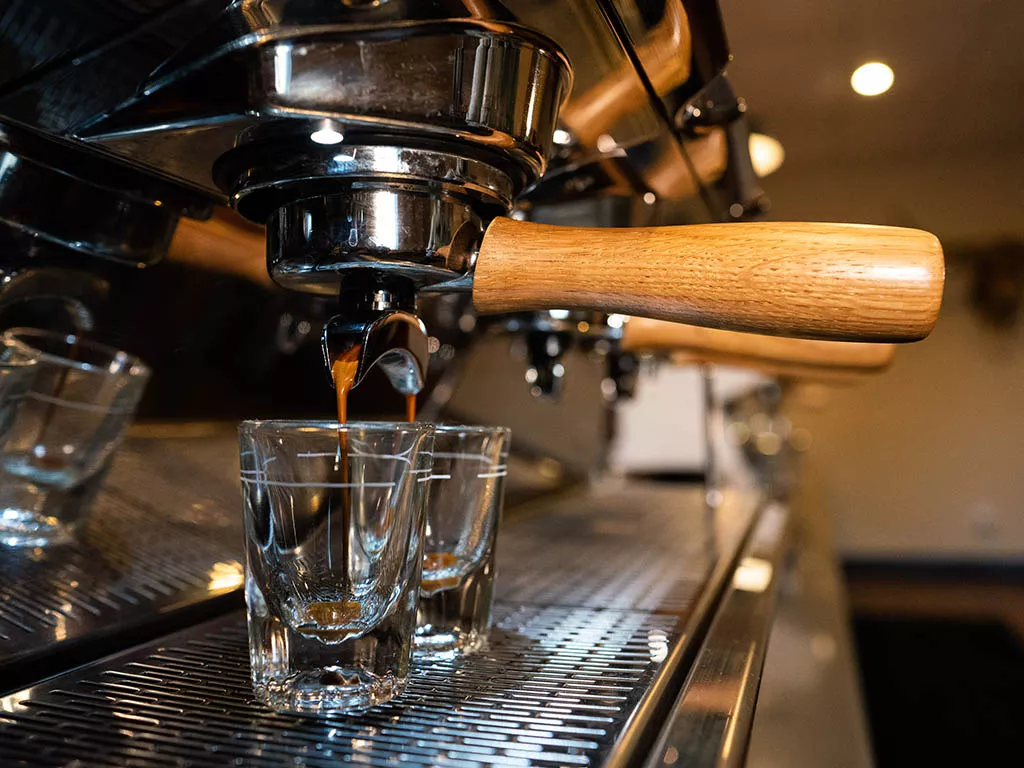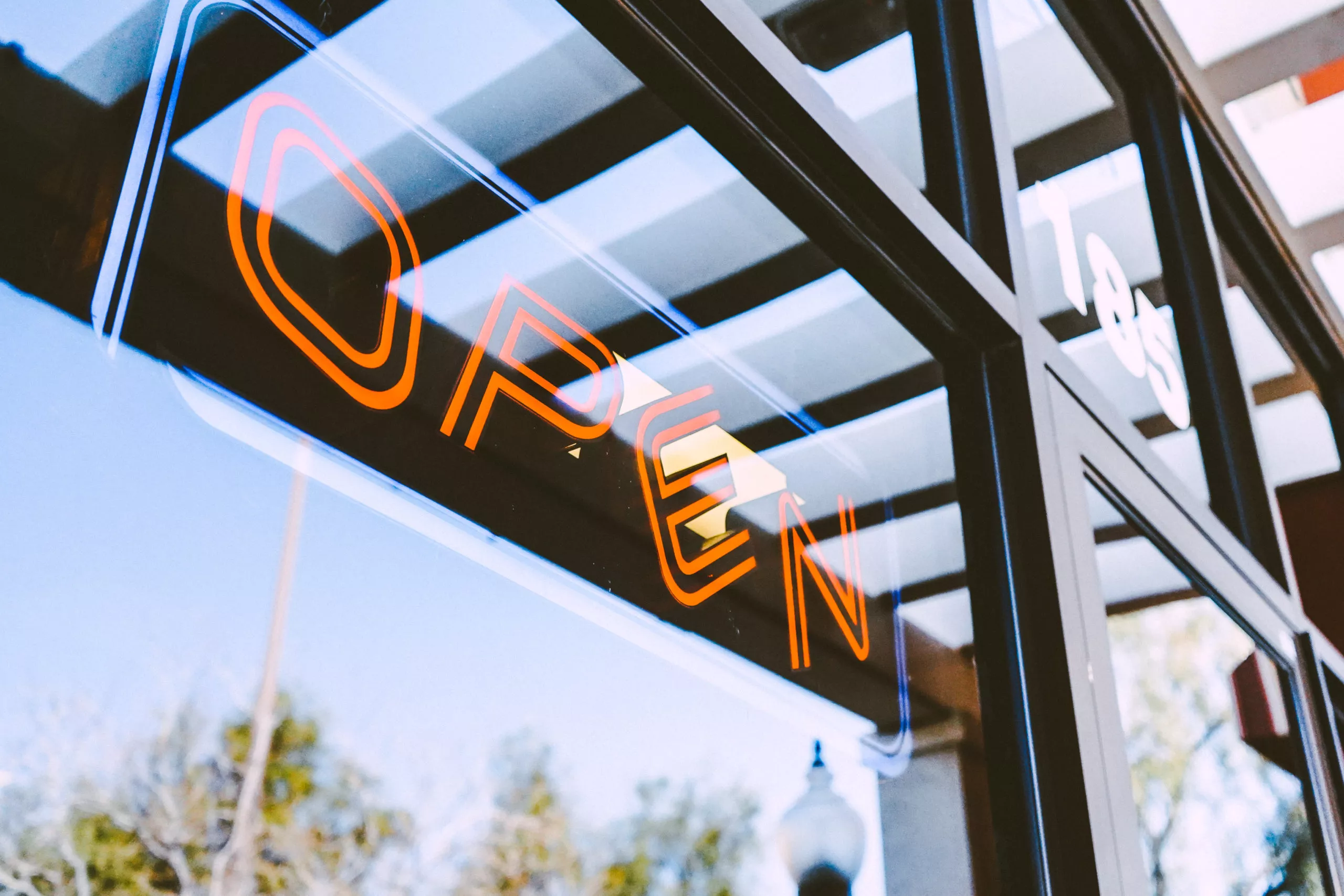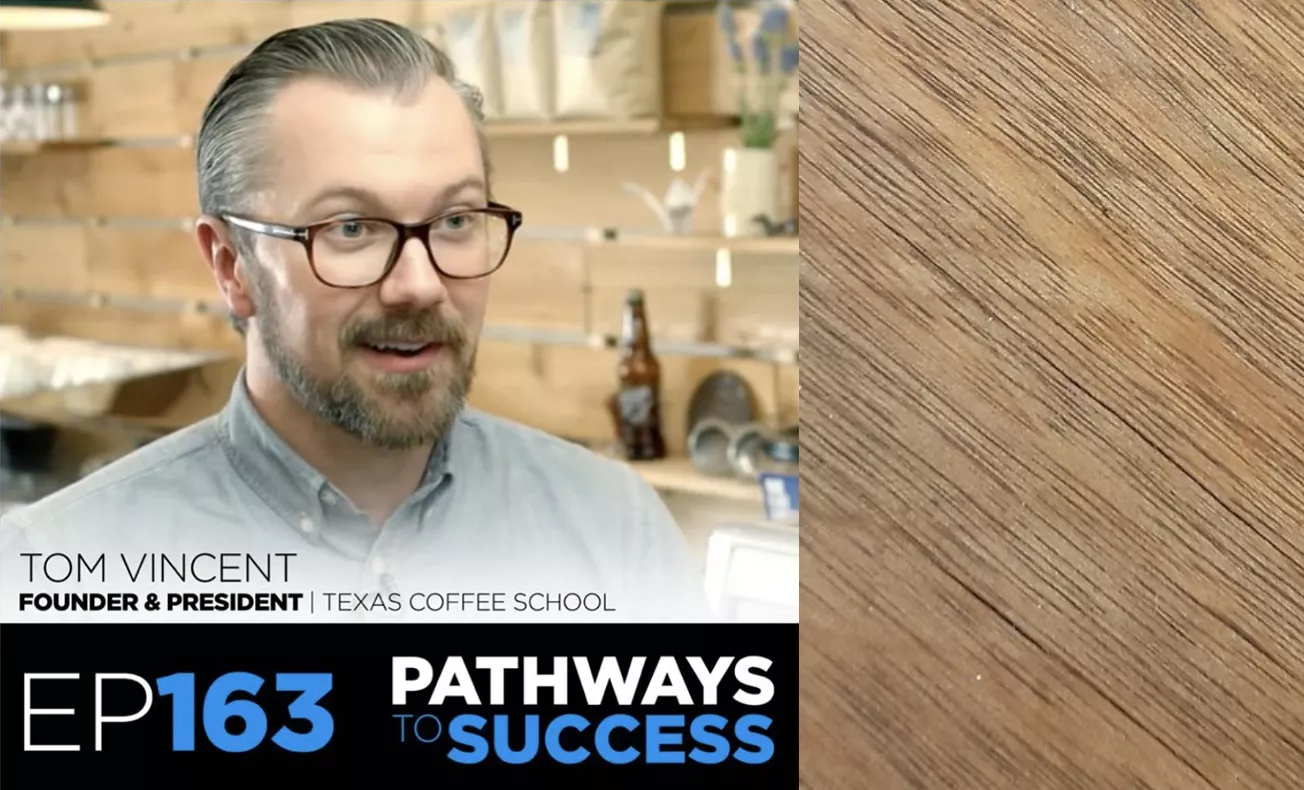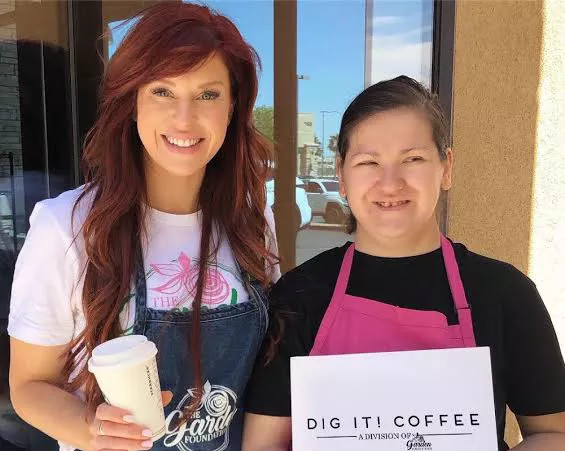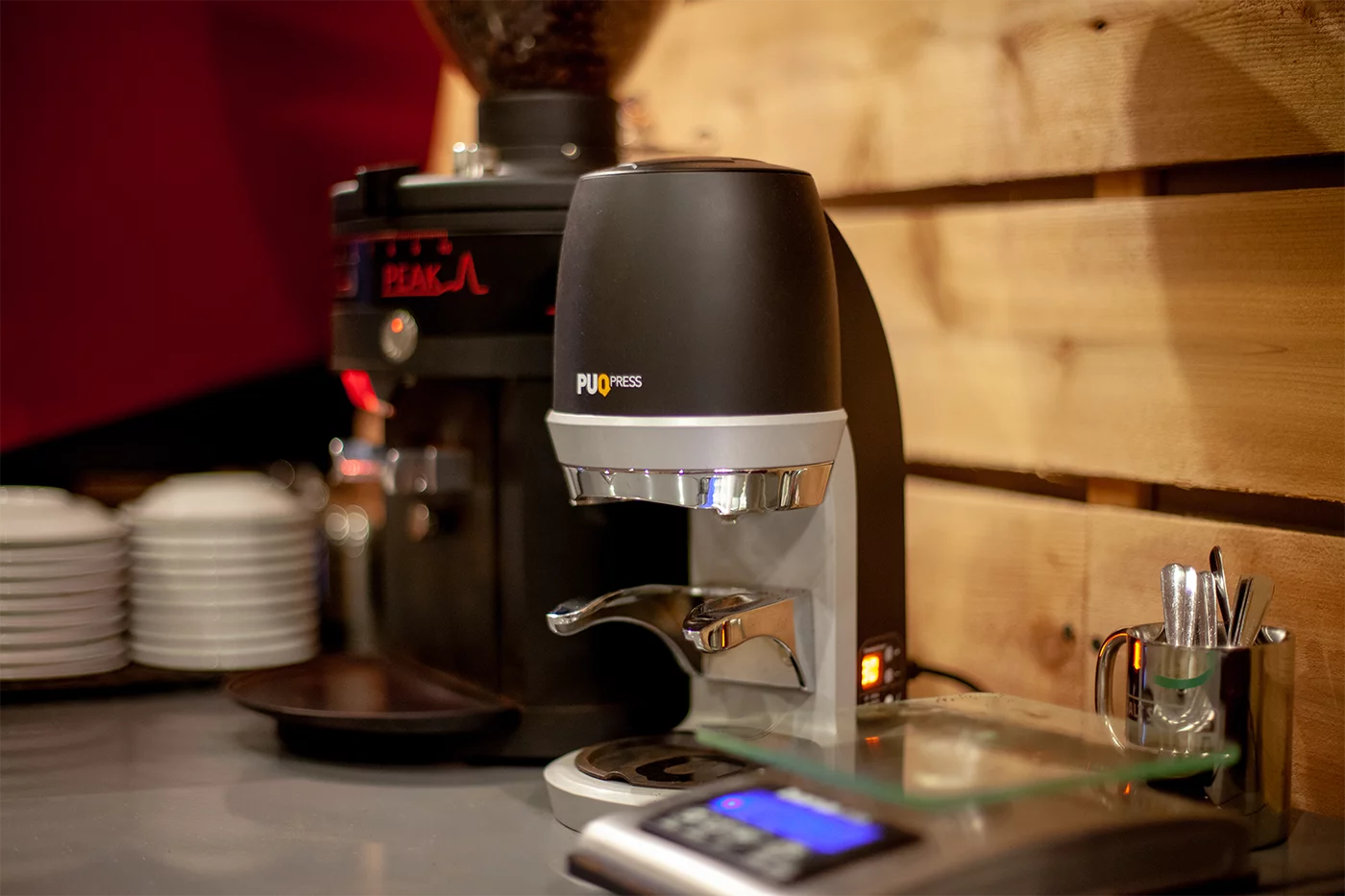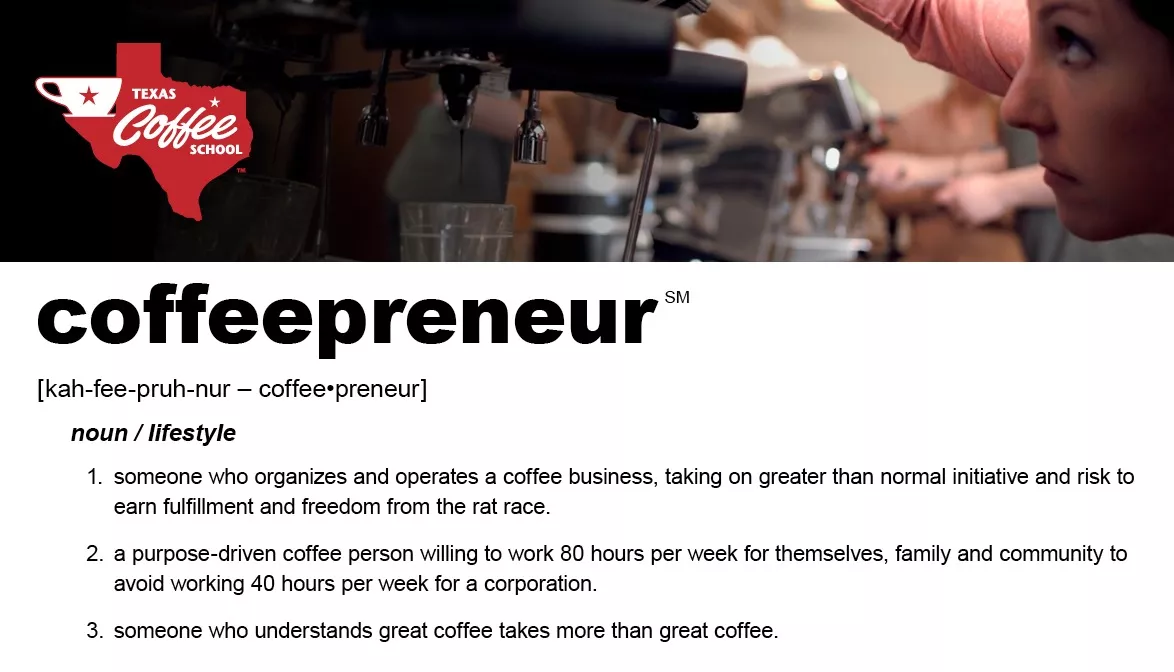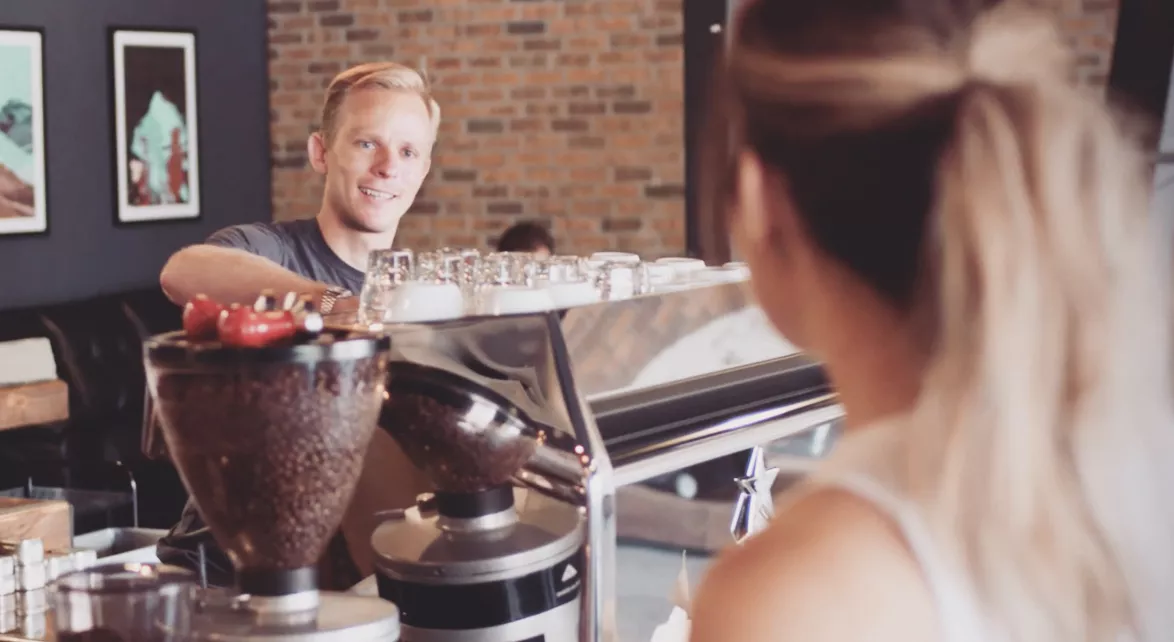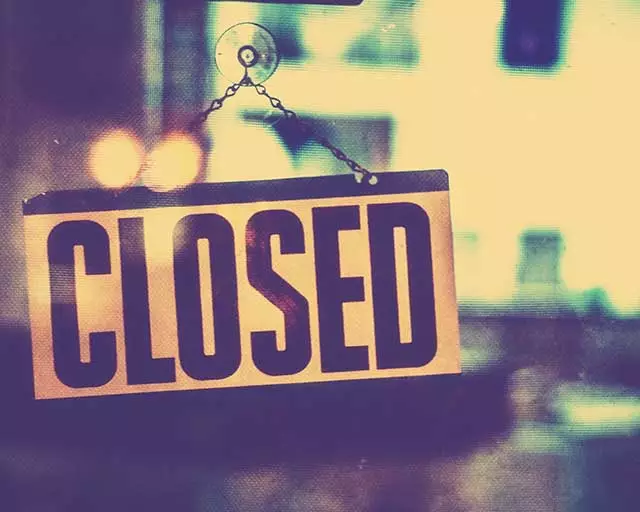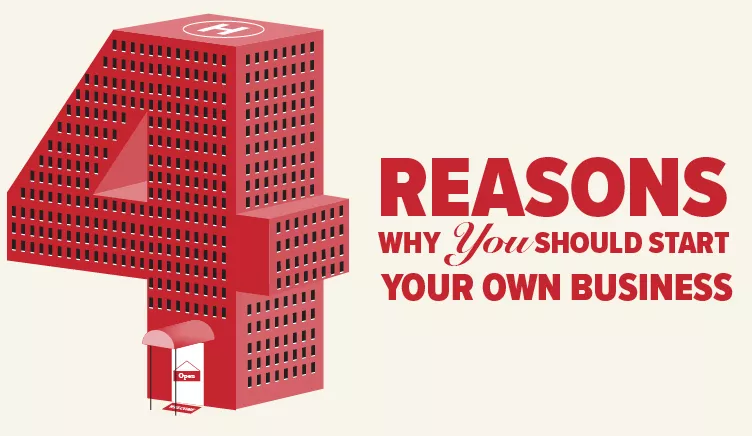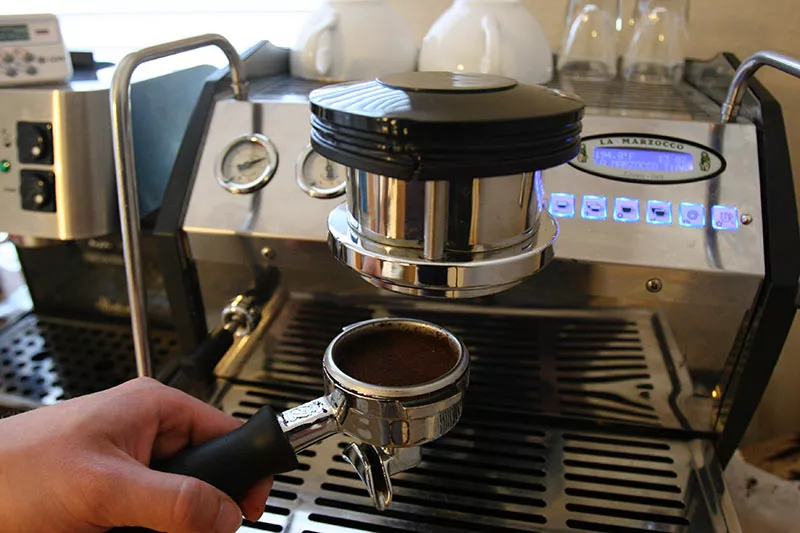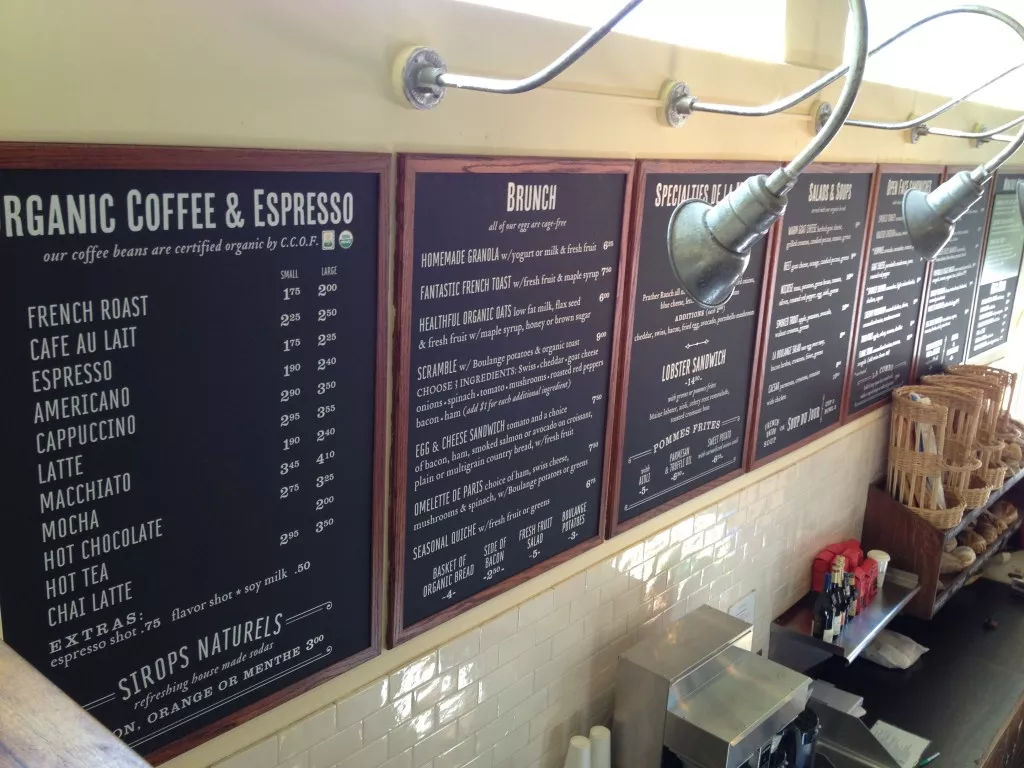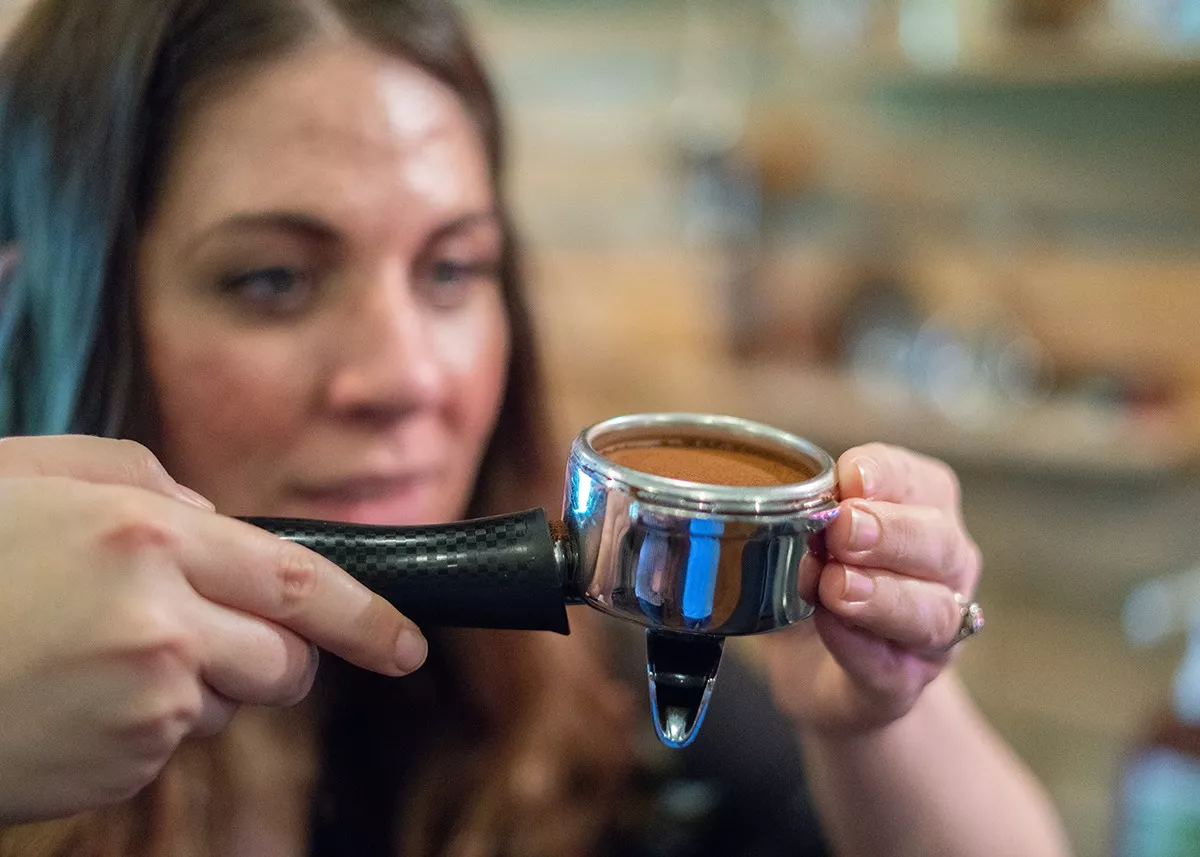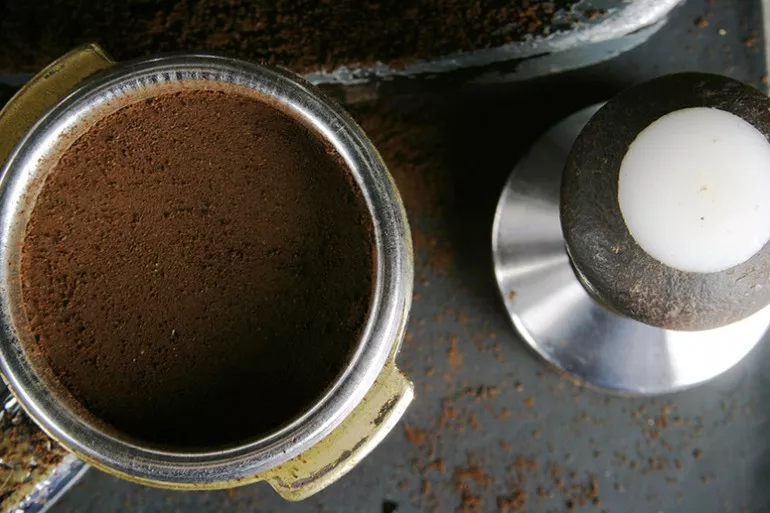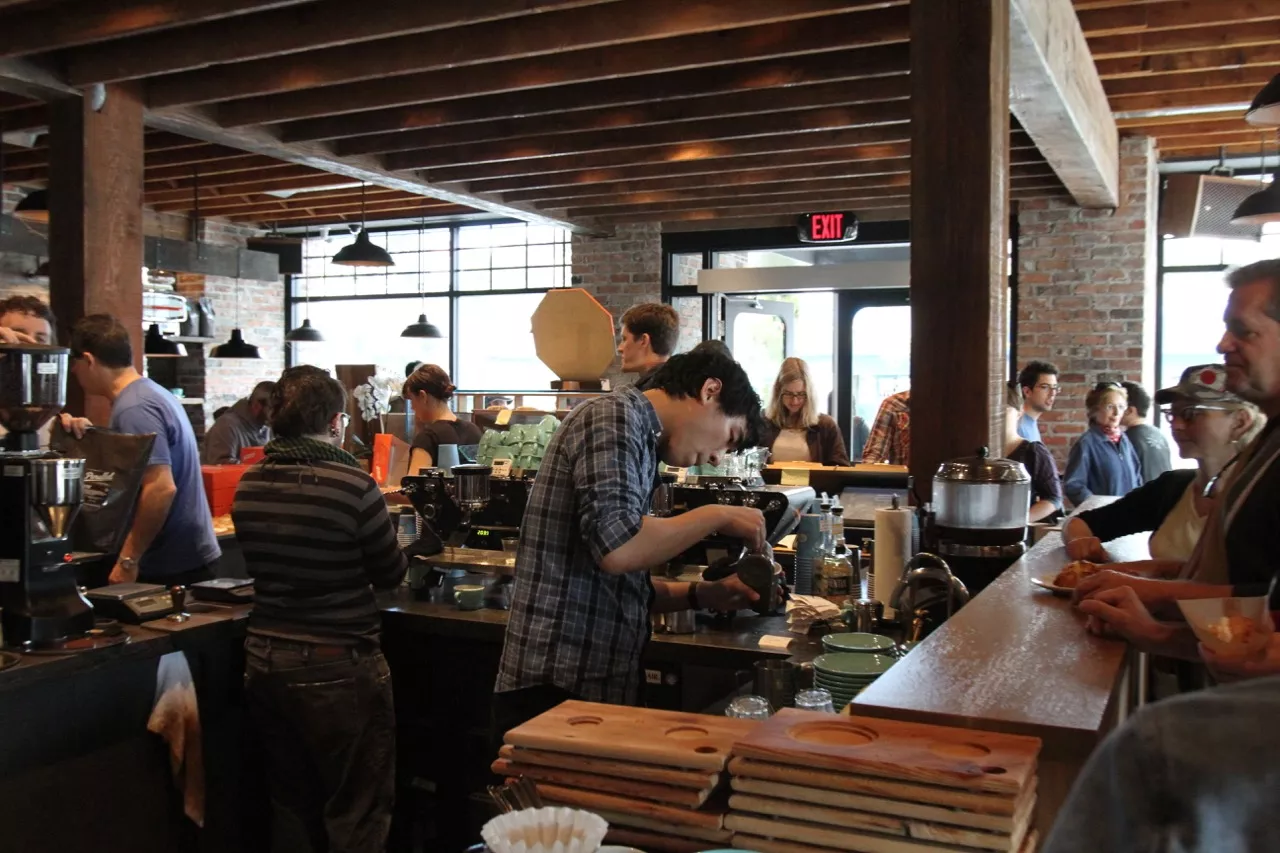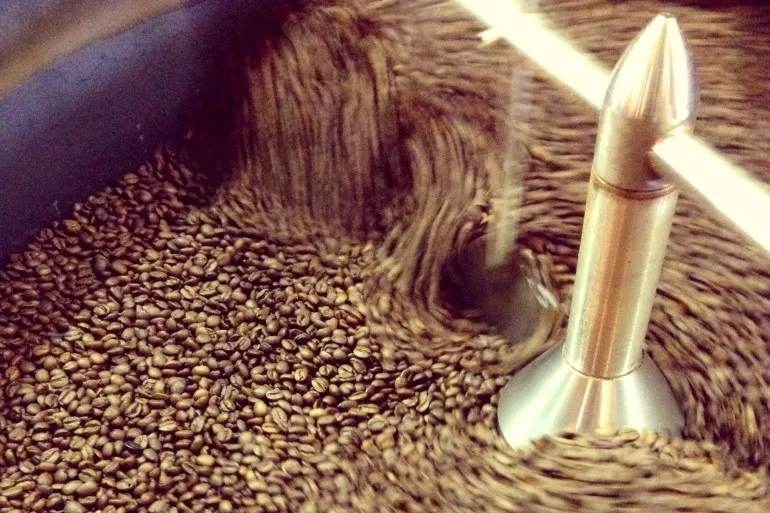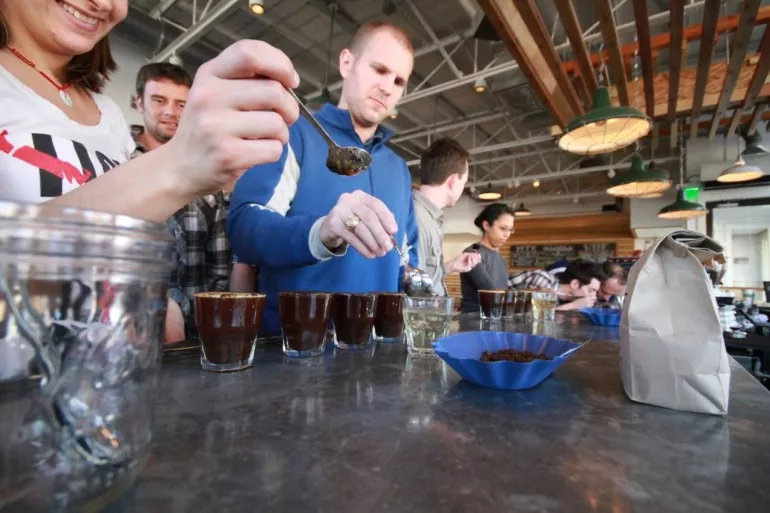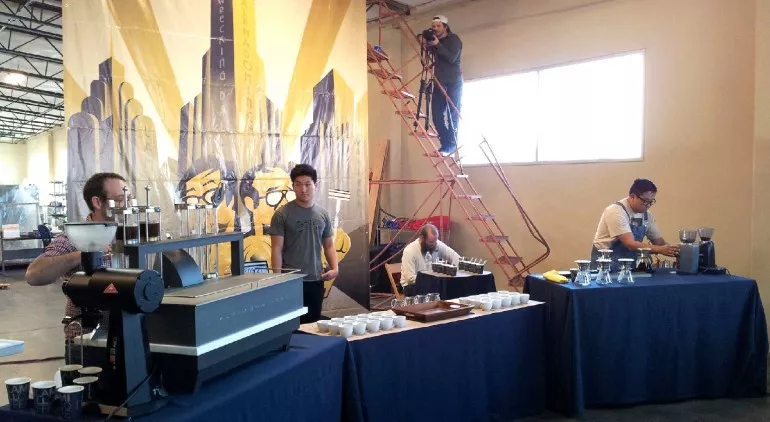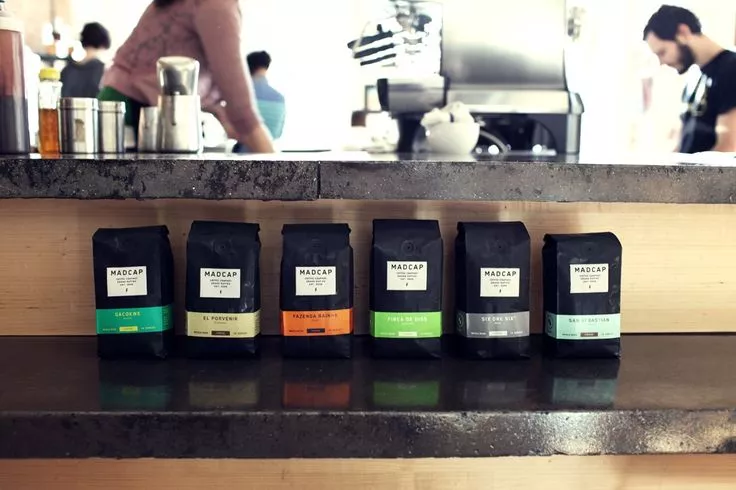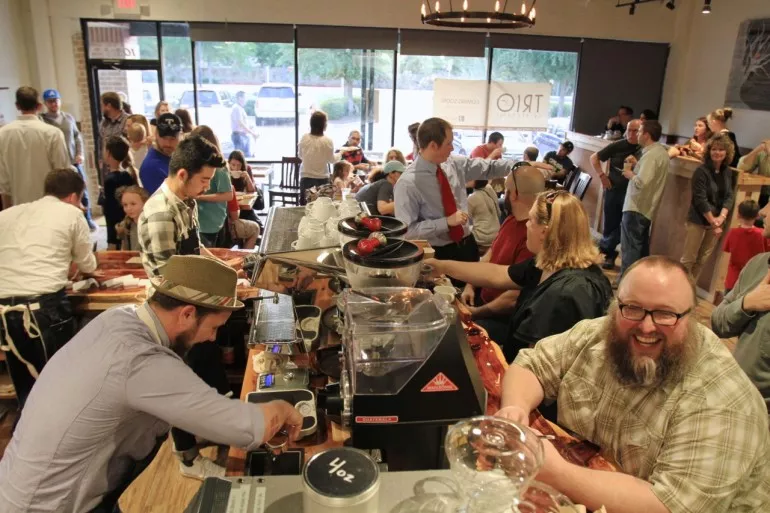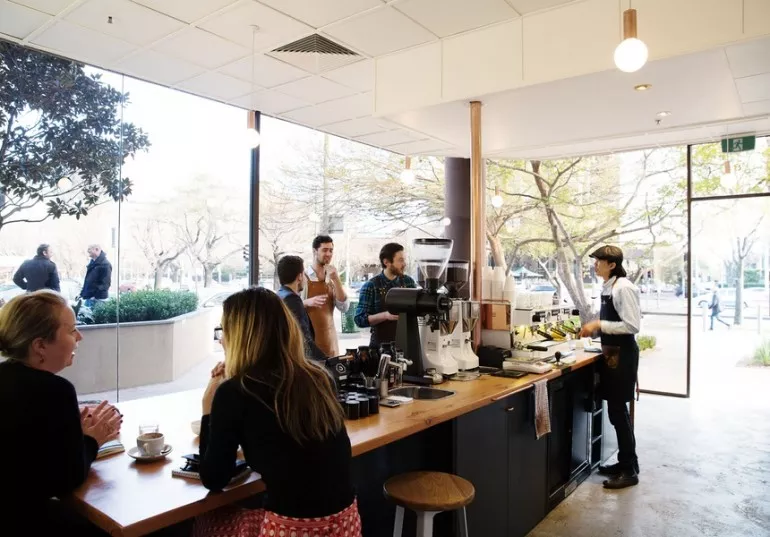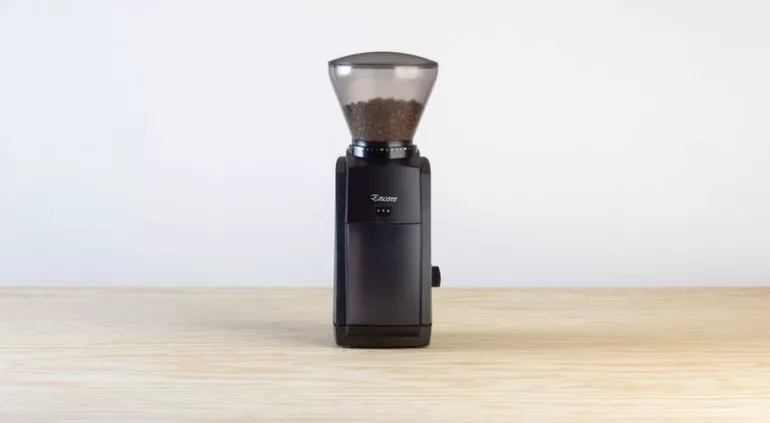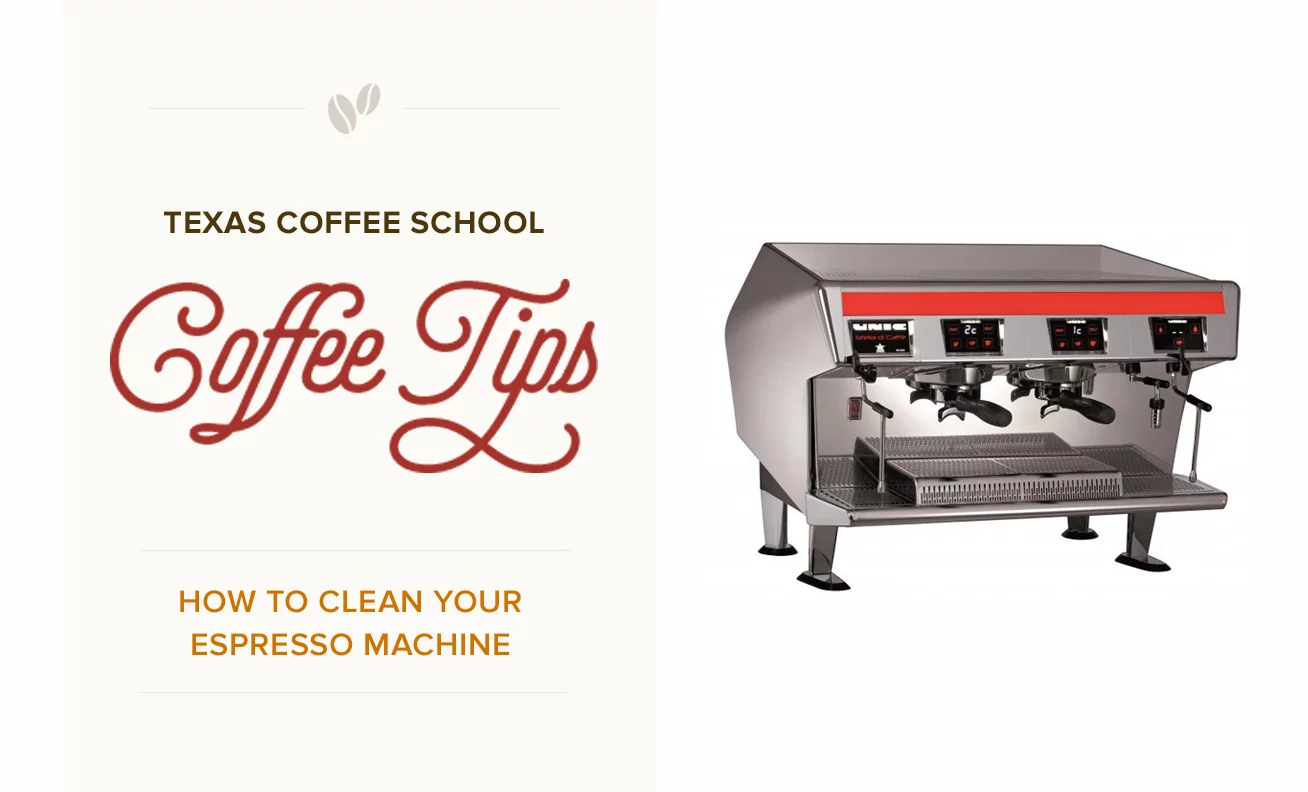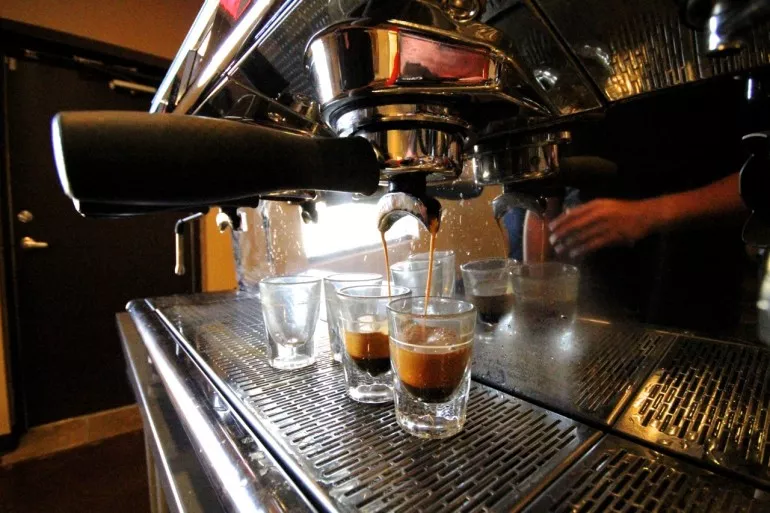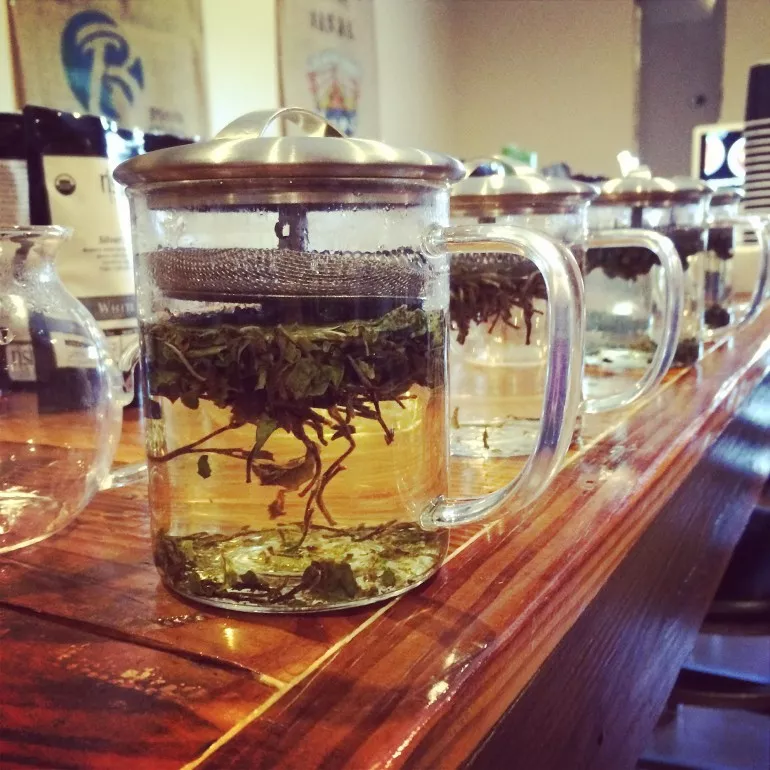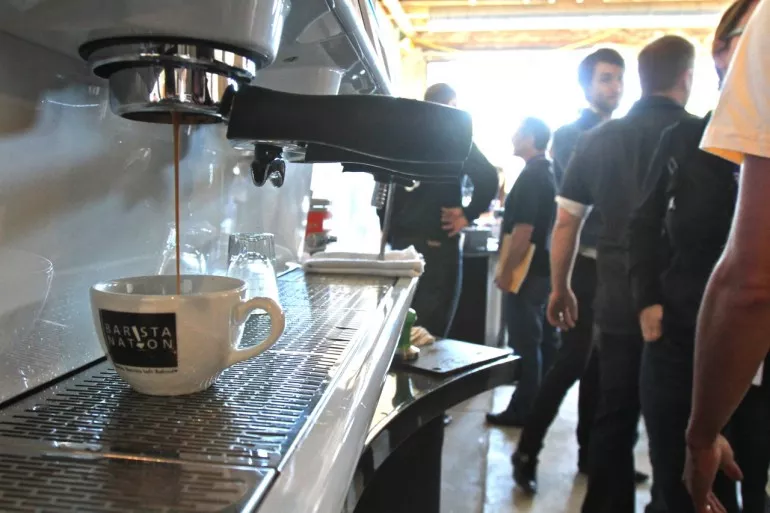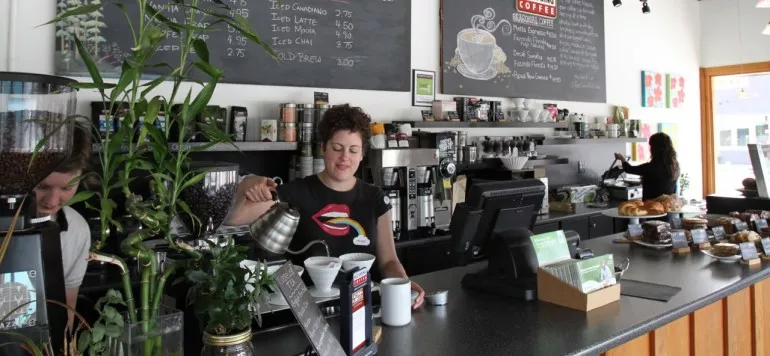
4 Reasons Coffee Shop Owners Burn Out (and How to Prevent Them)
How to Avoid Burnout for Coffee Shop Owners
More entrepreneurs and thought leaders are talking about burnout than ever before, and for good reason. Burnout can lead to business decline, exhaustion, and even physical symptoms. It’s something that coffee shop owners should catch and address before it’s too late.
Luckily, there are ways to prevent burnout and focus on your mental health for the sake of your business. Read on to learn about four potential causes for burnout and how to prevent them.
You’ve Lost Sight of the Vision
Ever heard the saying, “You can’t see the forest for the trees”? It’s when a person or business is so focused on the little details—the trees—that they can’t see the big picture—the forest.

The truth is, running a small business or coffee shop is hard work. You’ve invested a lot of money and hope to see a return. Profitability ebbs and flows based on the season and even the time of day. You might feel like you’re stuck in survival mode.
When we feel that the big things are out of our control, we tend to laser focus on the small things instead. Q1 profits might be unpredictable, but at least the shift schedule is perfect and the counters are scrubbed clean. Sound familiar? It’s a telltale sign that you might be working in your business, not on your business.
The thing is, those “tasks” could be absorbed into a “system” of processes your team handles as part of their daily duties. Your job as the cafe owner is to focus on the big picture. If you’re ready to look through a zoomed-out lens, here are a few tips on how to scale and grow your coffee shop:
Develop, test, and refine, an operations system to run your business. Then you manage the system. This enables you to get out of your own way and let the system absorb “tasks.”
How to Develop a Coffee Shop Operations System
- Start by writing down every single thing that needs to happen in a normal business day in the most efficient order to be doing it, and at what time.
- Now write down trigger events so when they occur, the system has a response (i.e. if a trash can is more than 50% full, we empty it.) This enables you to get out of reactive management (i.e. “Hey! I need you to go empty that trash can.“) and into proactive management (We check the trash cans every 15 minutes as a part of our normal daily duties).
- Once you have a daily system of processes, you begin developing a weekly system of processes for things that need to happen on a non-daily basis (i.e. schedule creation, ordering product etc.).
- Once you have a weekly system of processes, you create a monthly, quarterly, and annual system.
- Be sure to provide the finished written system processes to employees so they know what’s expected of them, how it needs to be done, and when to do it. This will eliminate many operational breakdowns, miscommunications, and frustration both ways.
- Once you’ve deployed your system, you can hire a manager to manage your system.
Critical Tip:
Don’t commit the classic mistake of expecting a manager to develop your system for you! That isn’t their job or their skillset. Their title is “Manager of Operations” not “Systems Developer.” It’s your job as coffee shop owners to develop the system they are expected to manage. If you don’t provide them a system to manage they will always be in reactive mode, never proactive mode. This is a recipe for extreme frustration going both ways! Eventually, you’ll be inclined to blame them for running your business into the ground, but in reality, it was your fault because you didn’t set them up for success.
Here are some more tips for successful coffee shop management. We also have an immersive class for learning how to manage a coffee shop.
Once your coffee shop has a strong foundation, you can get out of survival mode. The little things will be taken care of as your coffee shop becomes more efficient.
You’re Not Managing Your Finances
Another reason coffee shop owners burn out is if their finances aren’t in order—leading to constantly chasing down numbers and wasting dollars. A financial plan help reduce stress about where your money goes.

Here are a few steps to help get your finances on track:
Set effective menu prices.
A sure way to keep your profit margins in the black is to calculate menu prices based on cost, not instinct. The cost of goods sold (COGS) includes the ingredients that go into making an item, like the cost of coffee beans, milk, syrups, cups, and shipping. It also includes waste and theft.
Calculate your labor budget.
A coffee shop’s cost of labor is the sum of wages paid to employees. It will vary based on the number of employees working at a given hour and your chosen hourly rate.
It helps to calculate the labor budget based on a percentage of sales. This way you aren’t over staffed on slower days and losing money. Look at sales reports day-by-day, hour-by-hour and schedule labor coverage based on your budget. If sales ever dip below projected sales, it’s a good idea to send some people home to ensure you aren’t losing any profit you made for the day. Eventually you will compile significant sales data to make more efficient schedules from.
Create an inventory management system.
If your storage room overflows with expired products but there are no extra paper cups to be found, it’s time to build an inventory management system. You can set a “par,” or minimum amount of supply, for each item. Don’t let the stock fall below that amount. The goal is to have an appropriate amount of each product at any given time. This will also help you identify and reduce waste, which can save money and lead to greater profitability.
You’re Working Against Inefficiencies
Finally, swimming upstream will lead to burnout. And working against inefficient processes that waste time, money, and energy can certainly feel like that. But there are coffee shop operations best practices to the rescue!
Three common inefficiencies to avoid are neglecting to develop an operations system, improperly training staff, and having disorganized inventory. Take time to employ good systems so that you and your team can work smarter, not harder.
Not Maximizing Your Coffee Education
At Texas Coffee School, we’re serious about maximizing your investment so that you have more time and money left to pour into your business. We don’t want you to burn out before the work has even begun!
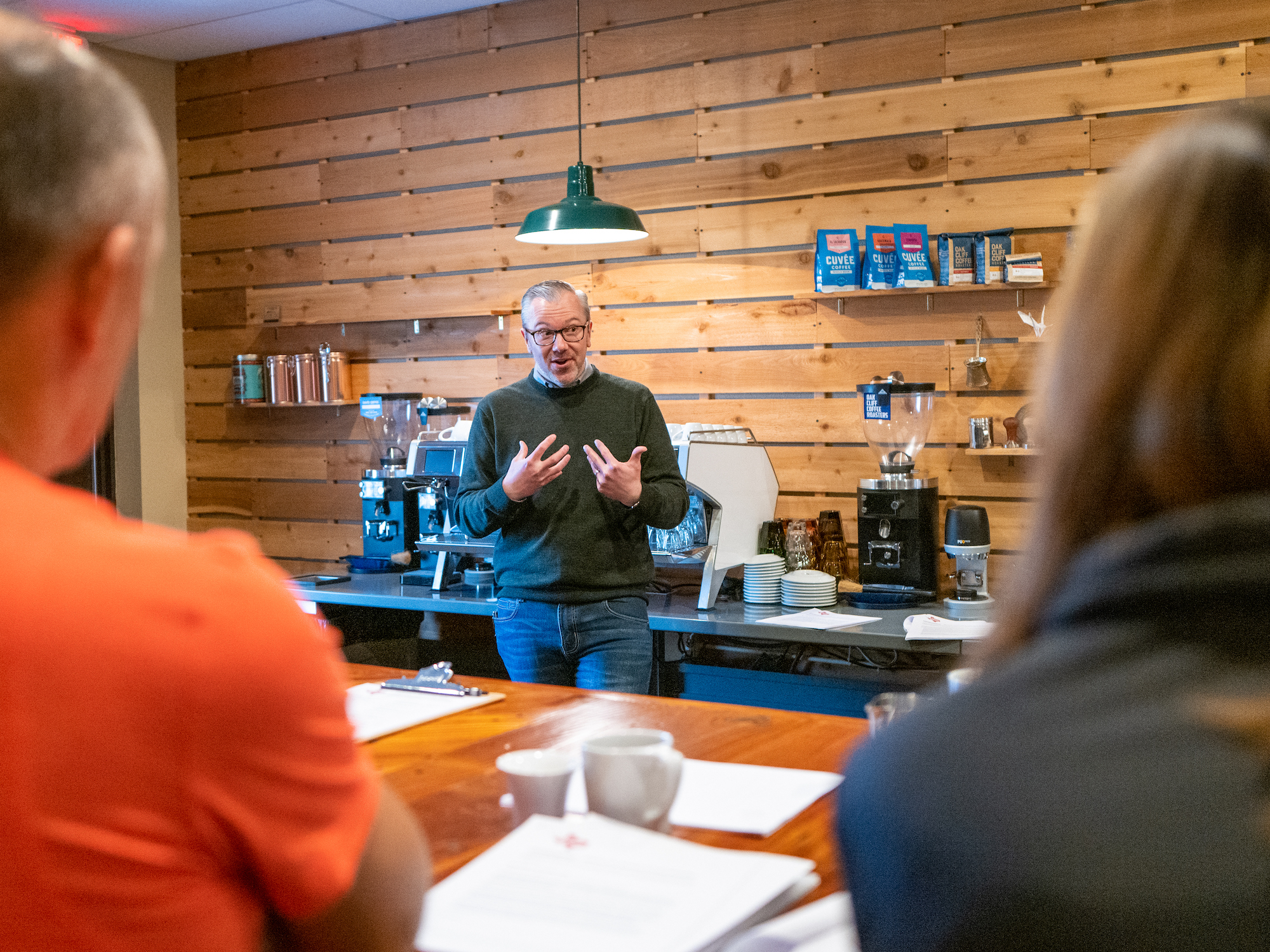
Instead of drawing out our 3-Day Coffee Business Master Class over additional days, we keep the course focused on things that actually matter. This way you save on tuition, hotel, travel, and time. Ready to learn about coffee shop ownership and get the most bang for your buck? Check our list of upcoming class dates and register today!
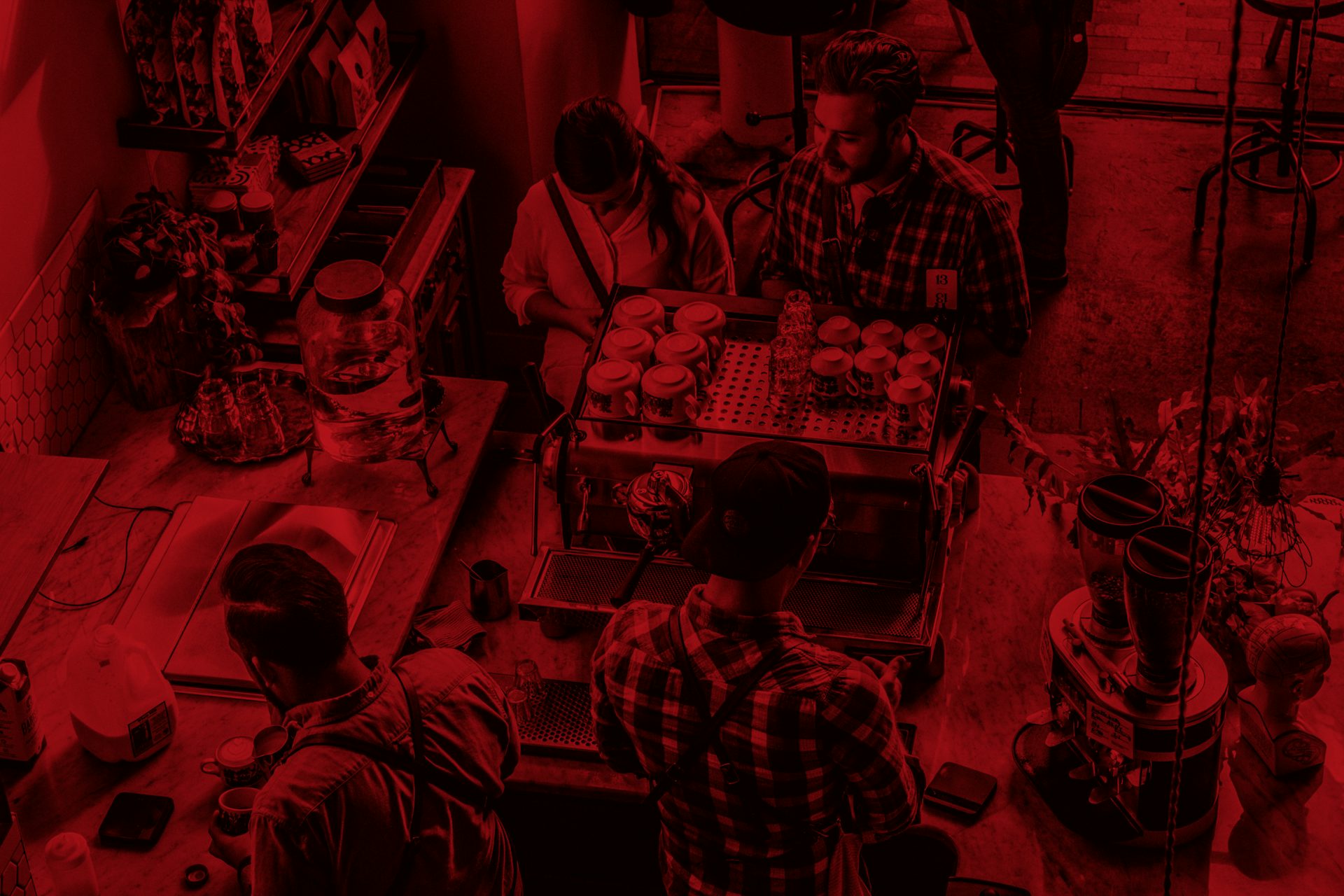
Register for a Coffee Class
The Best Coffee Training Available
We’ve helped hundreds of students successfully launch their own coffee shop businesses. Join us in our 5-Star Rated Coffee Classes, whether you’re an aspiring entrepreneur looking to open a coffee shop, a manager, a barista or home enthusiast looking to sharpen your skills.
